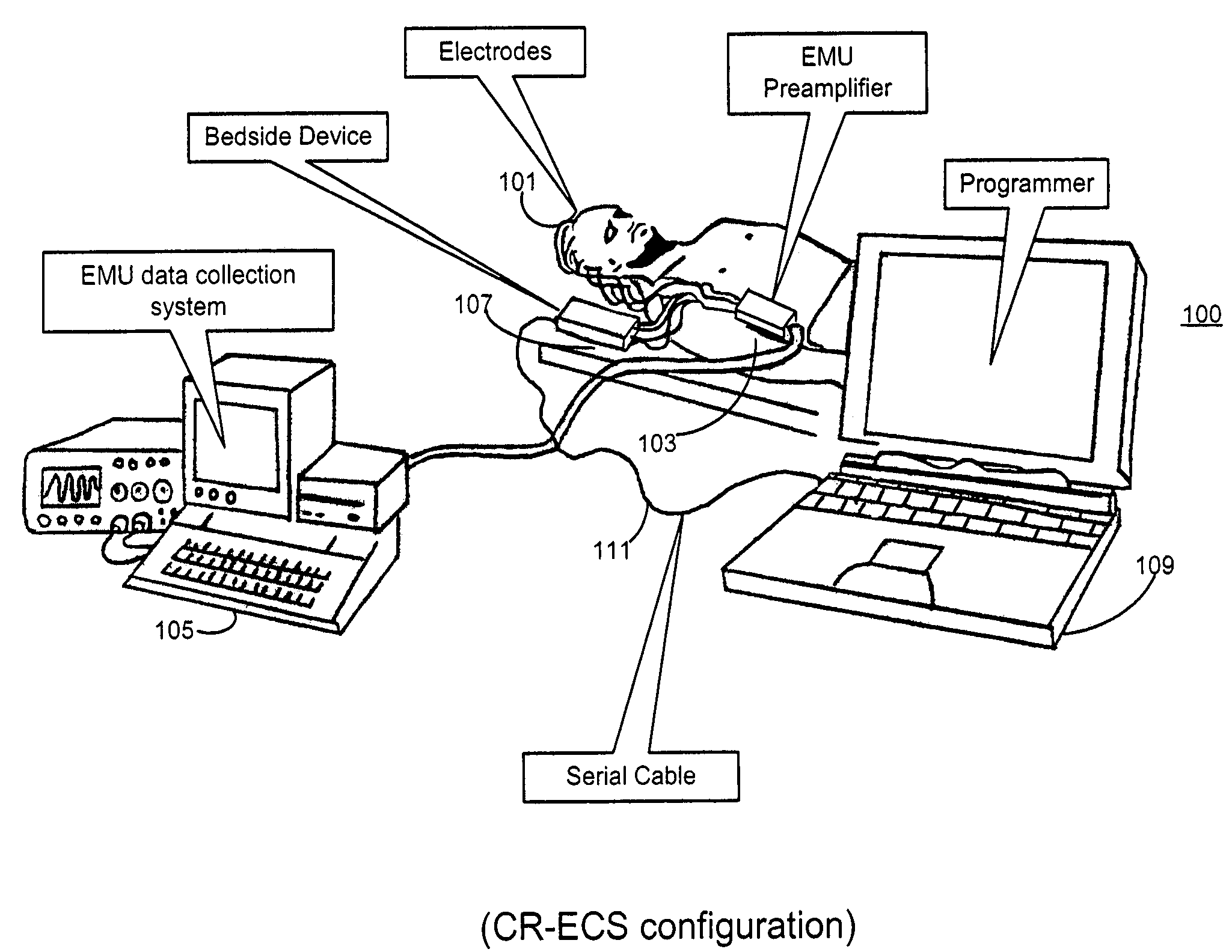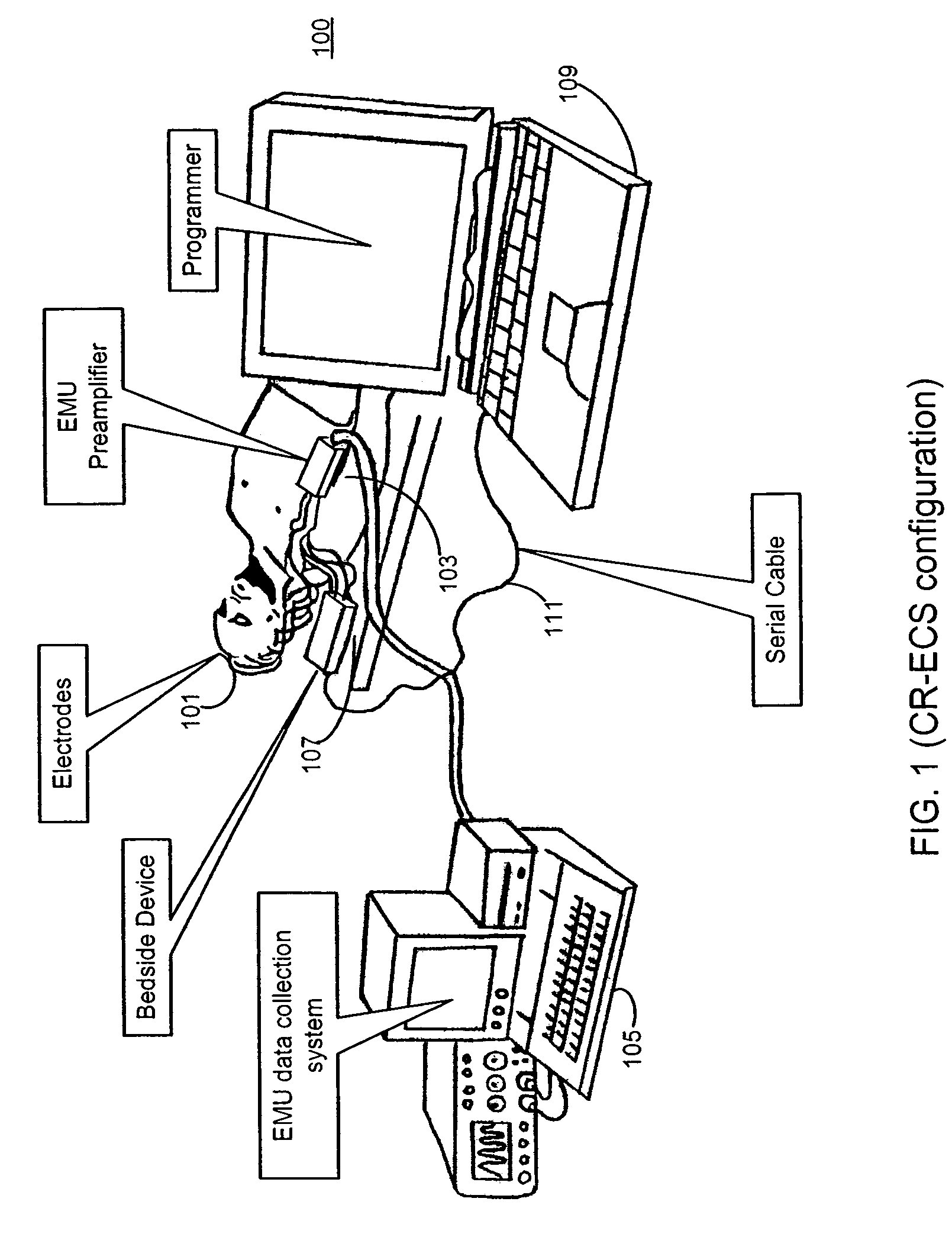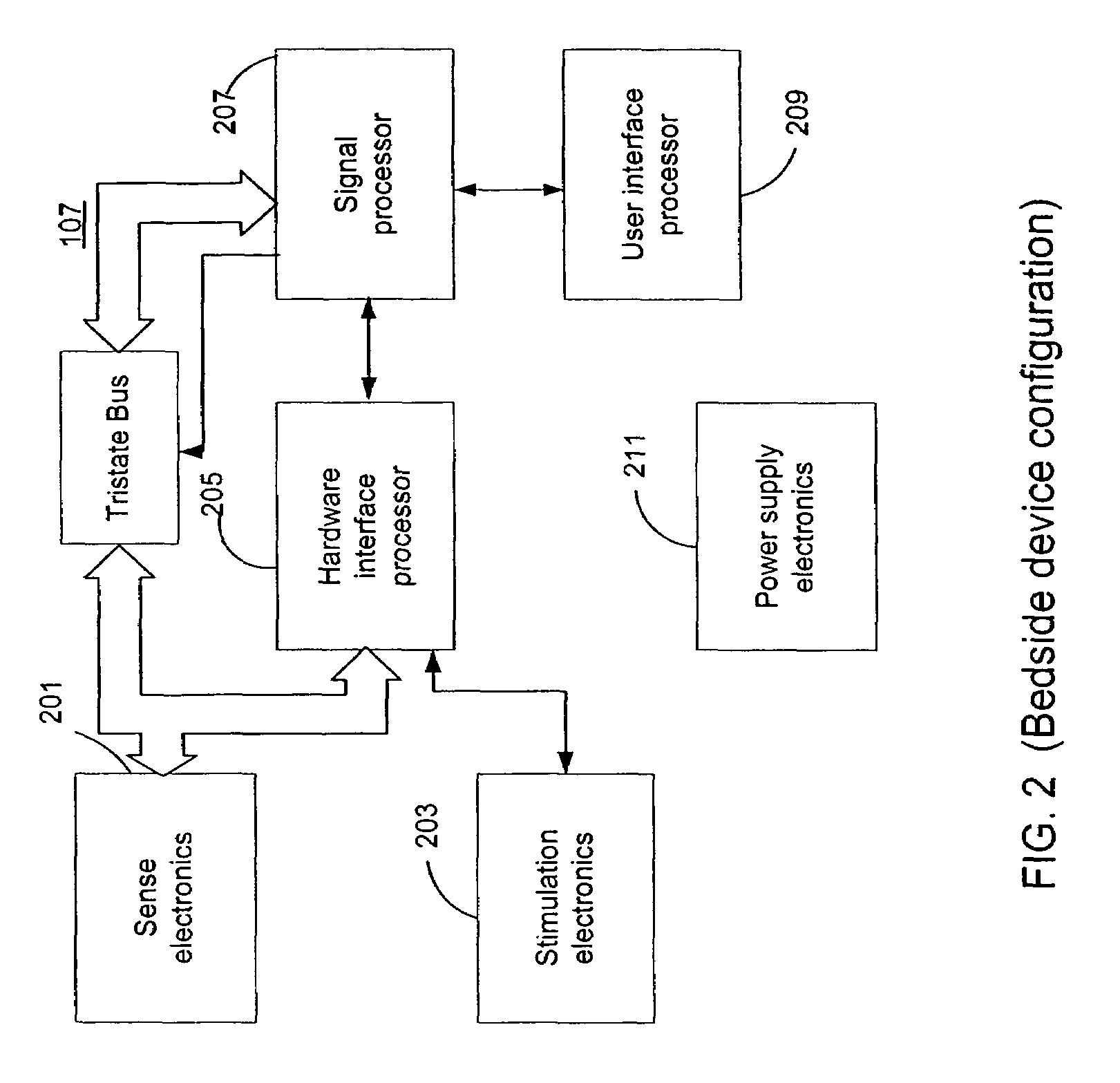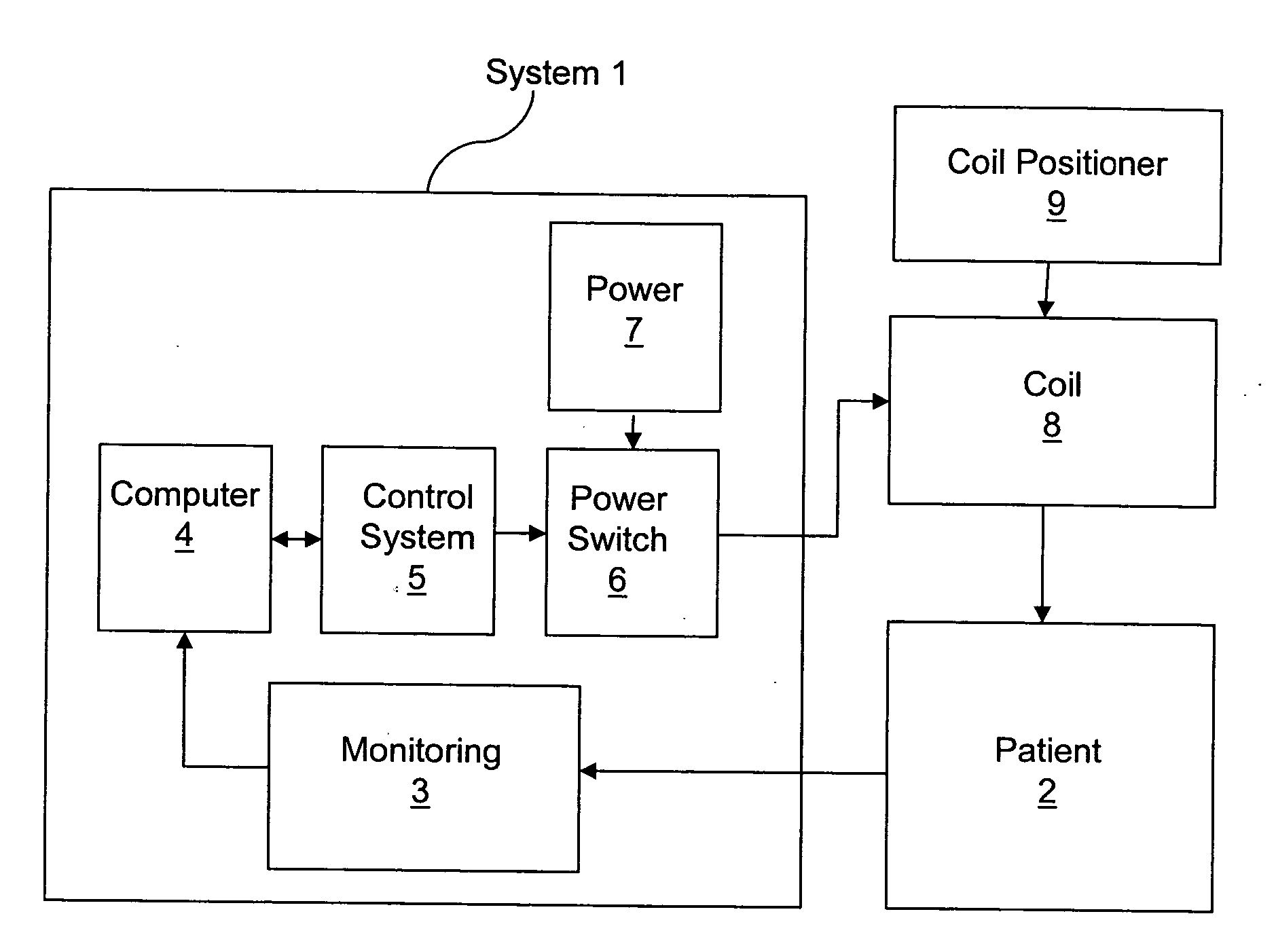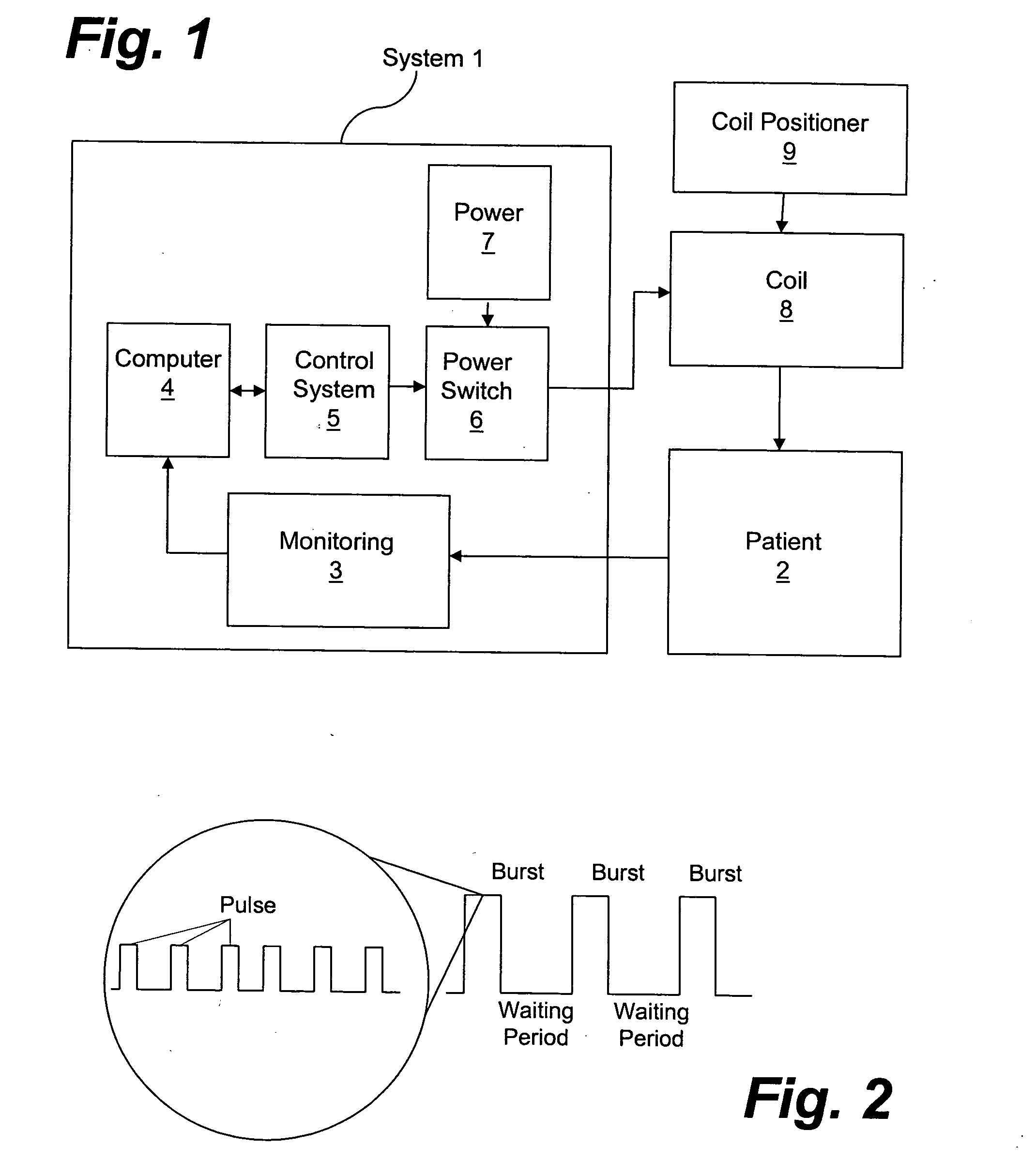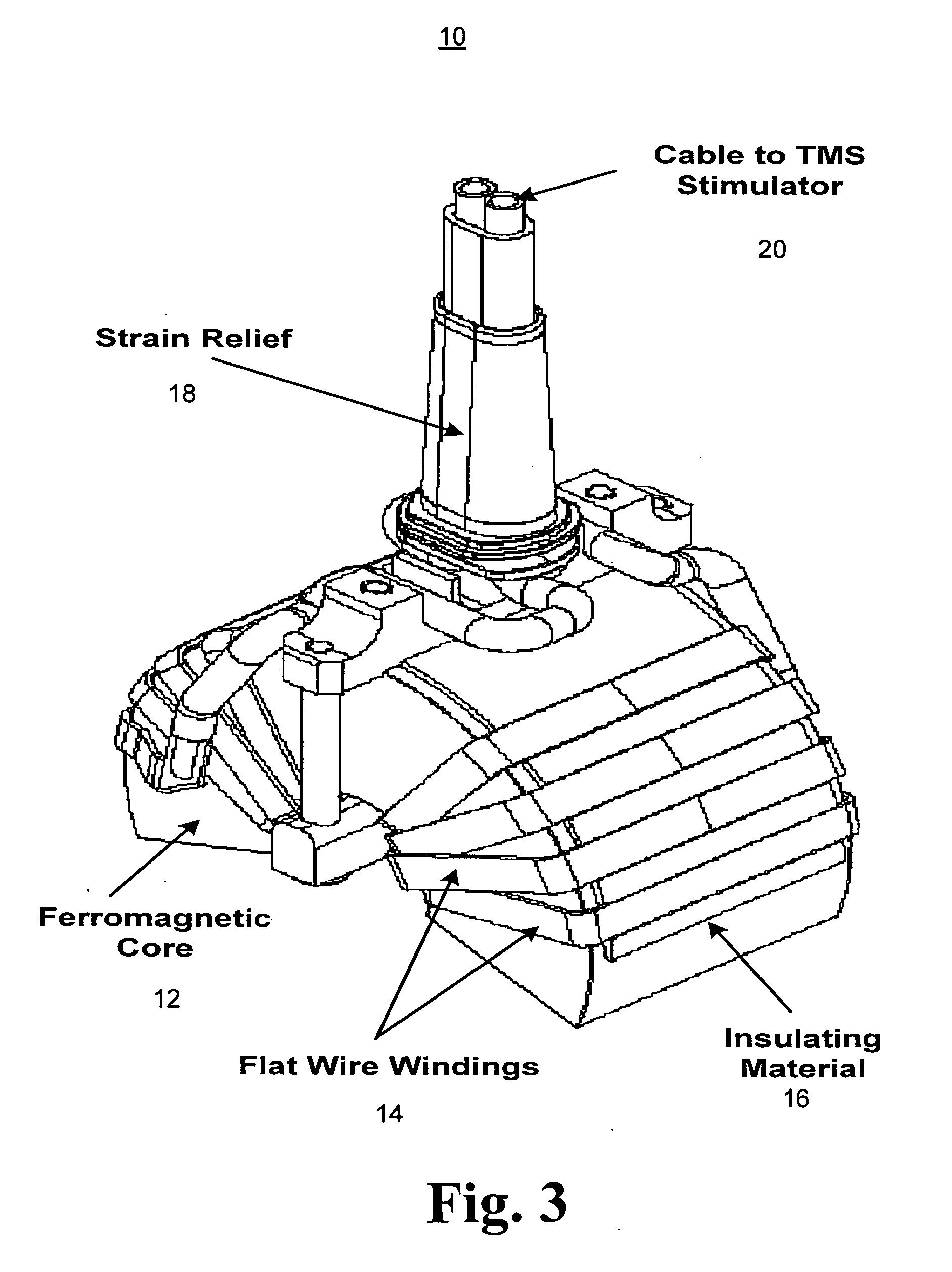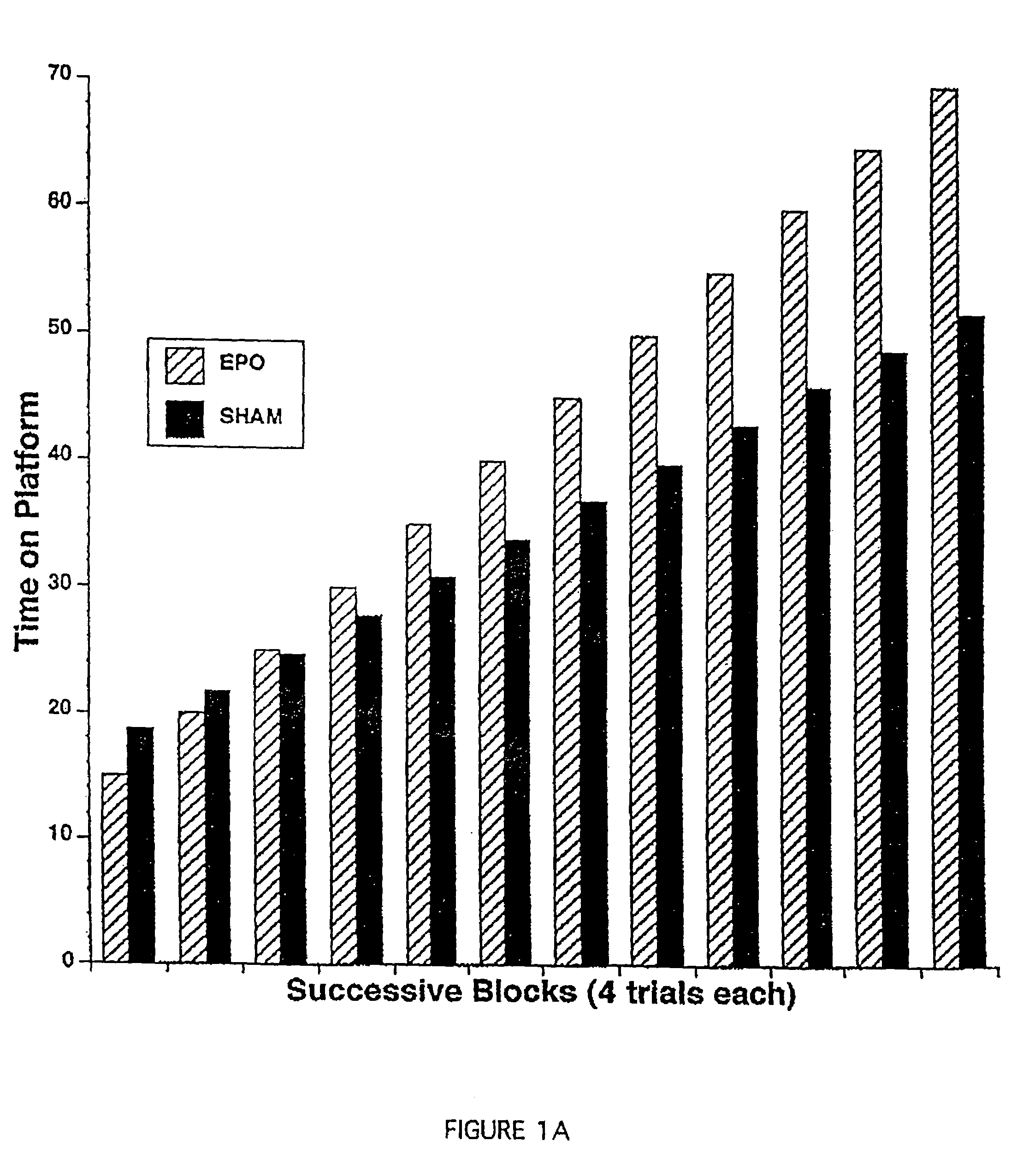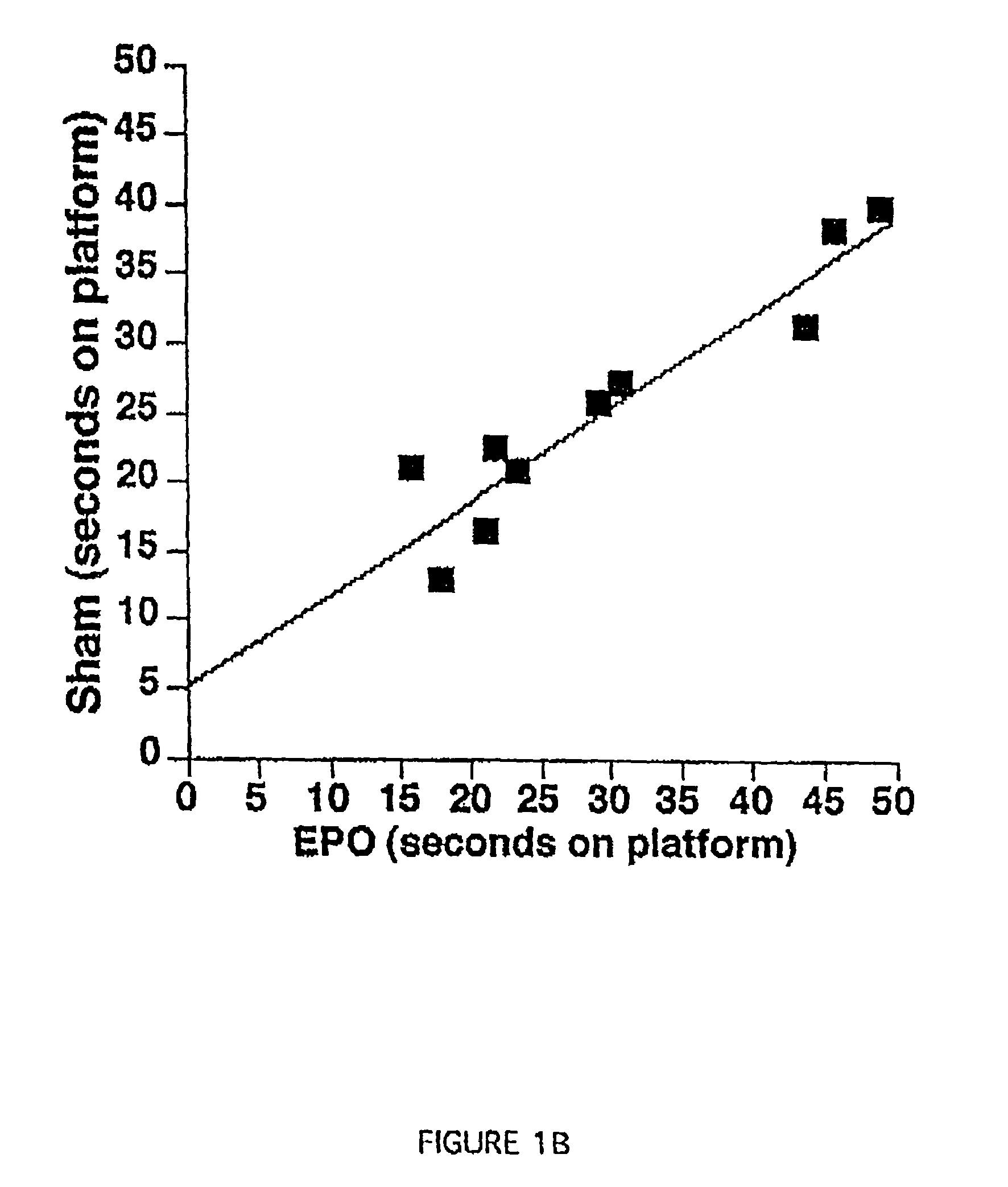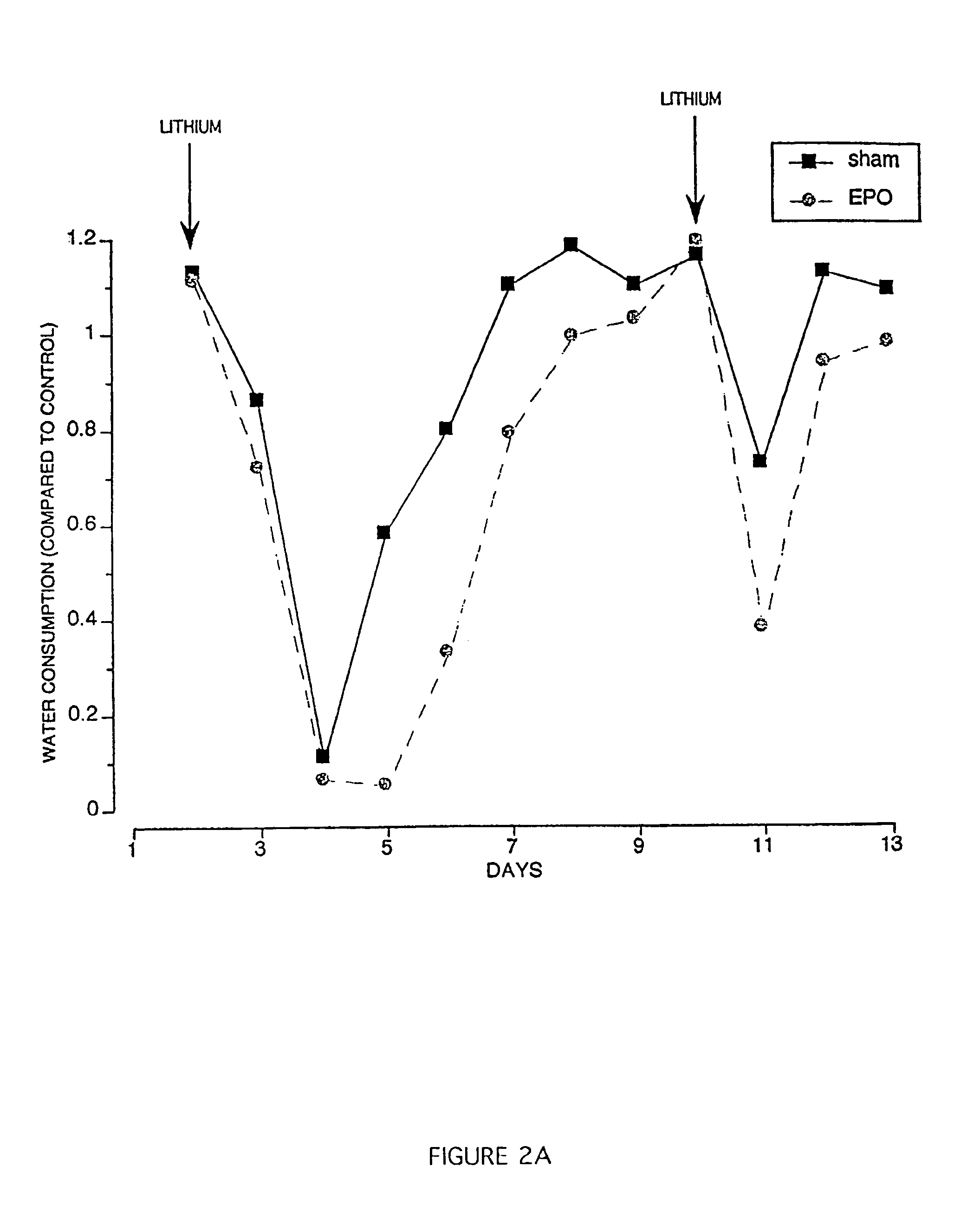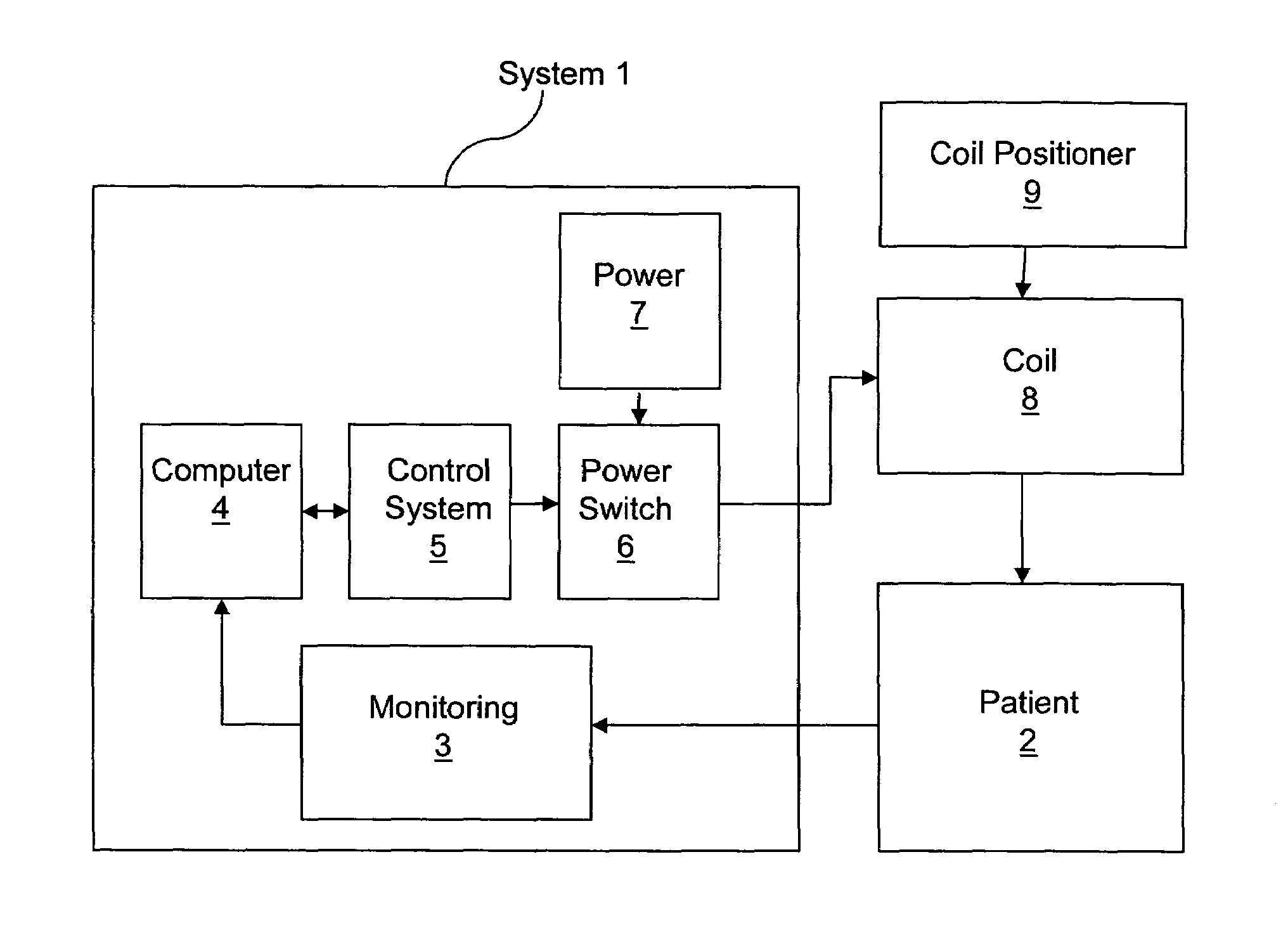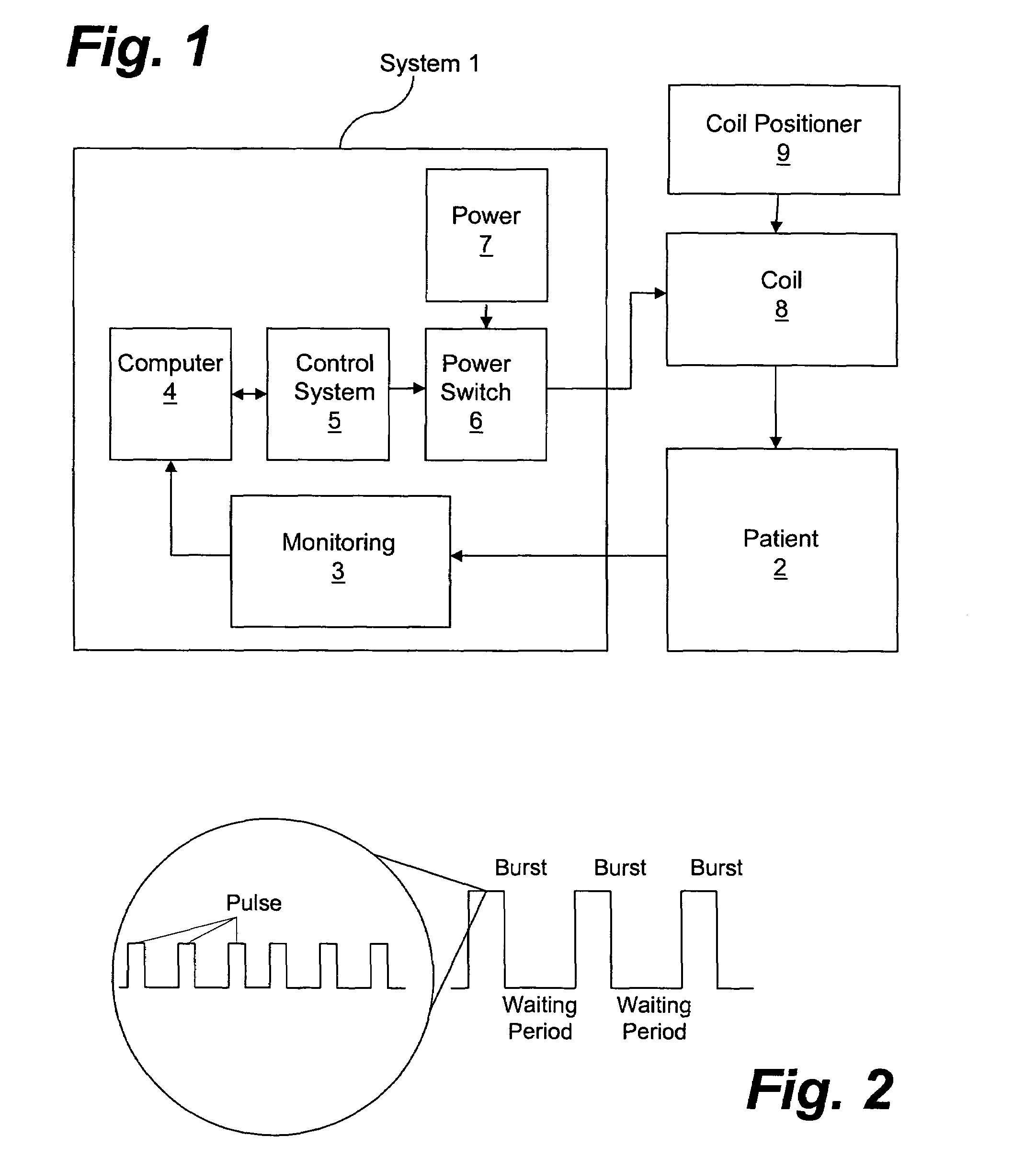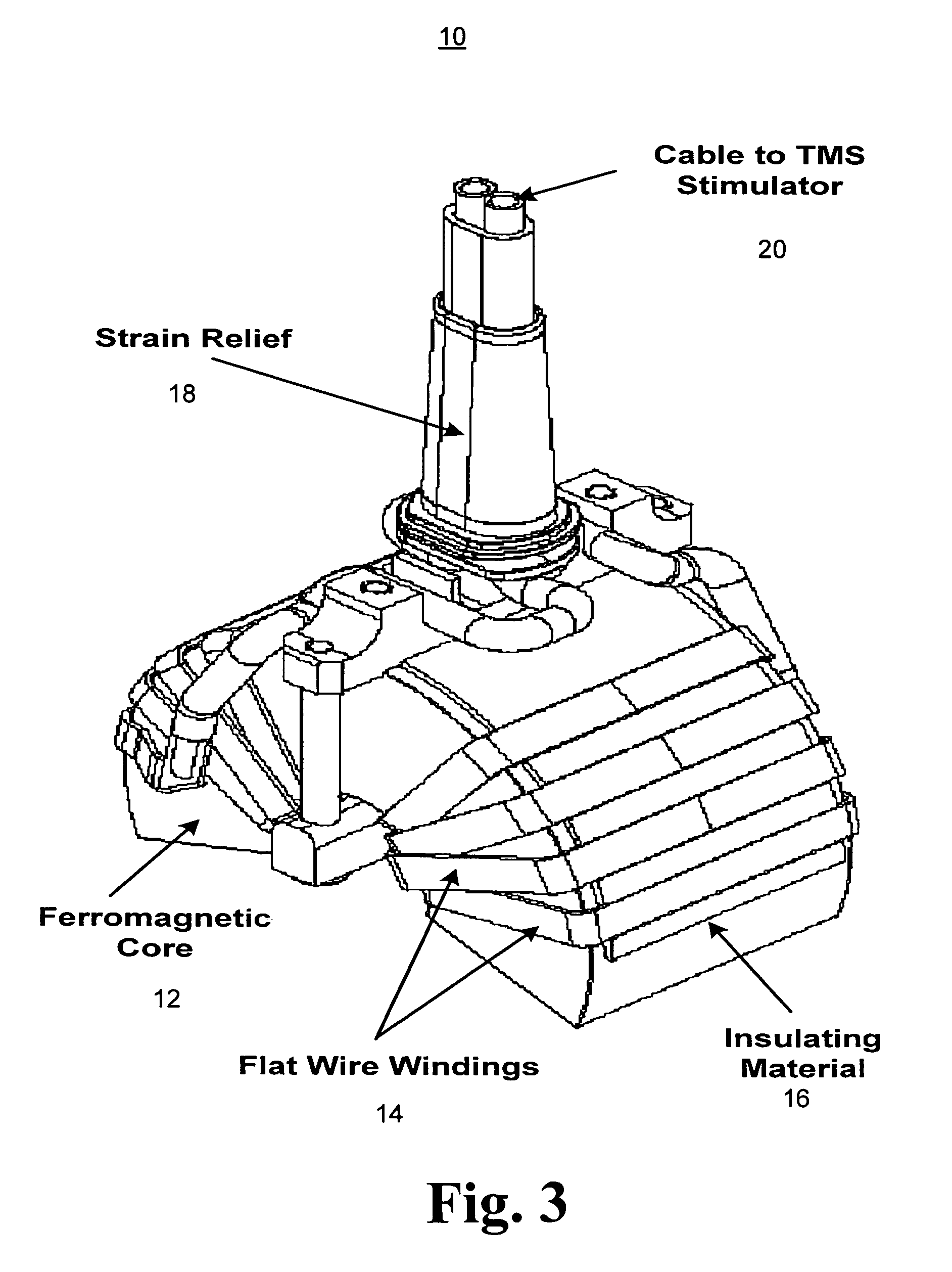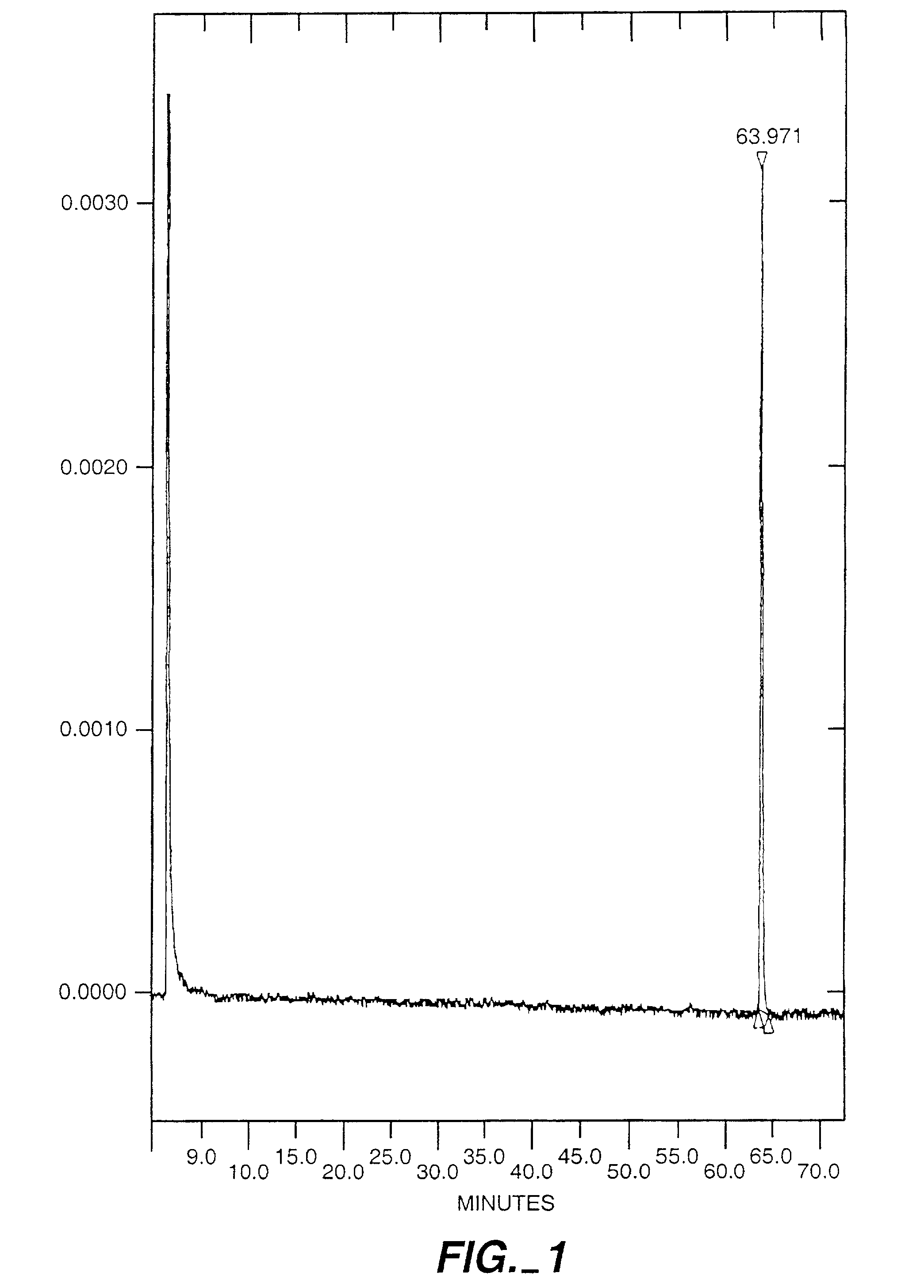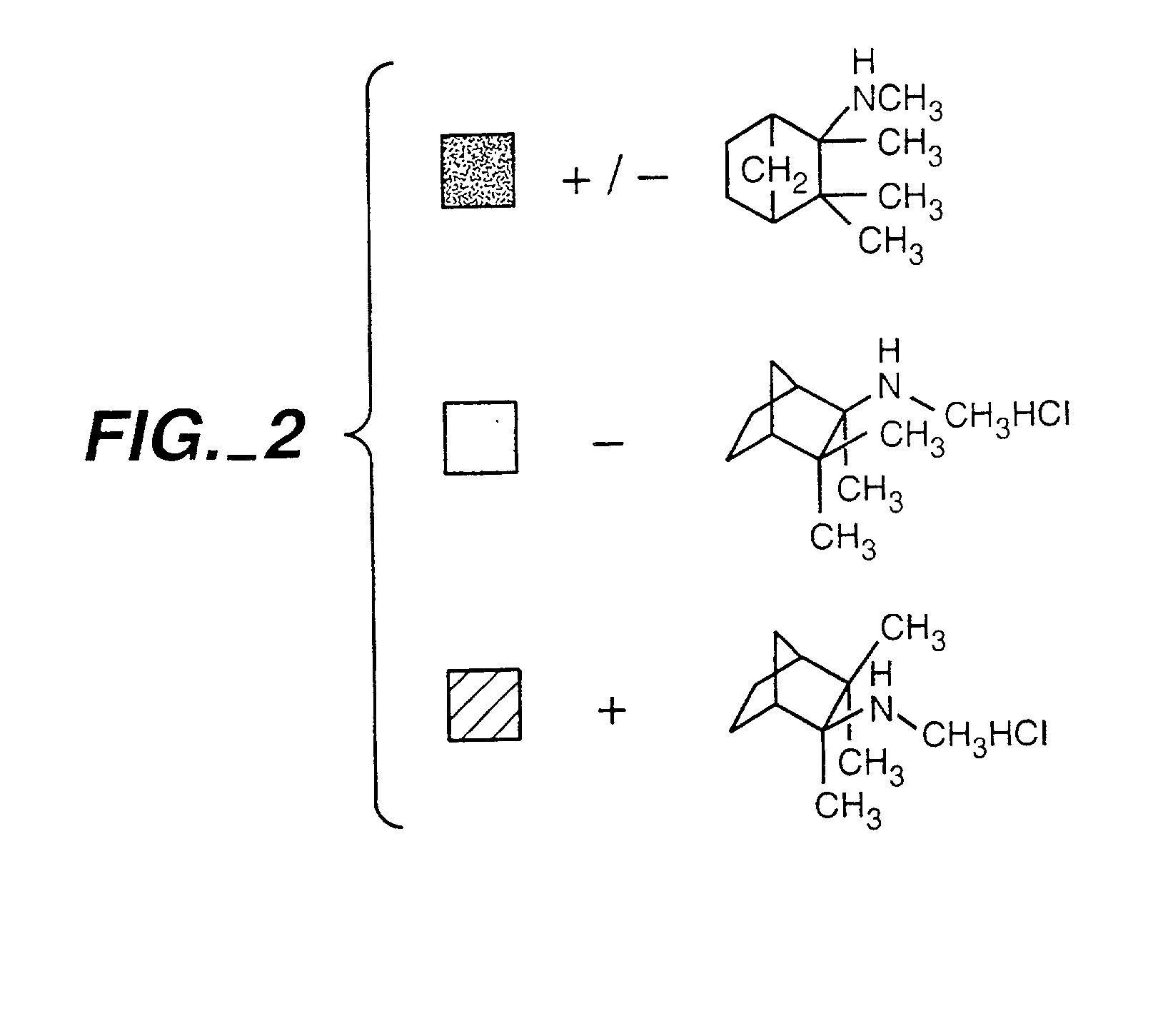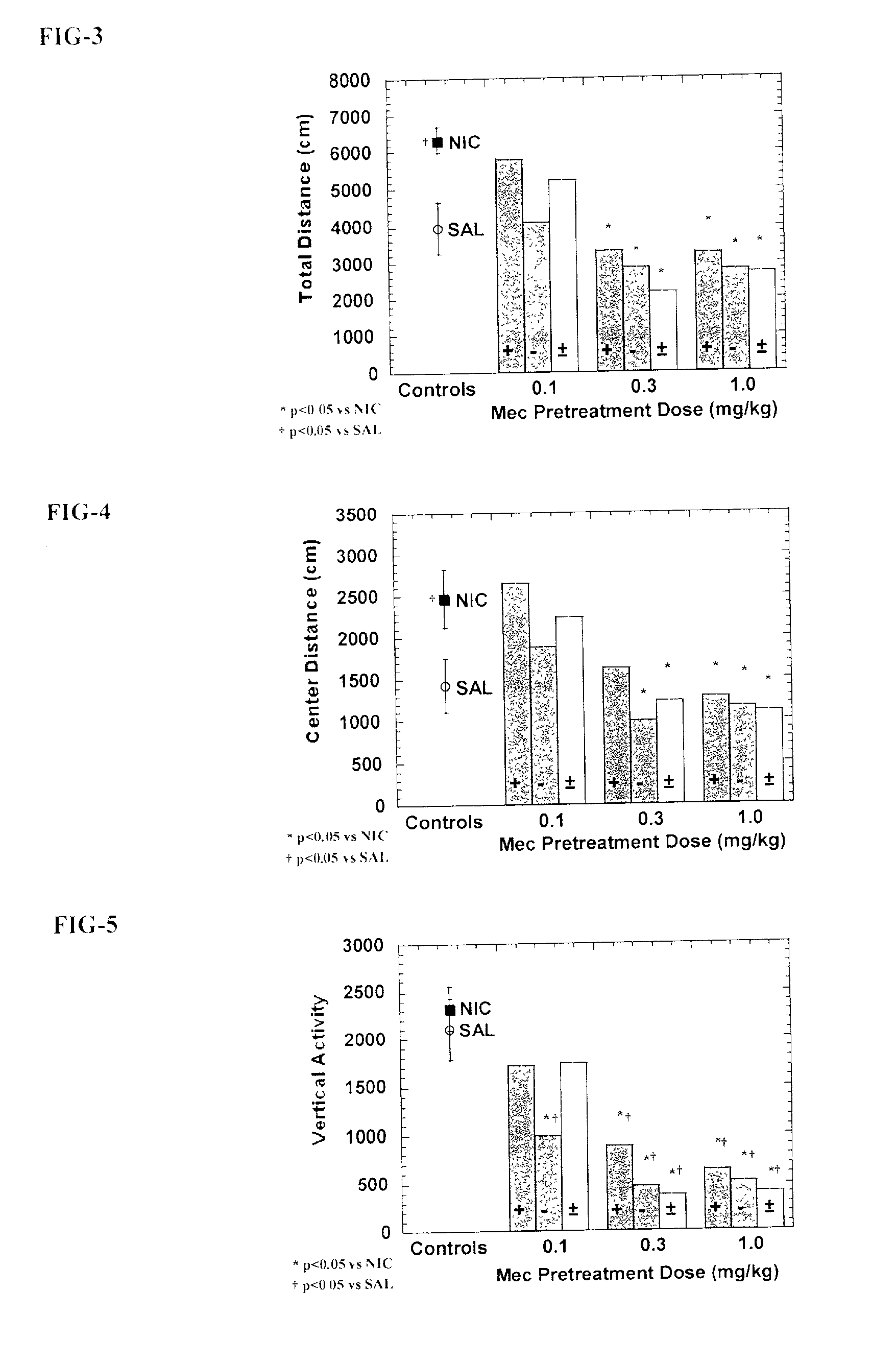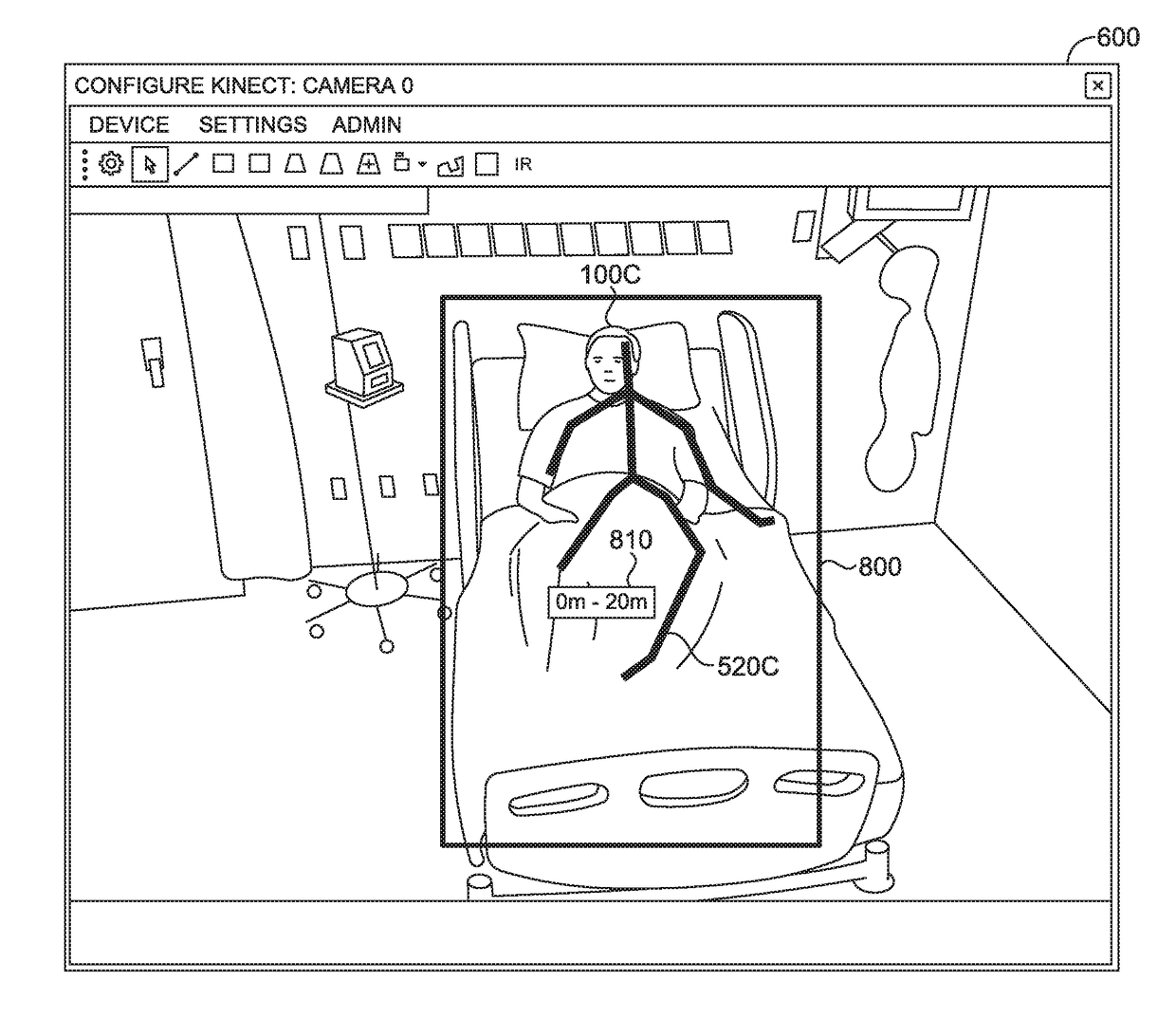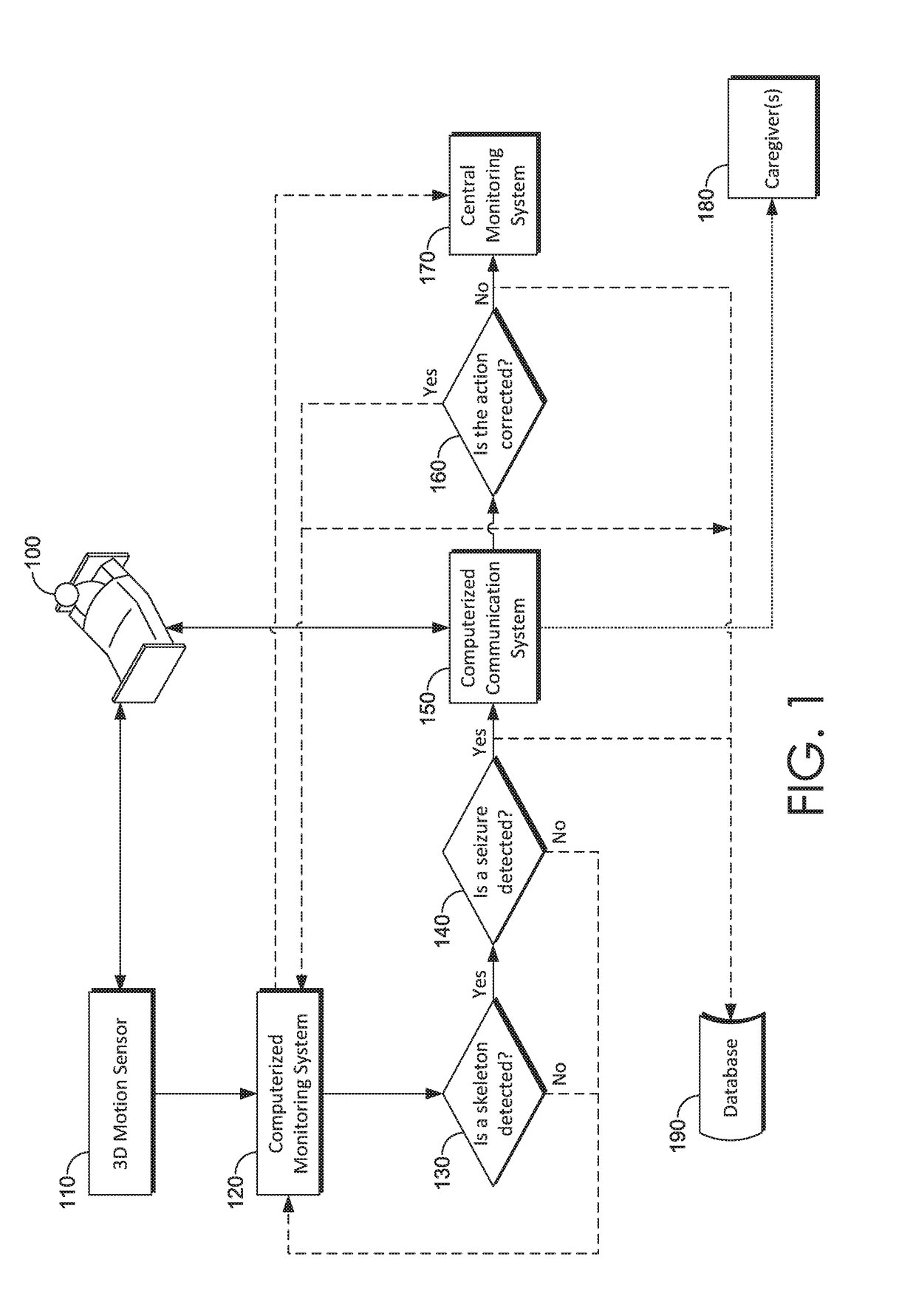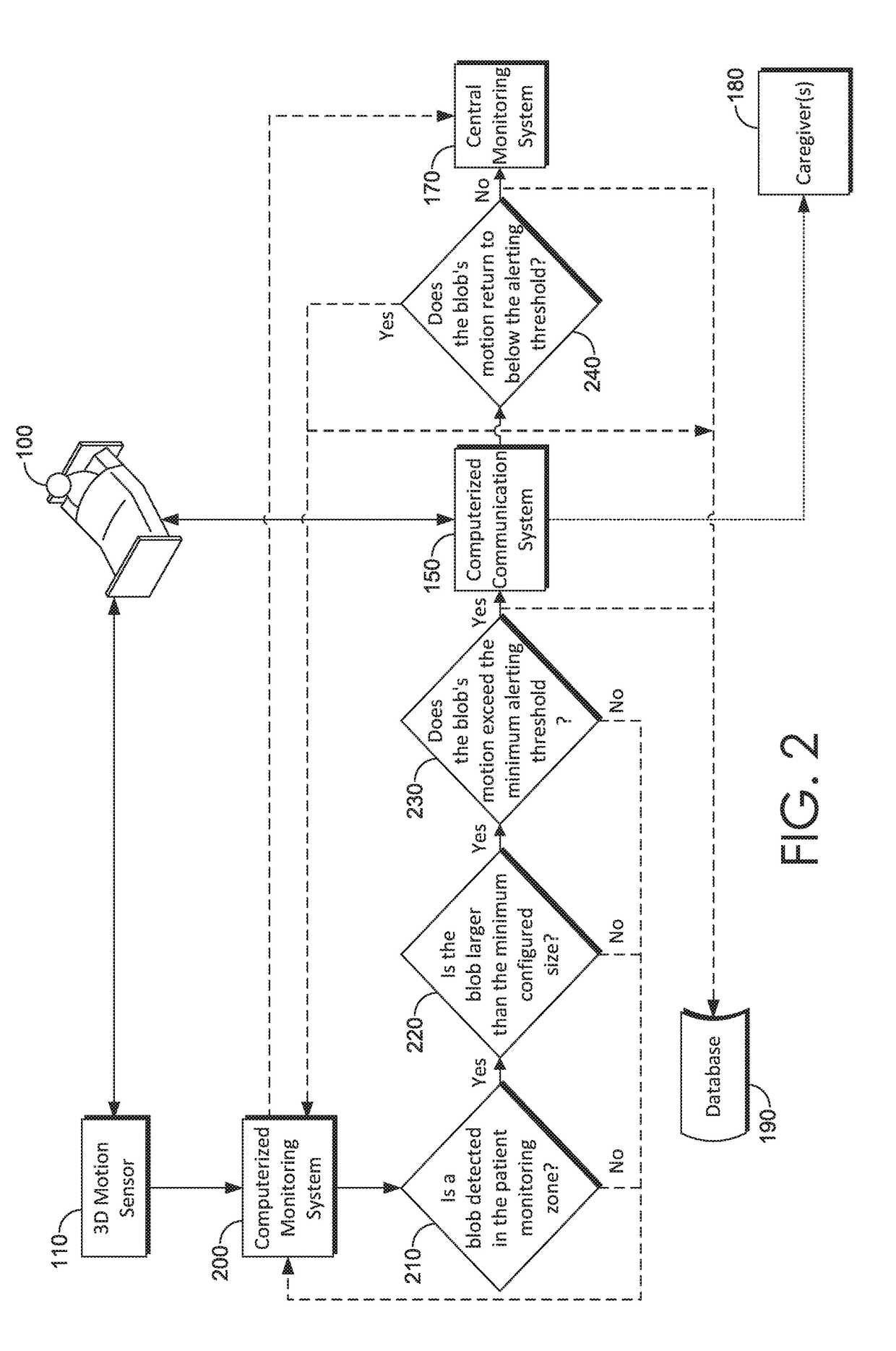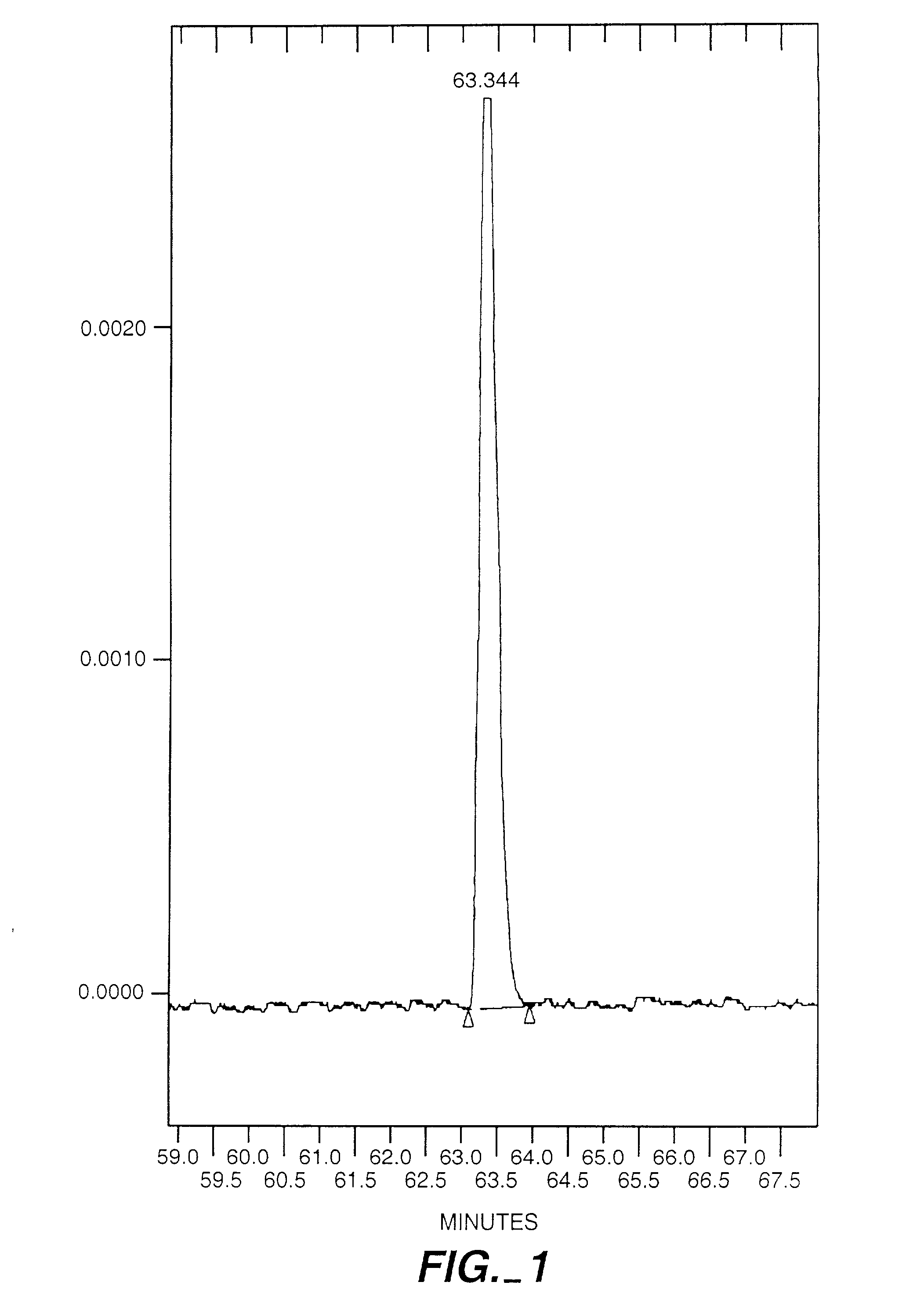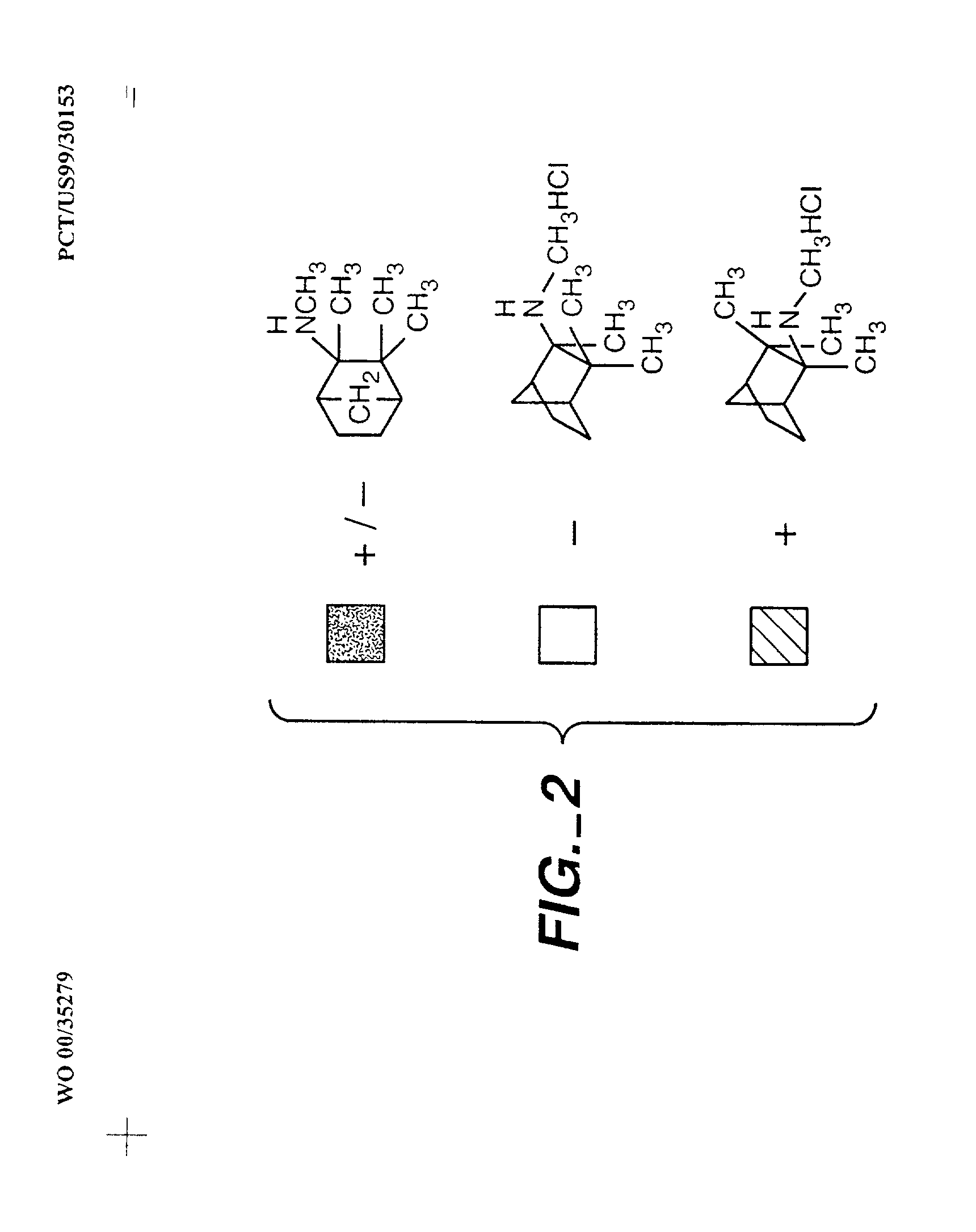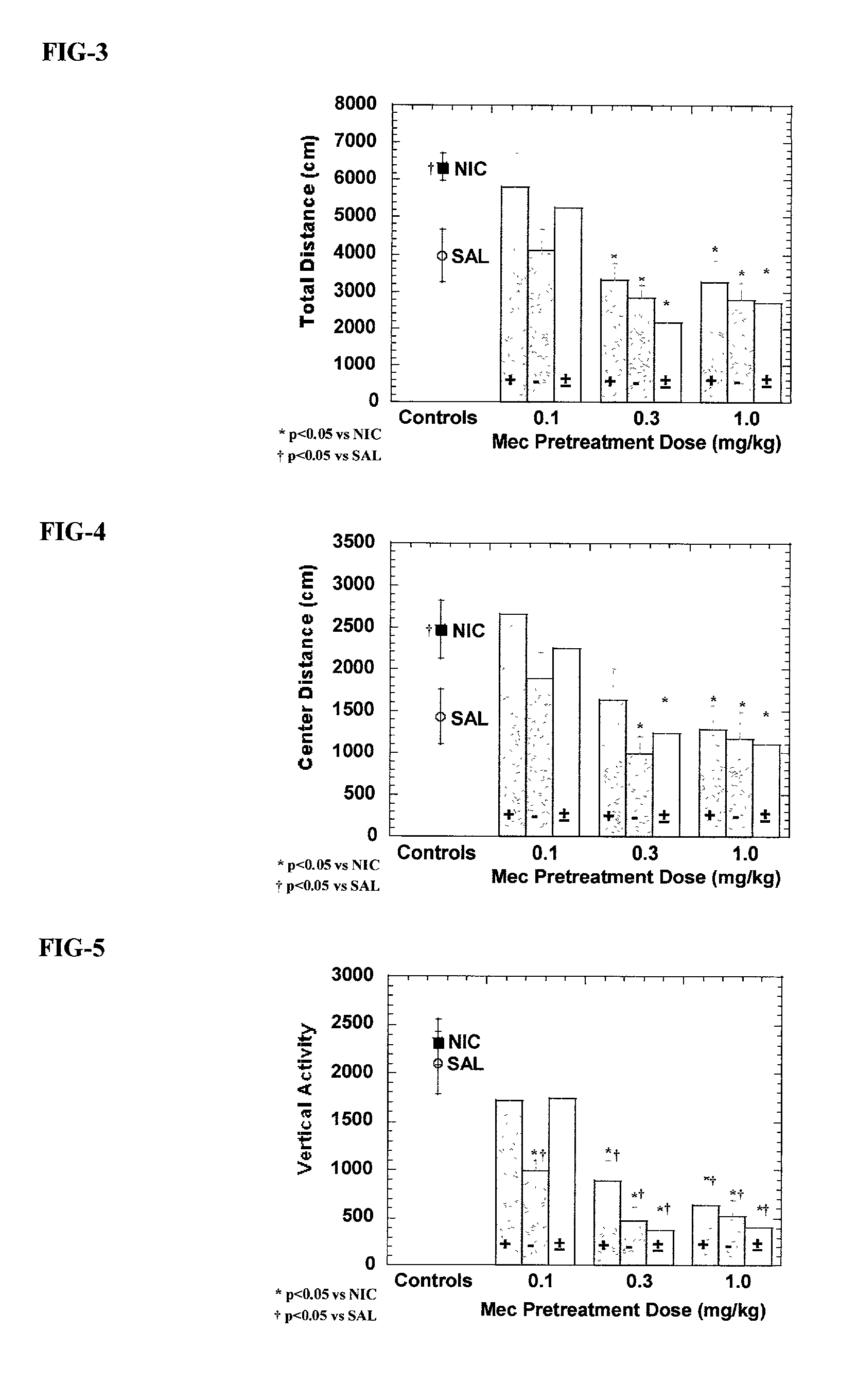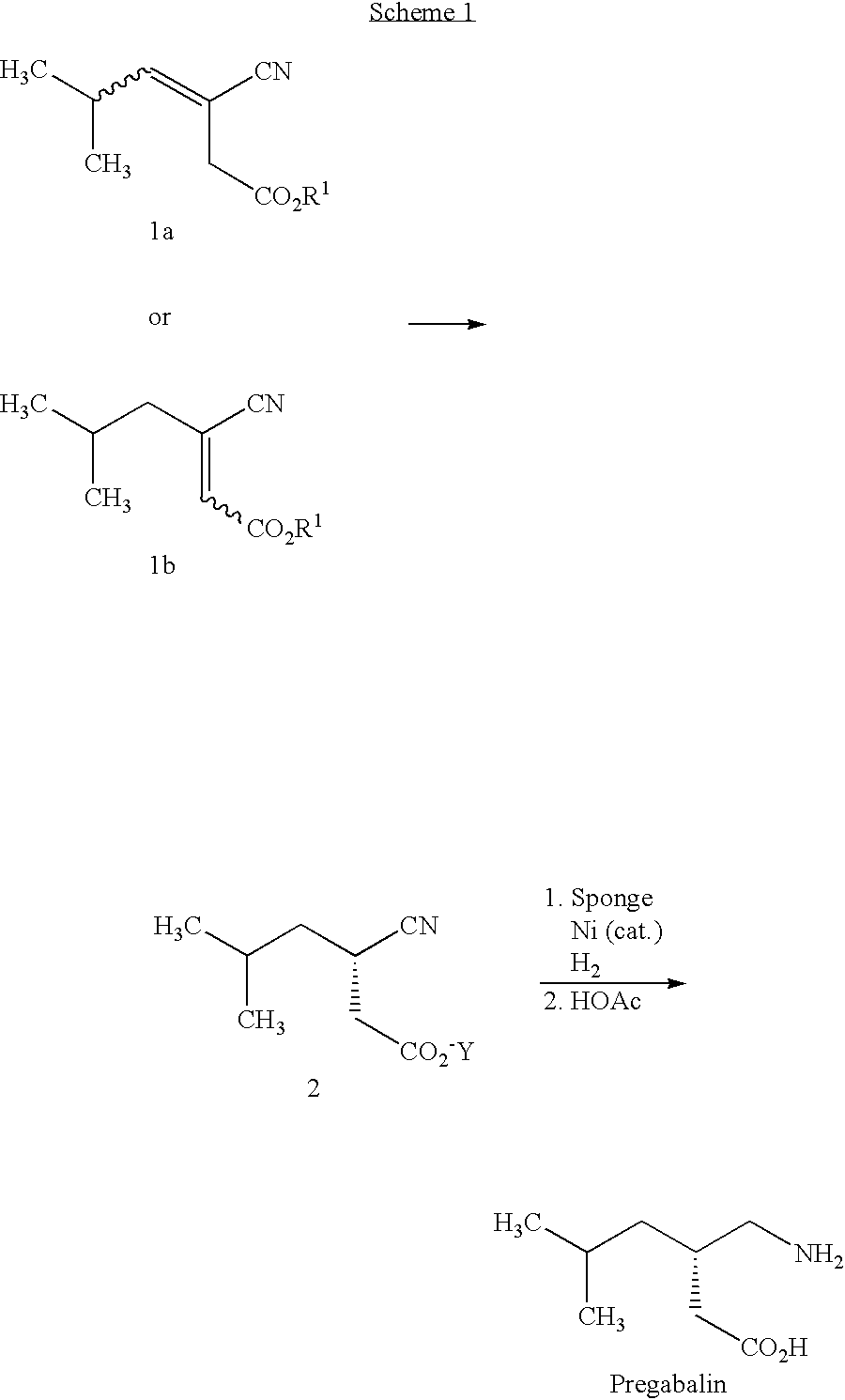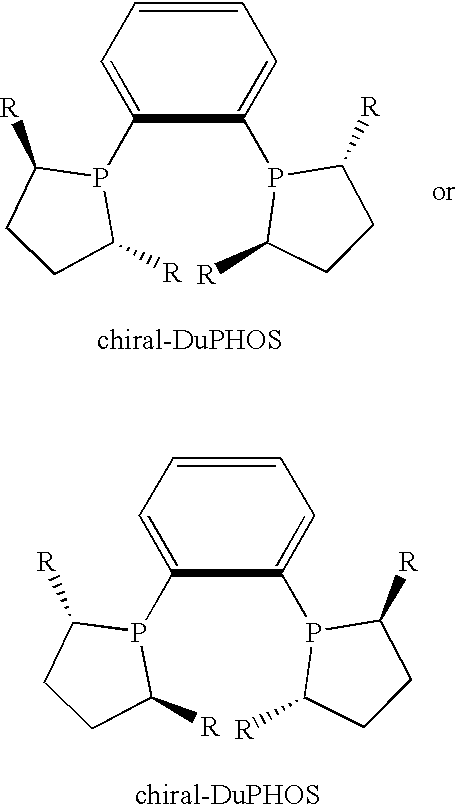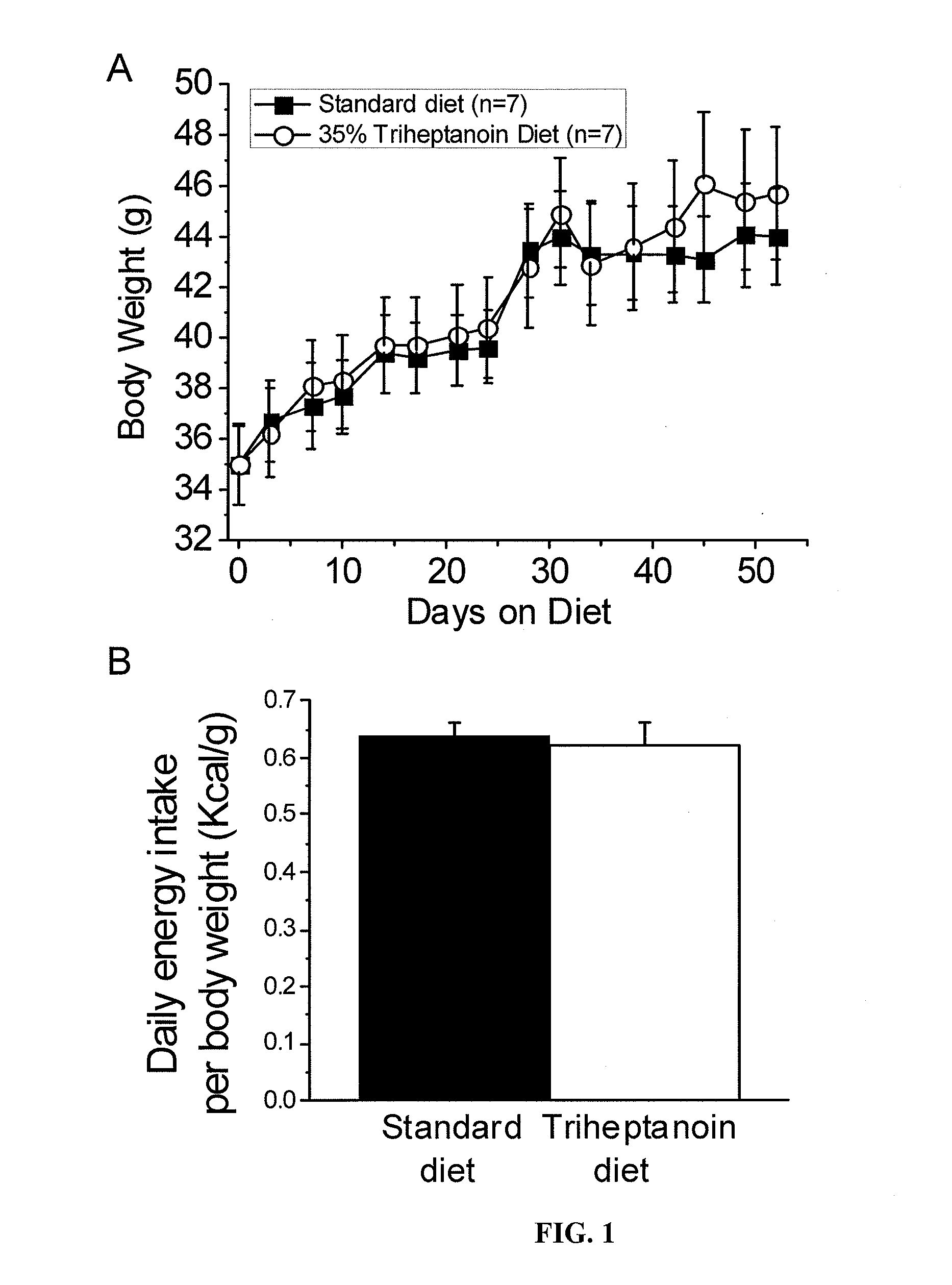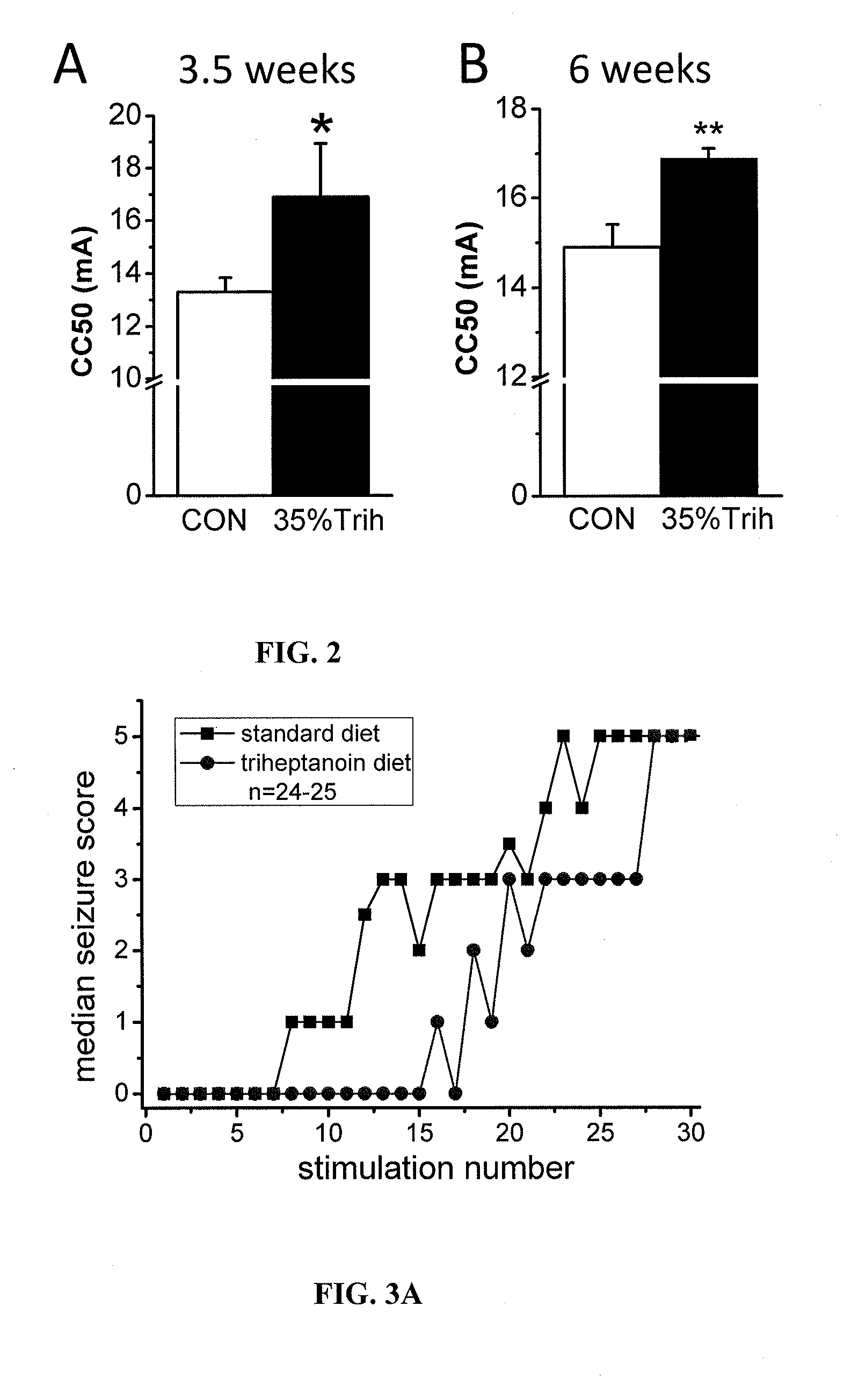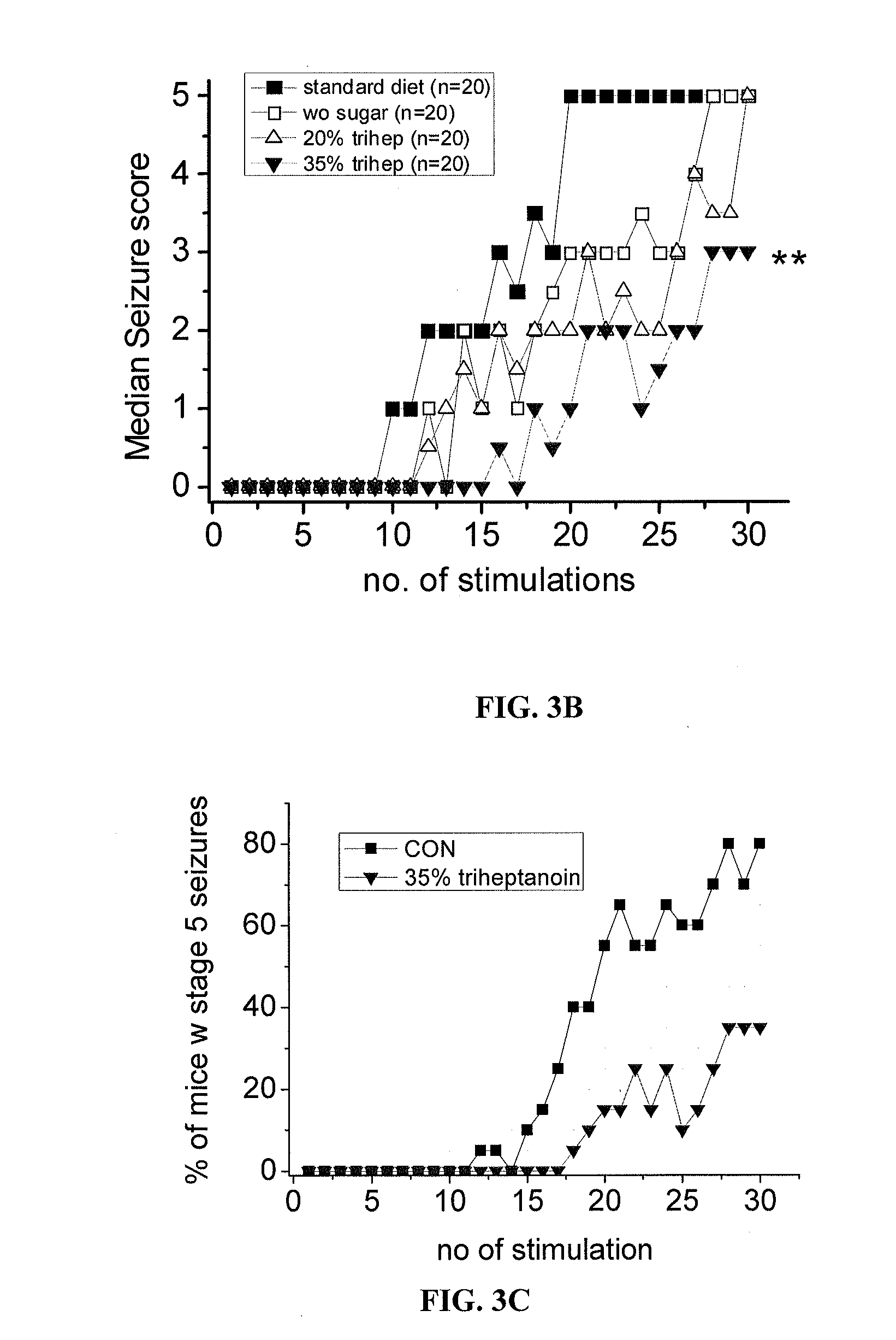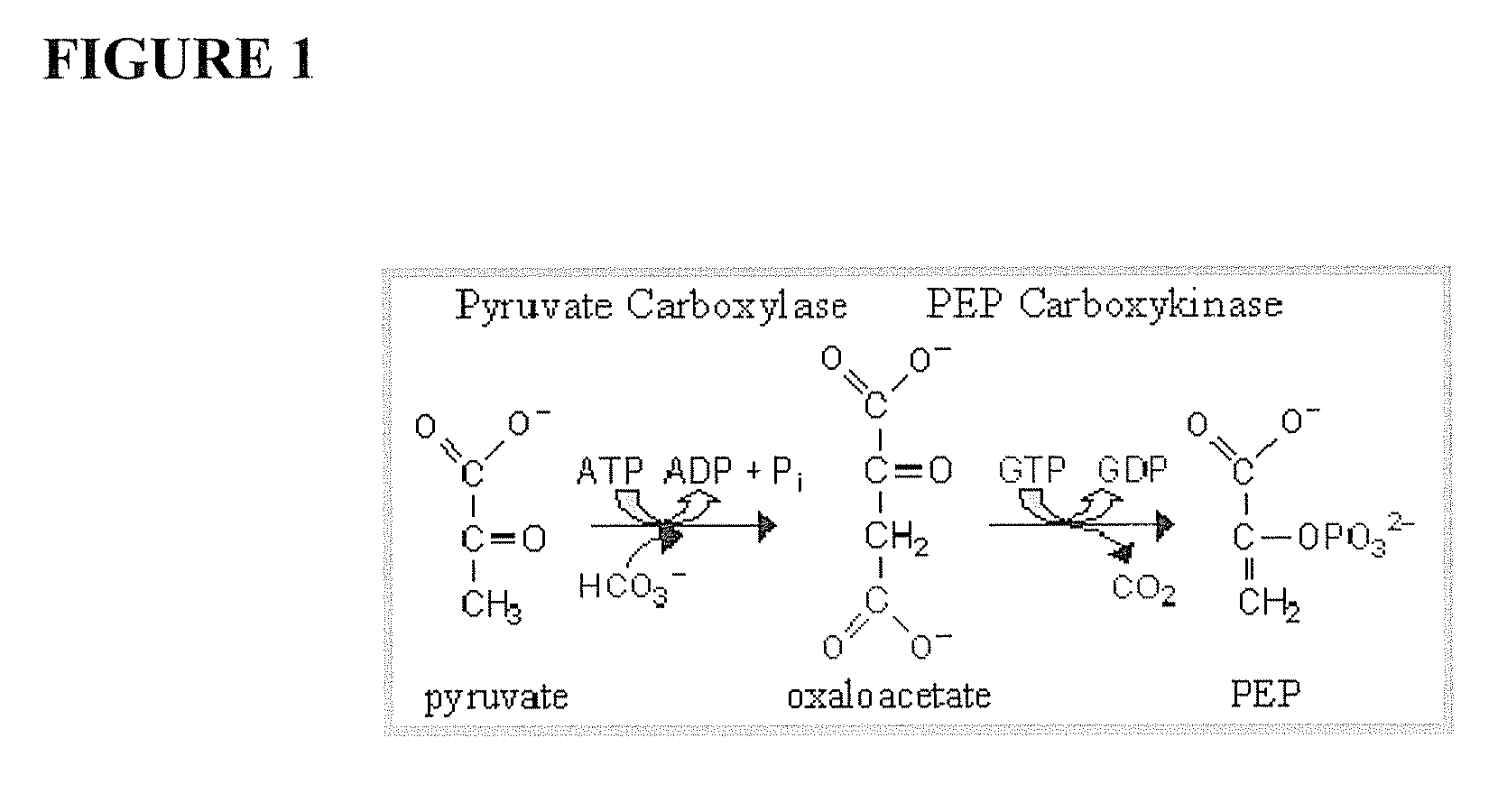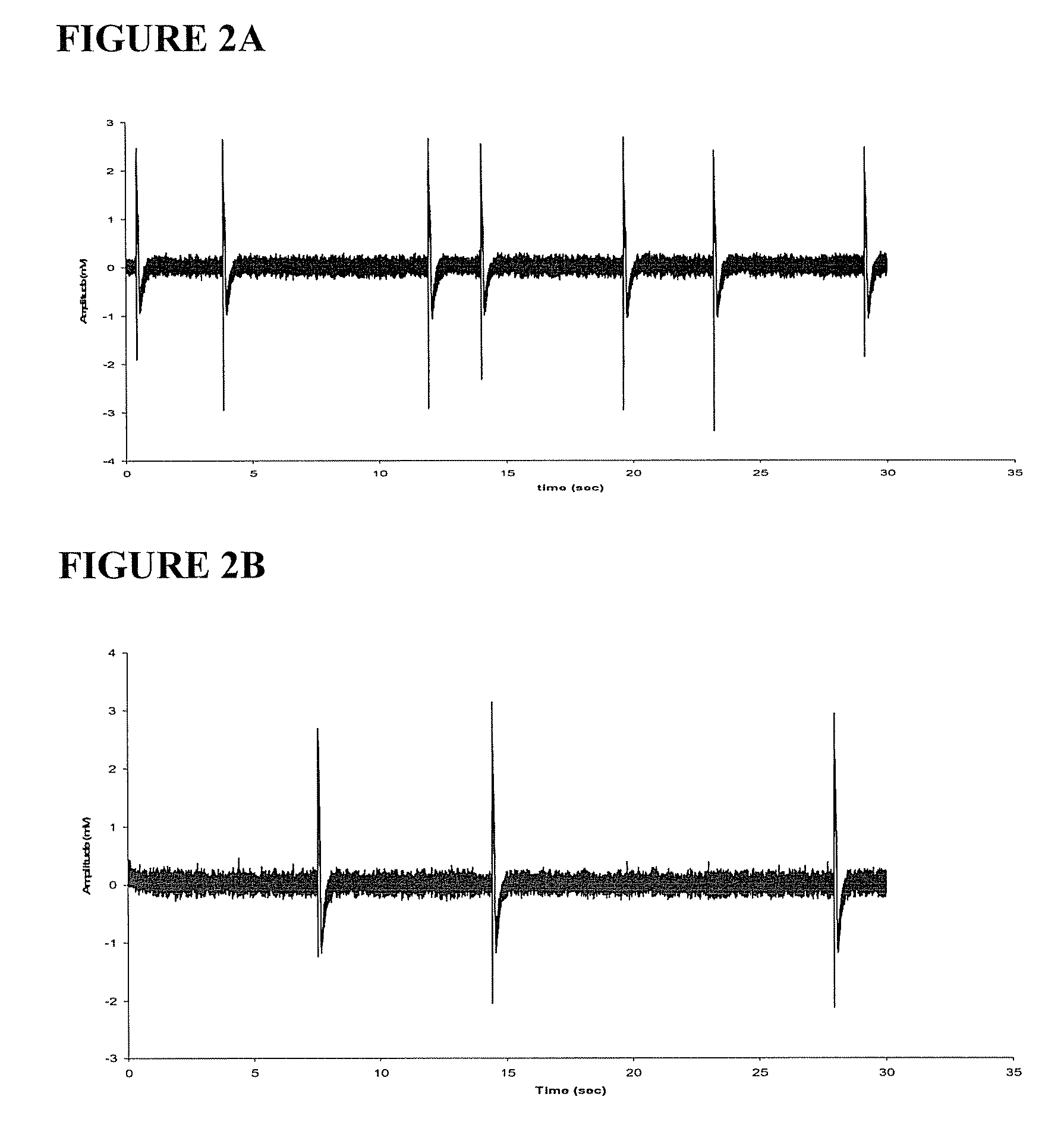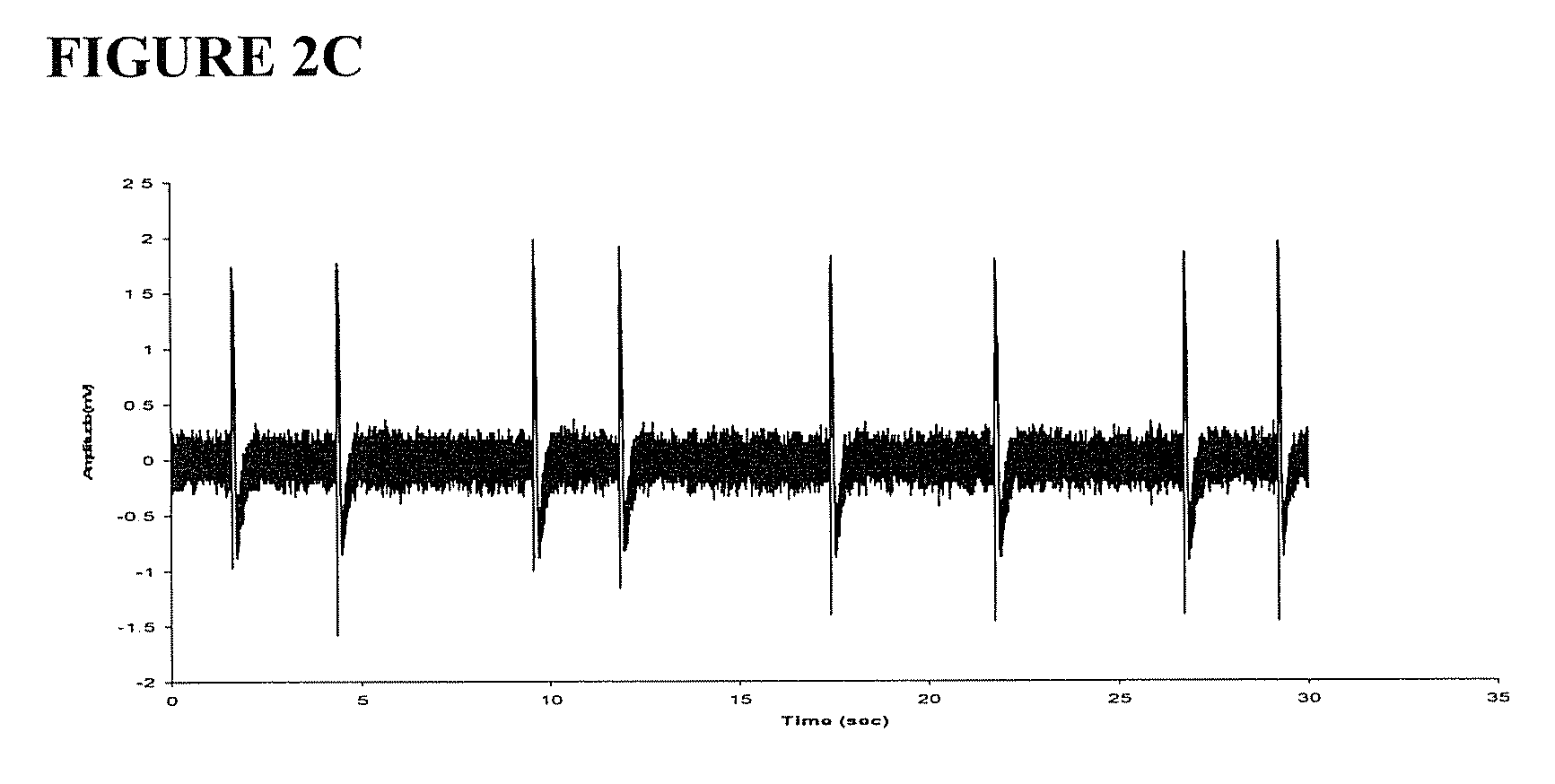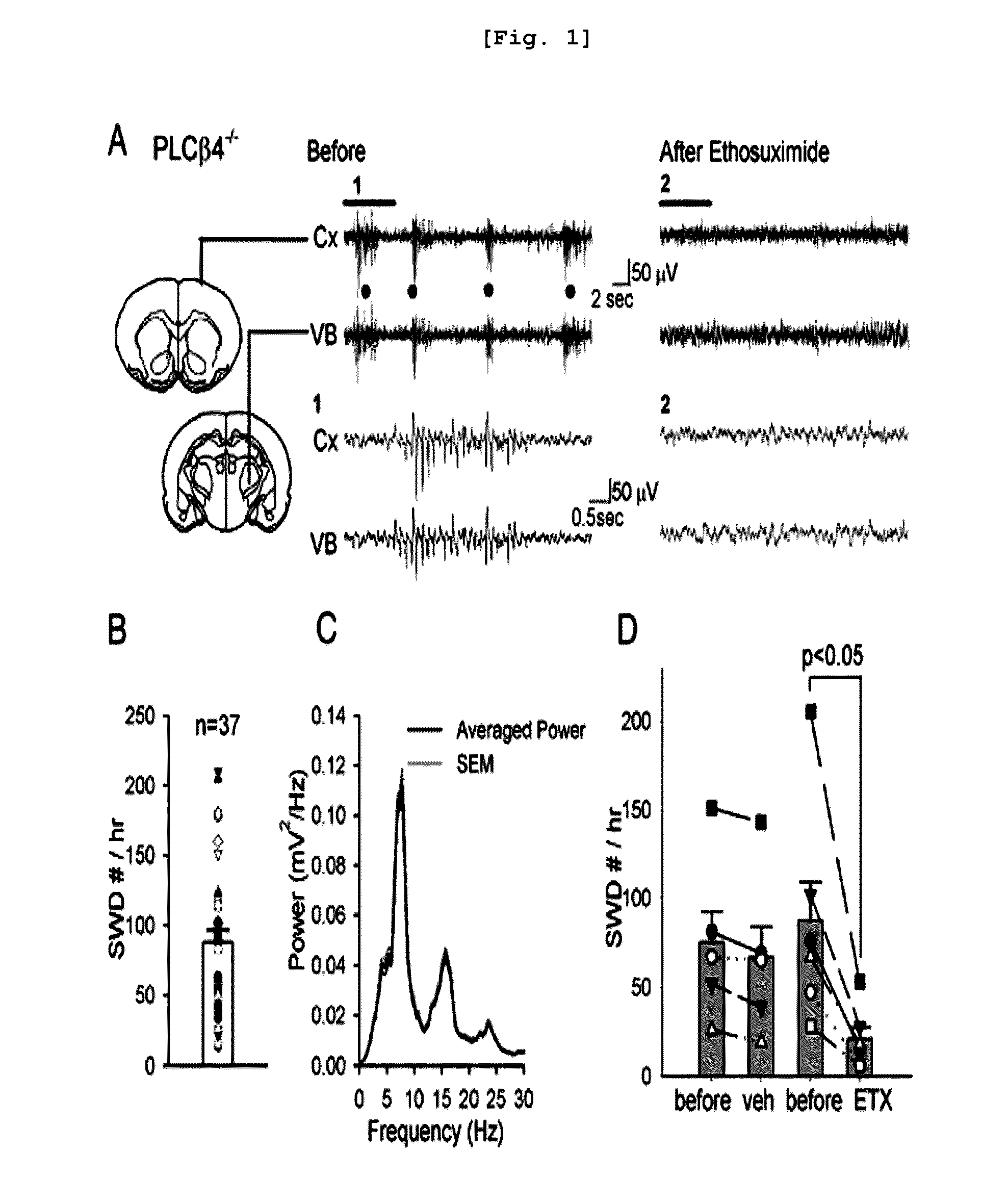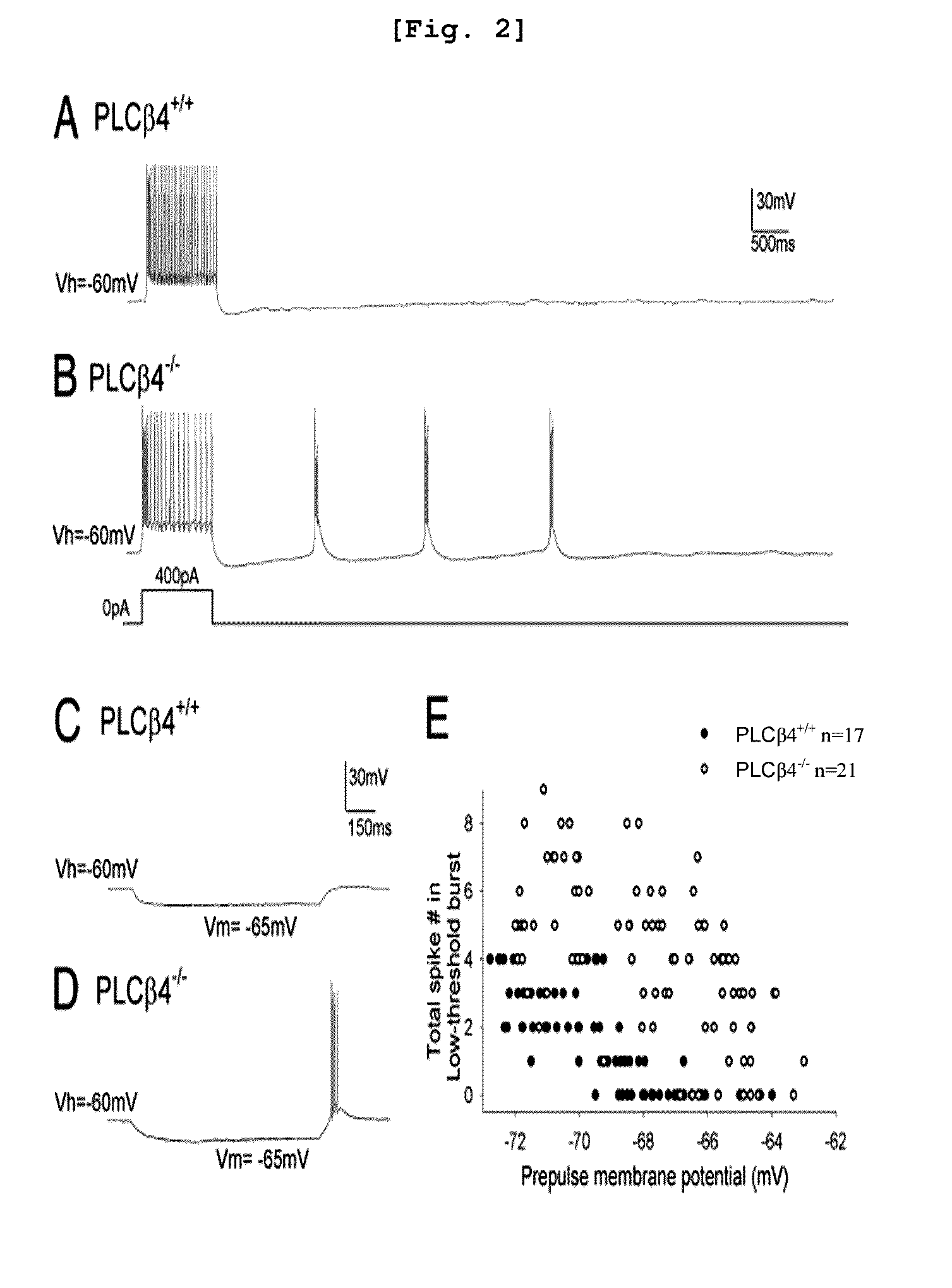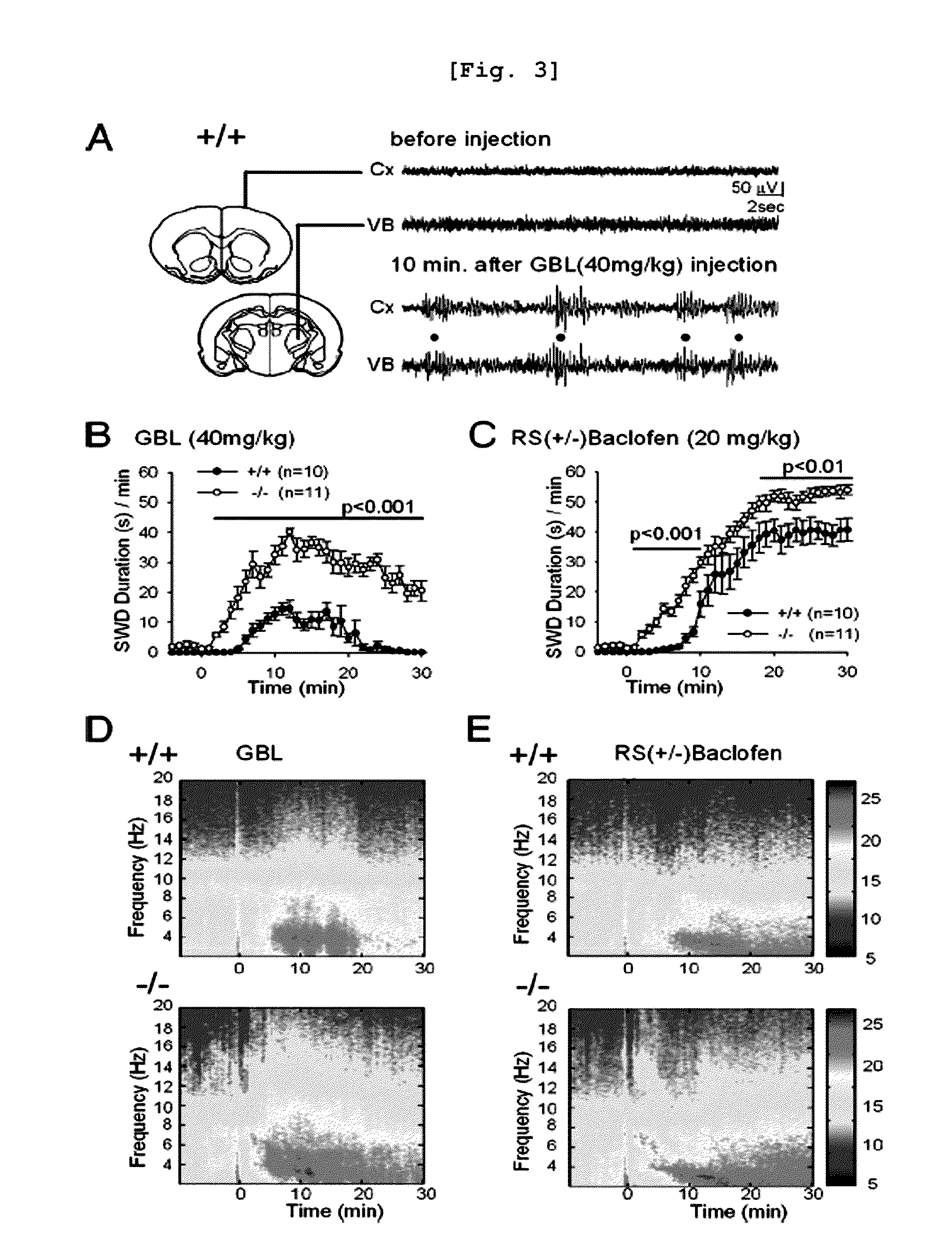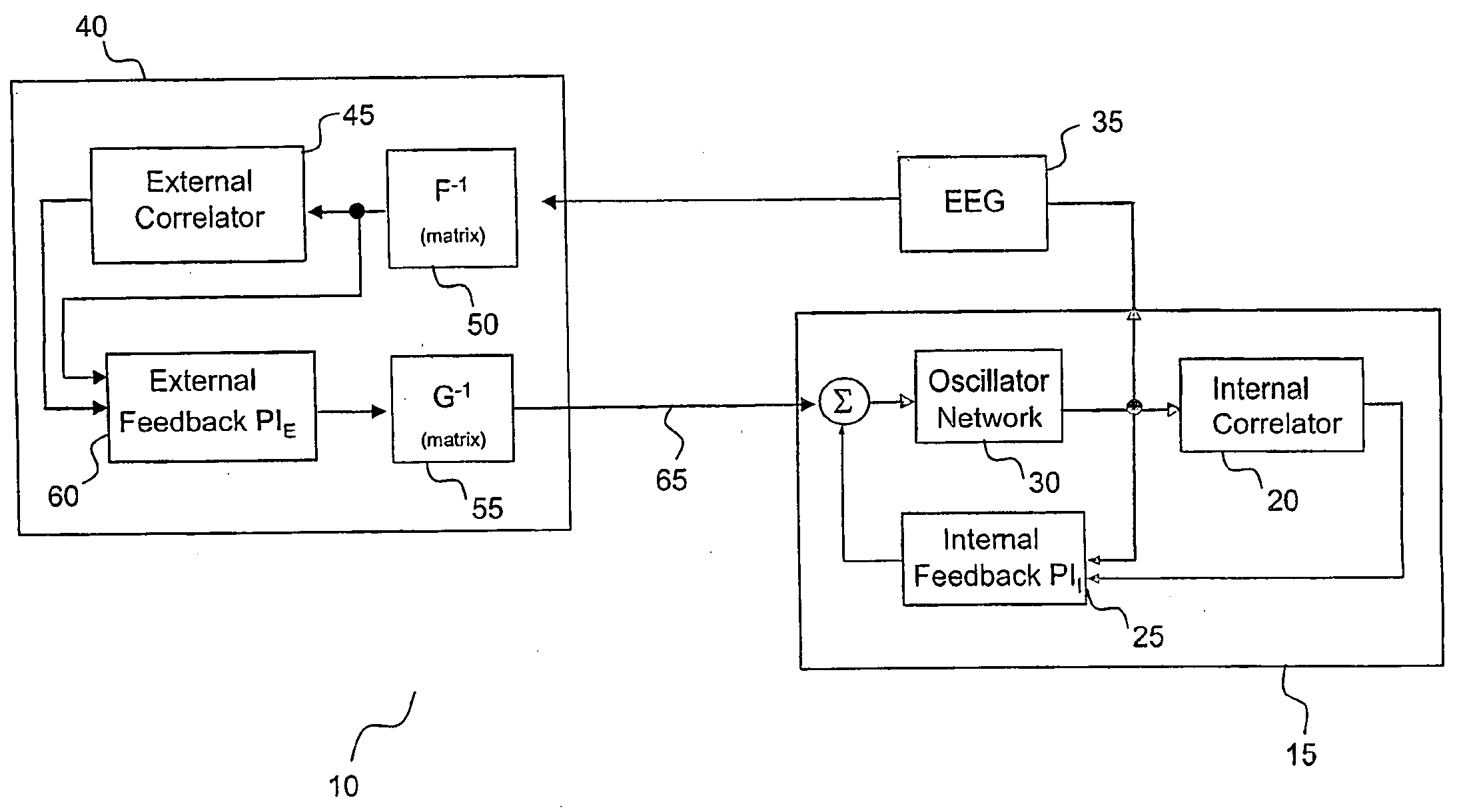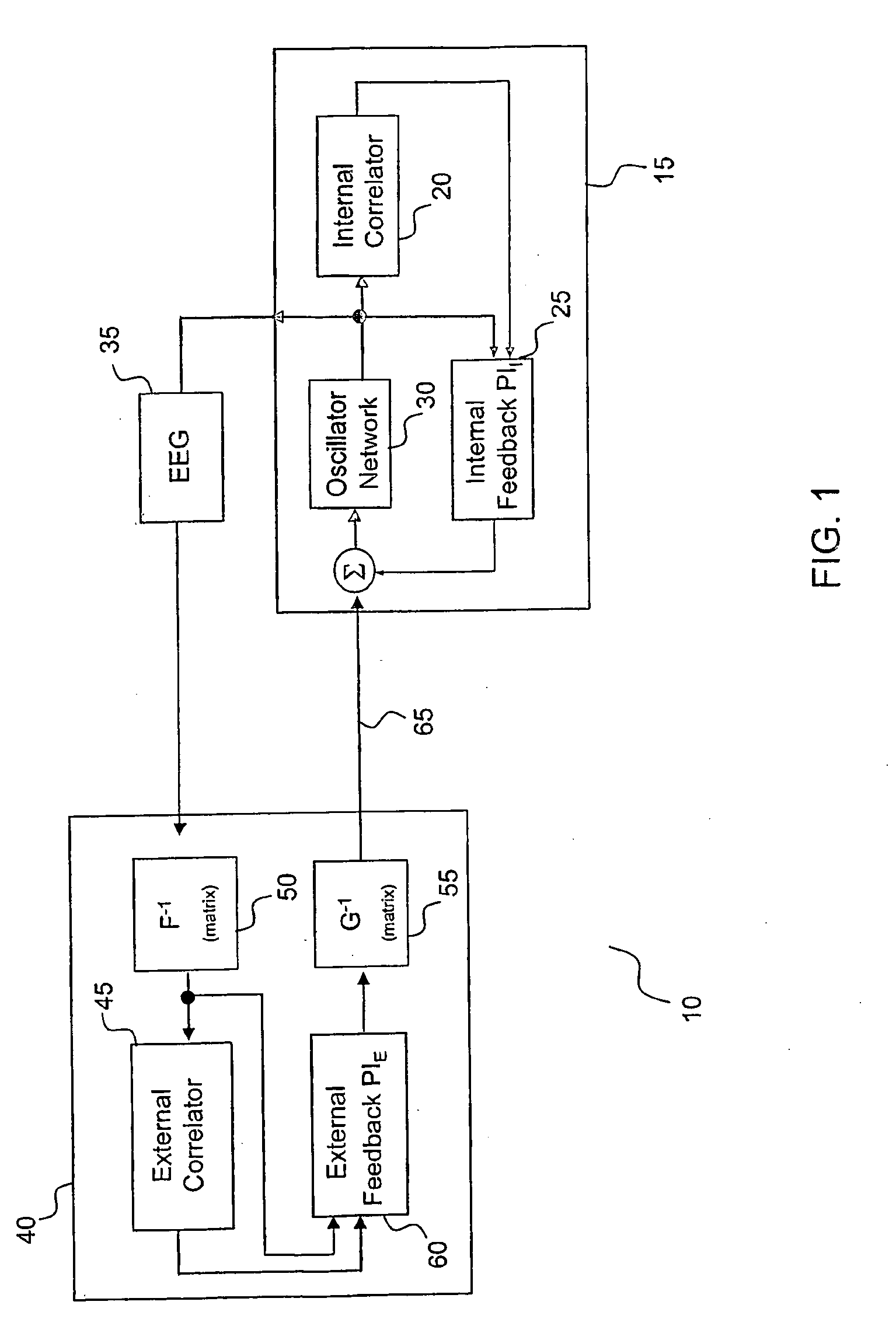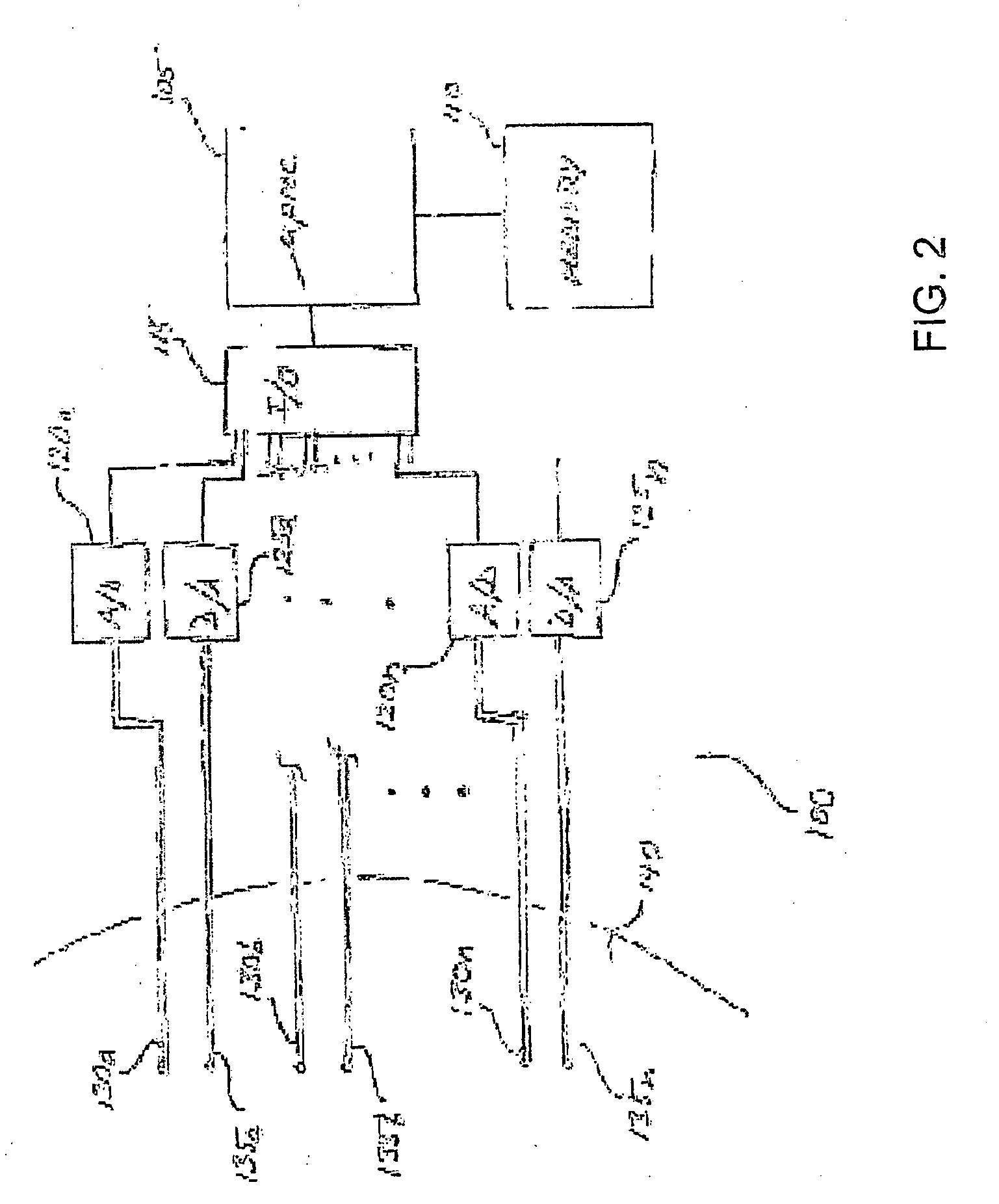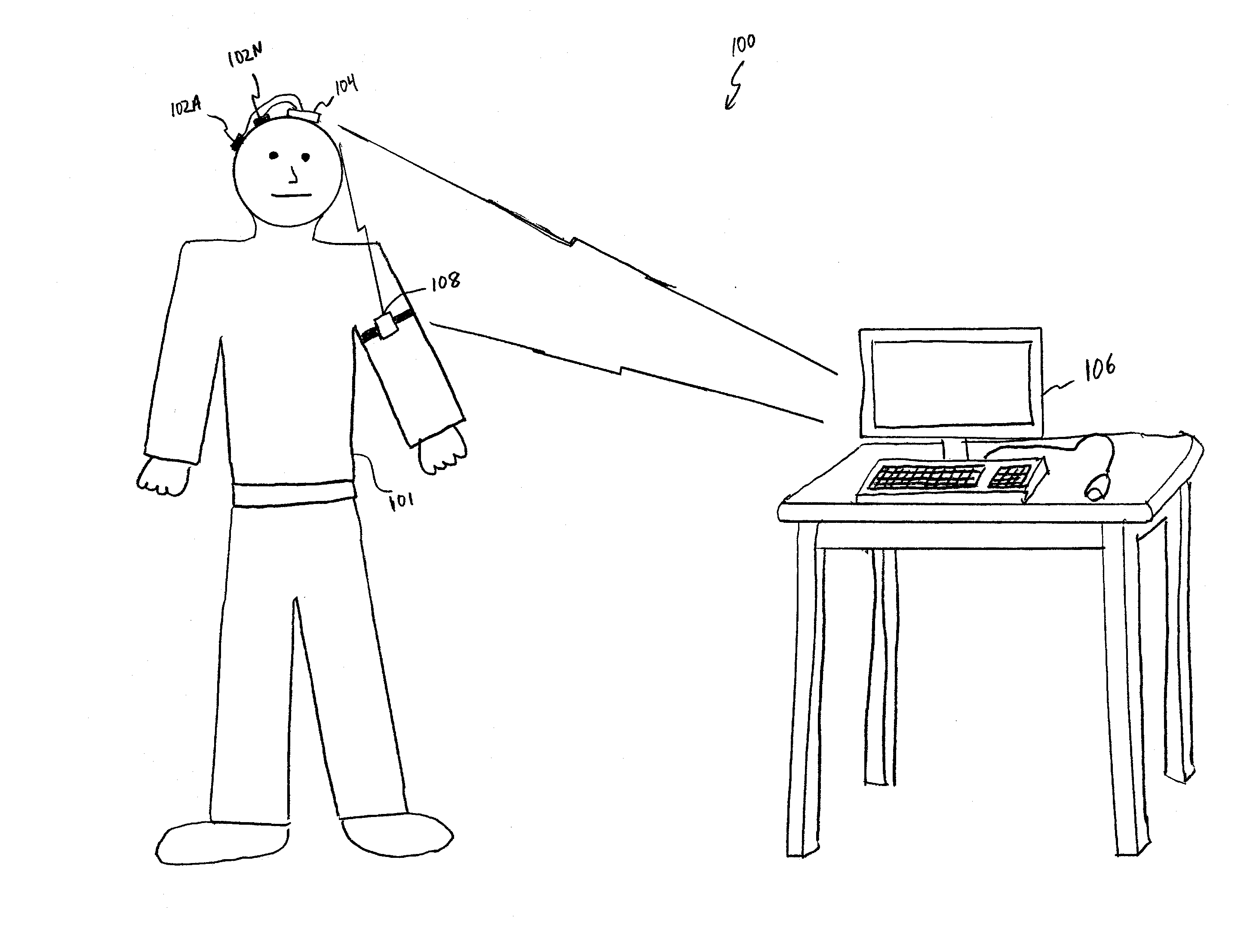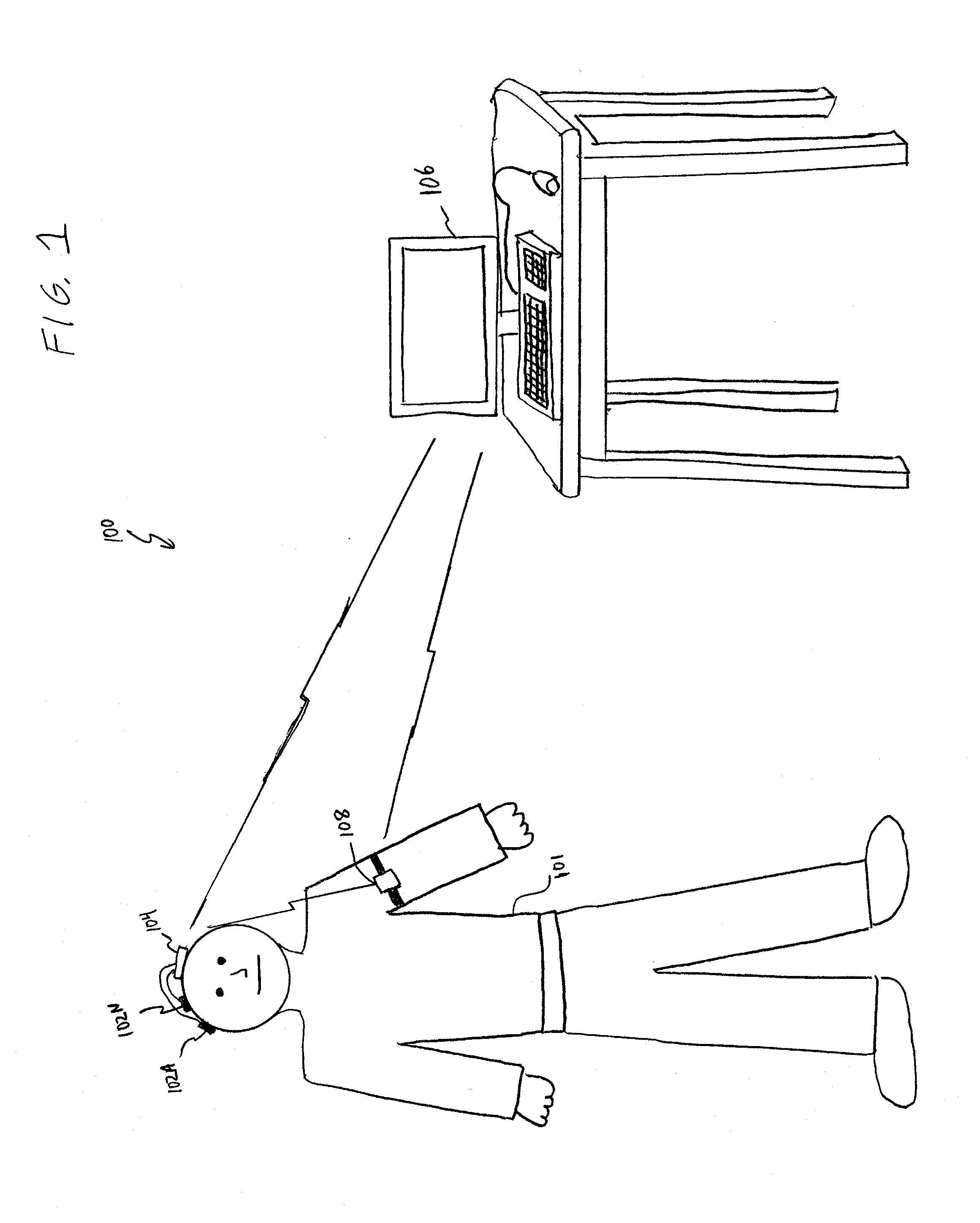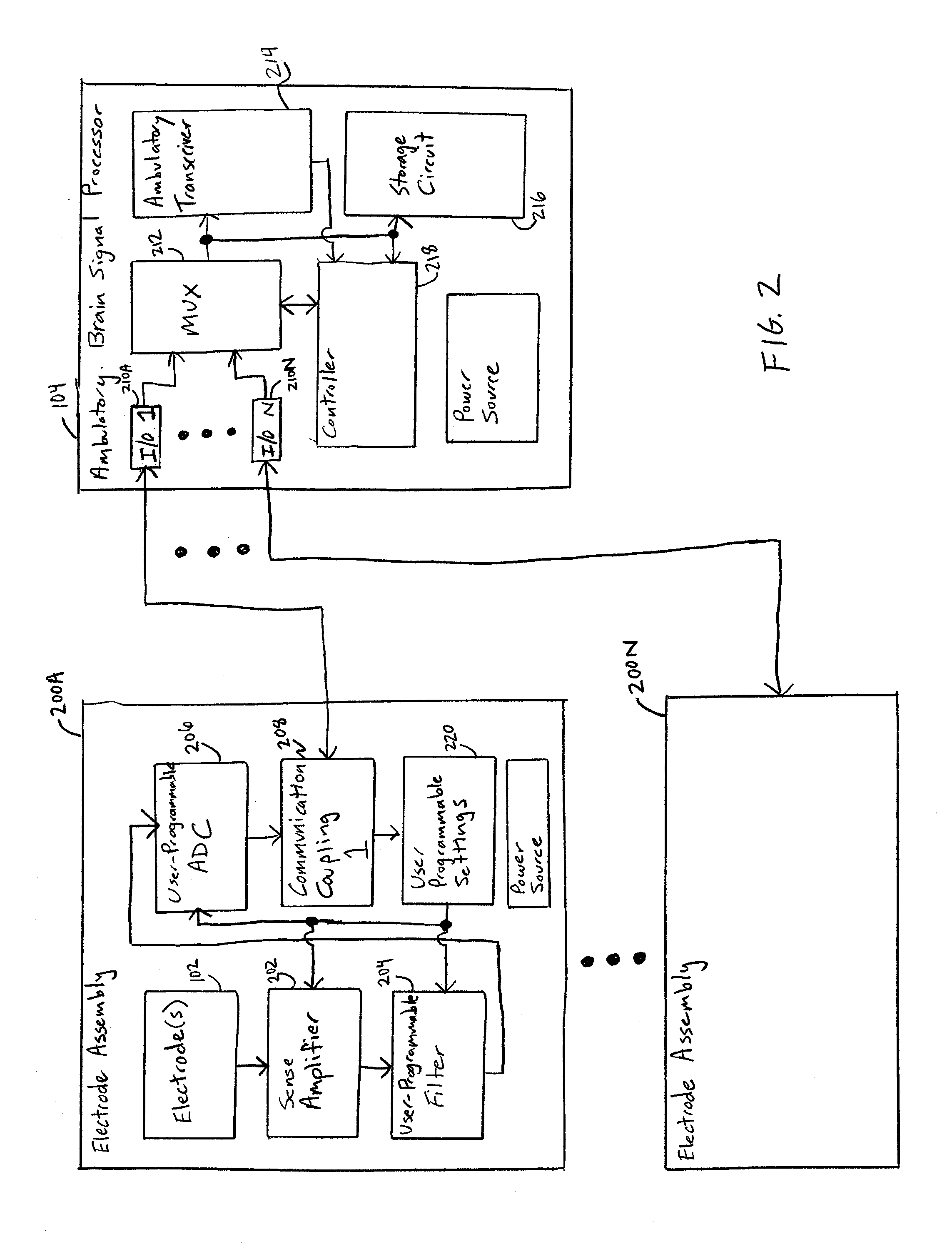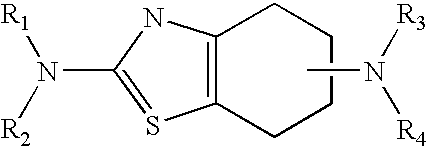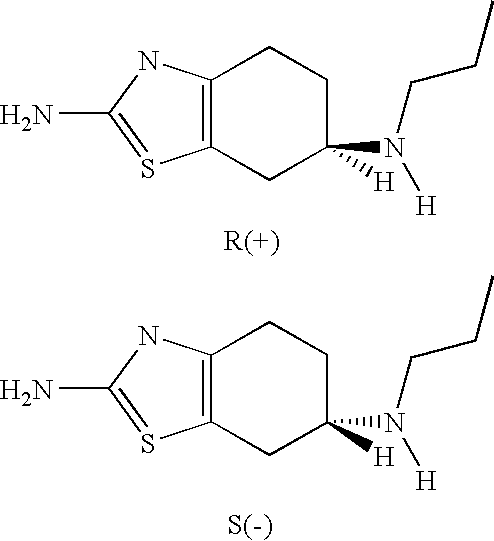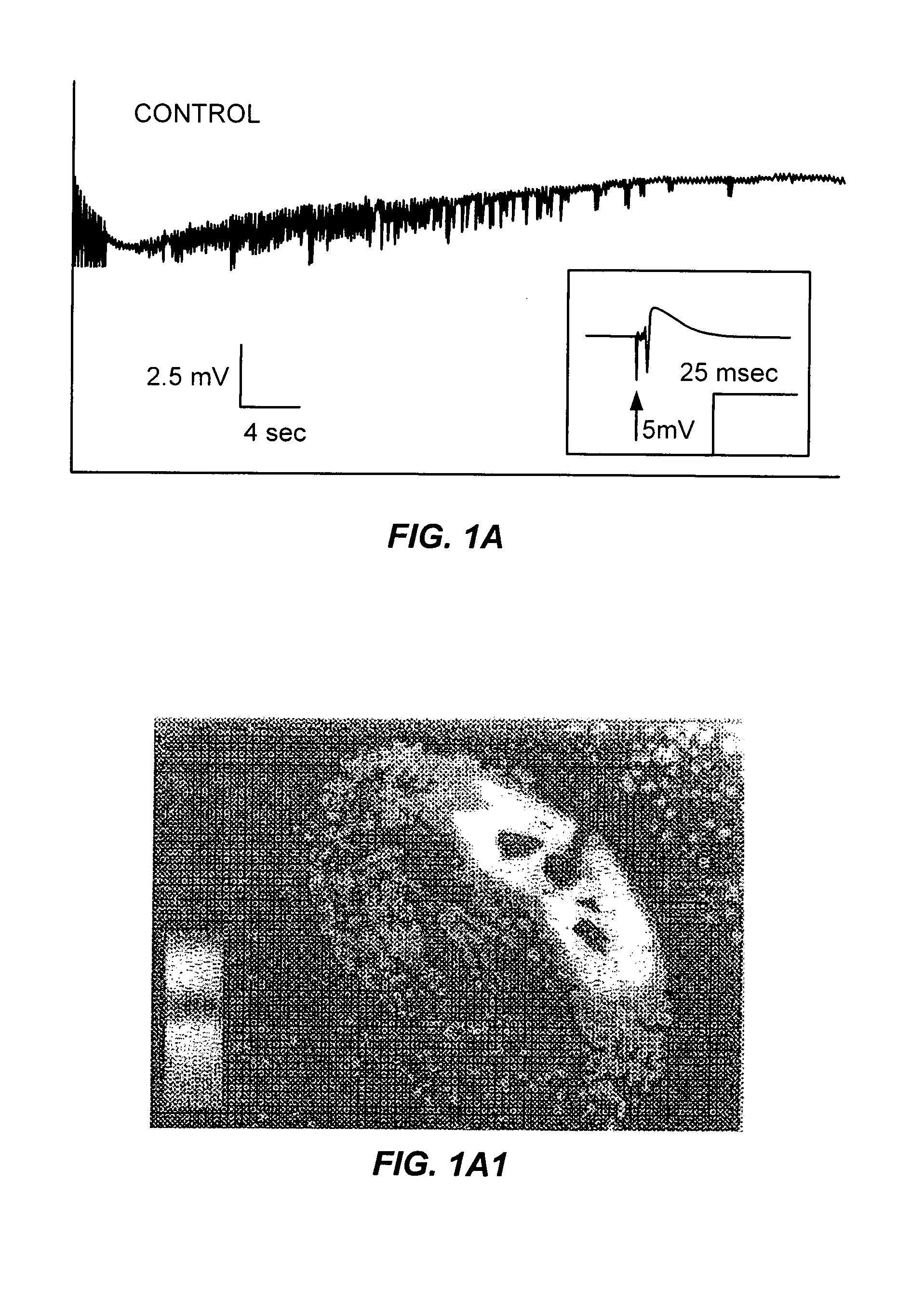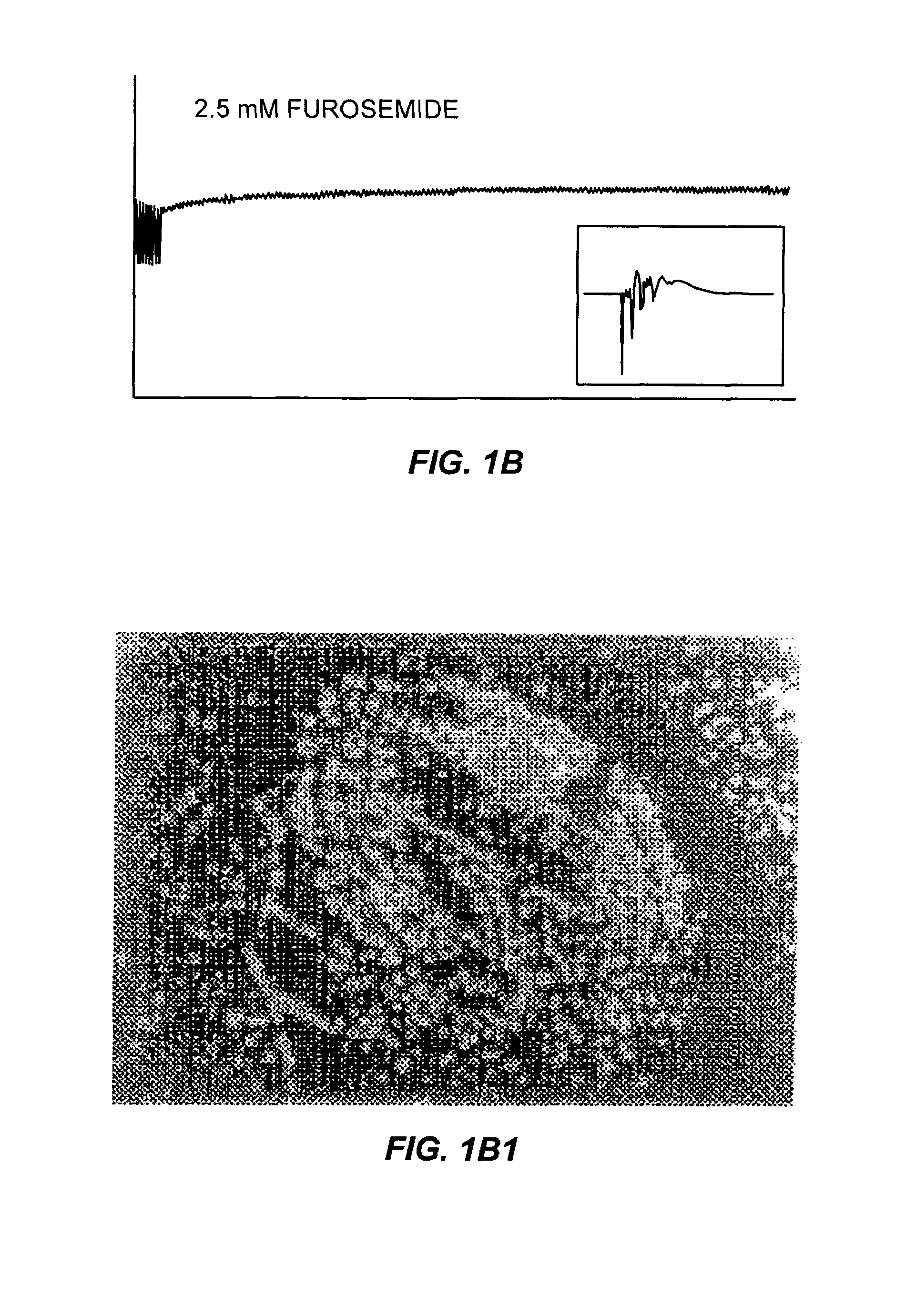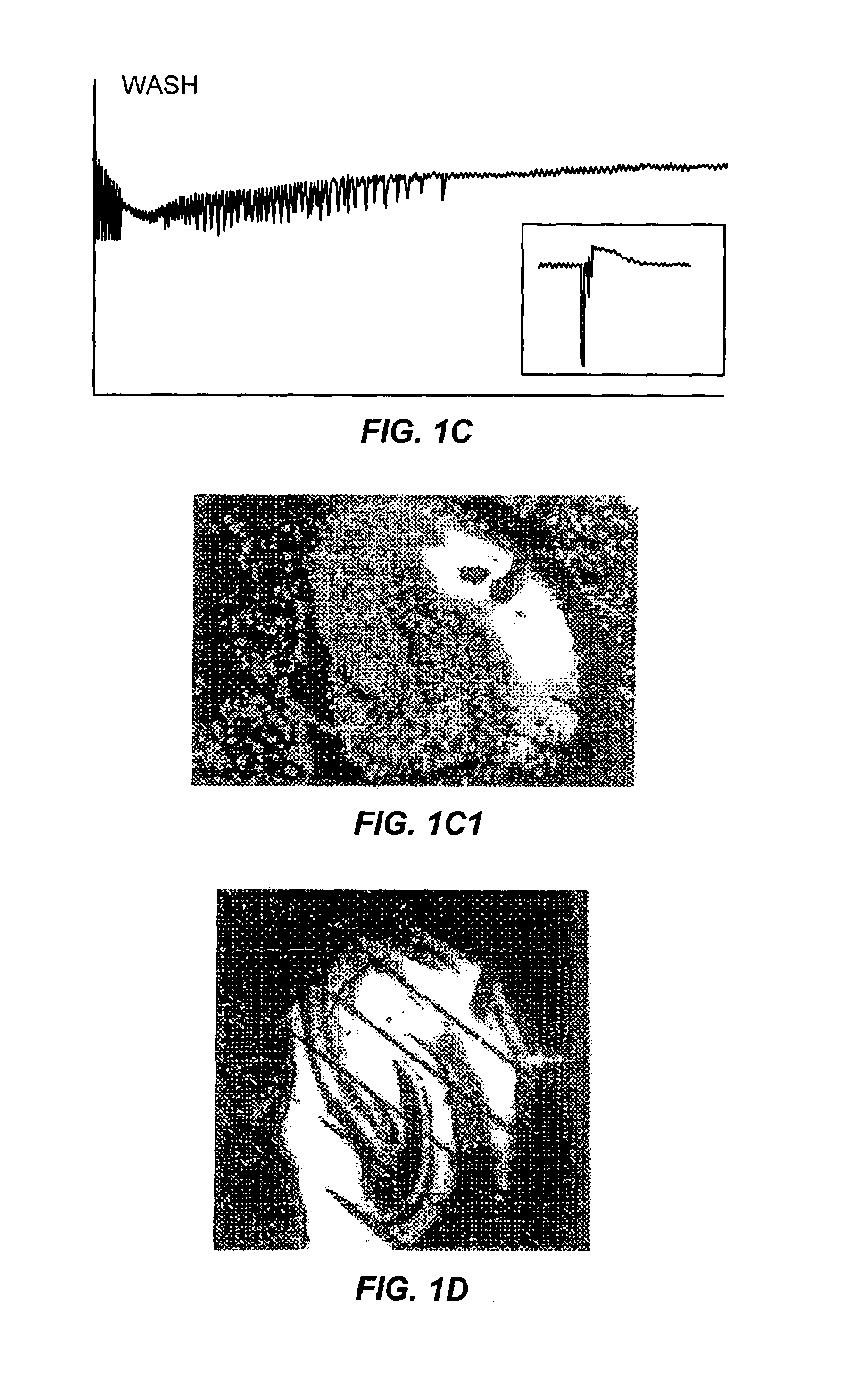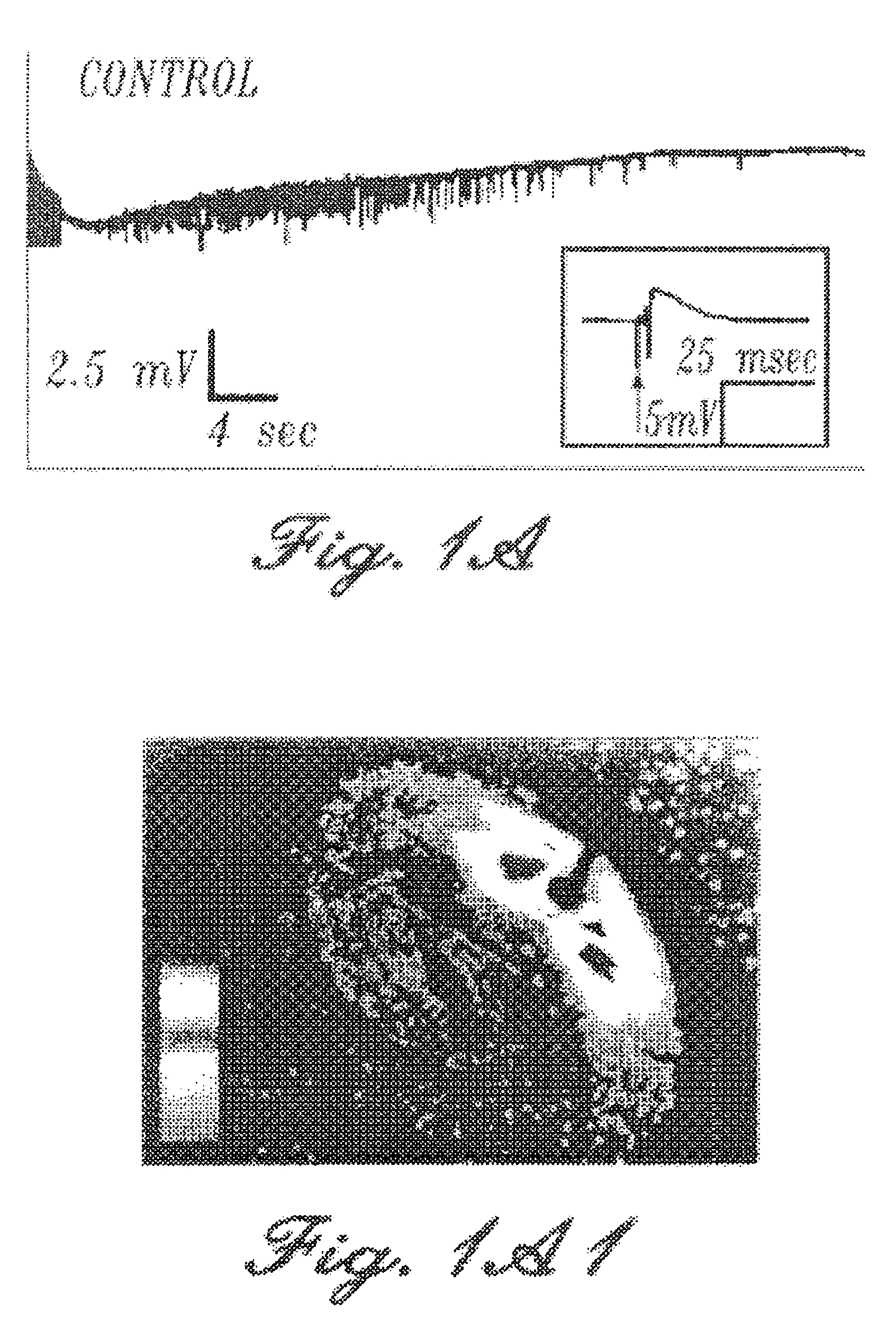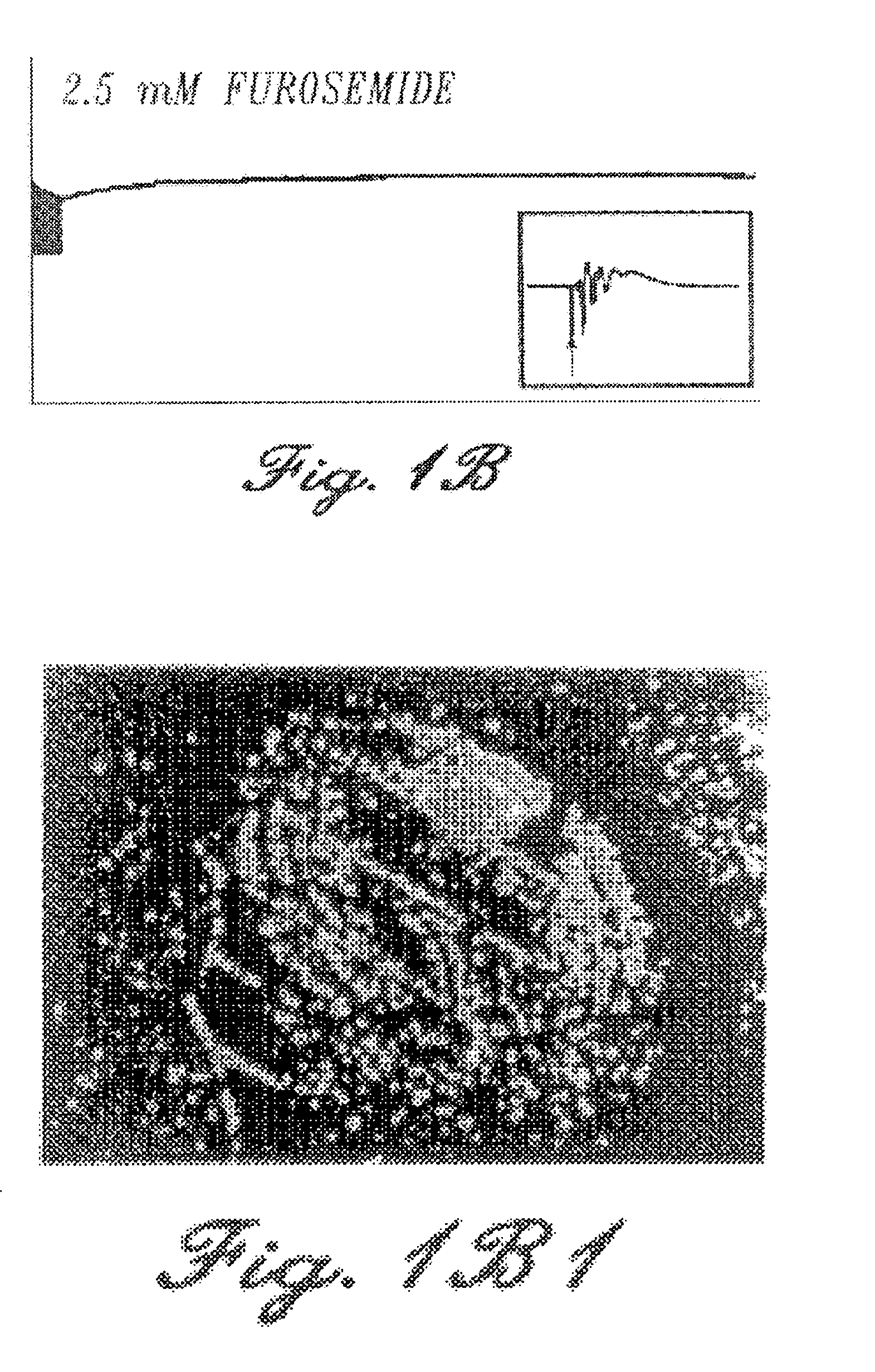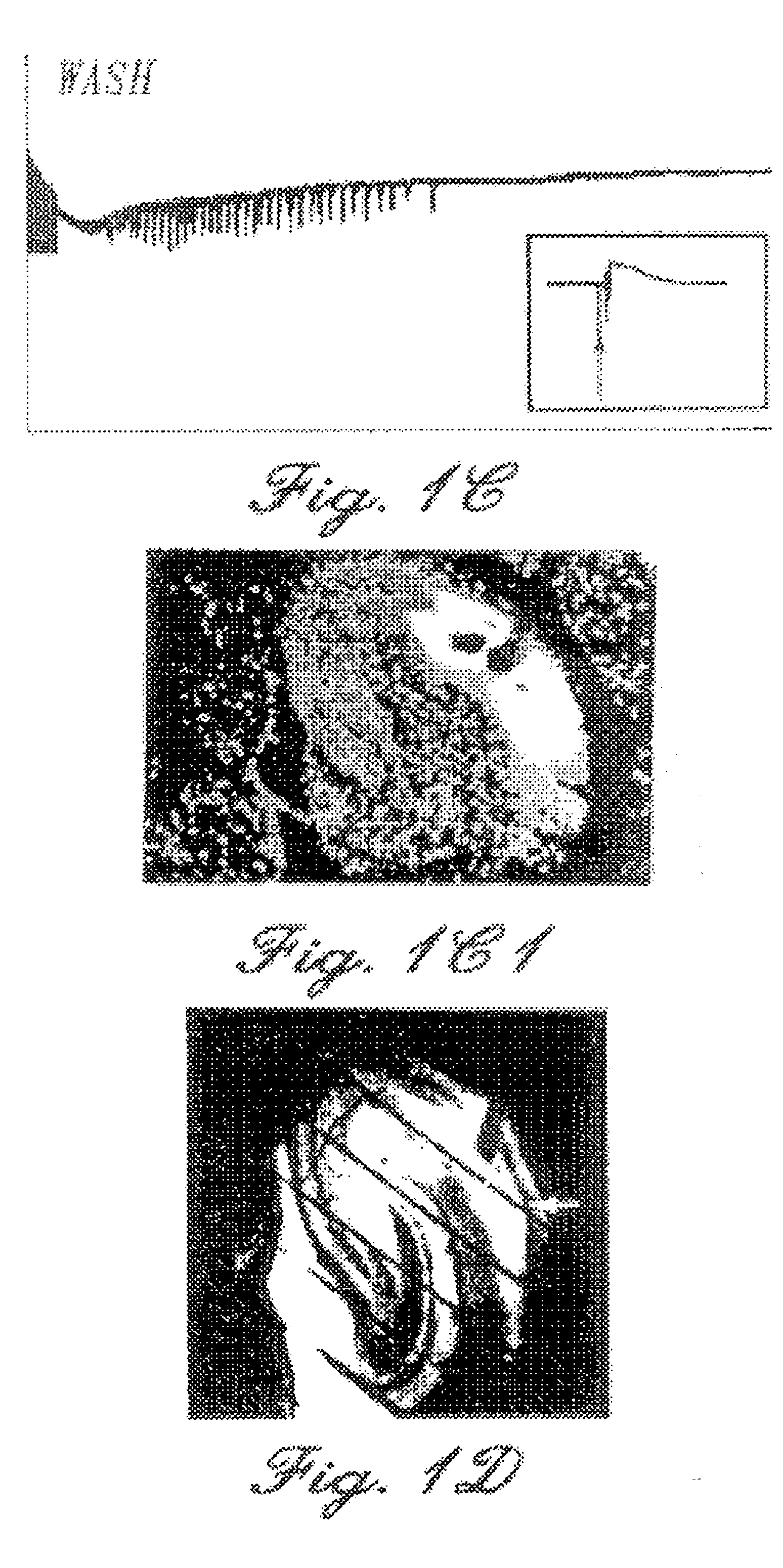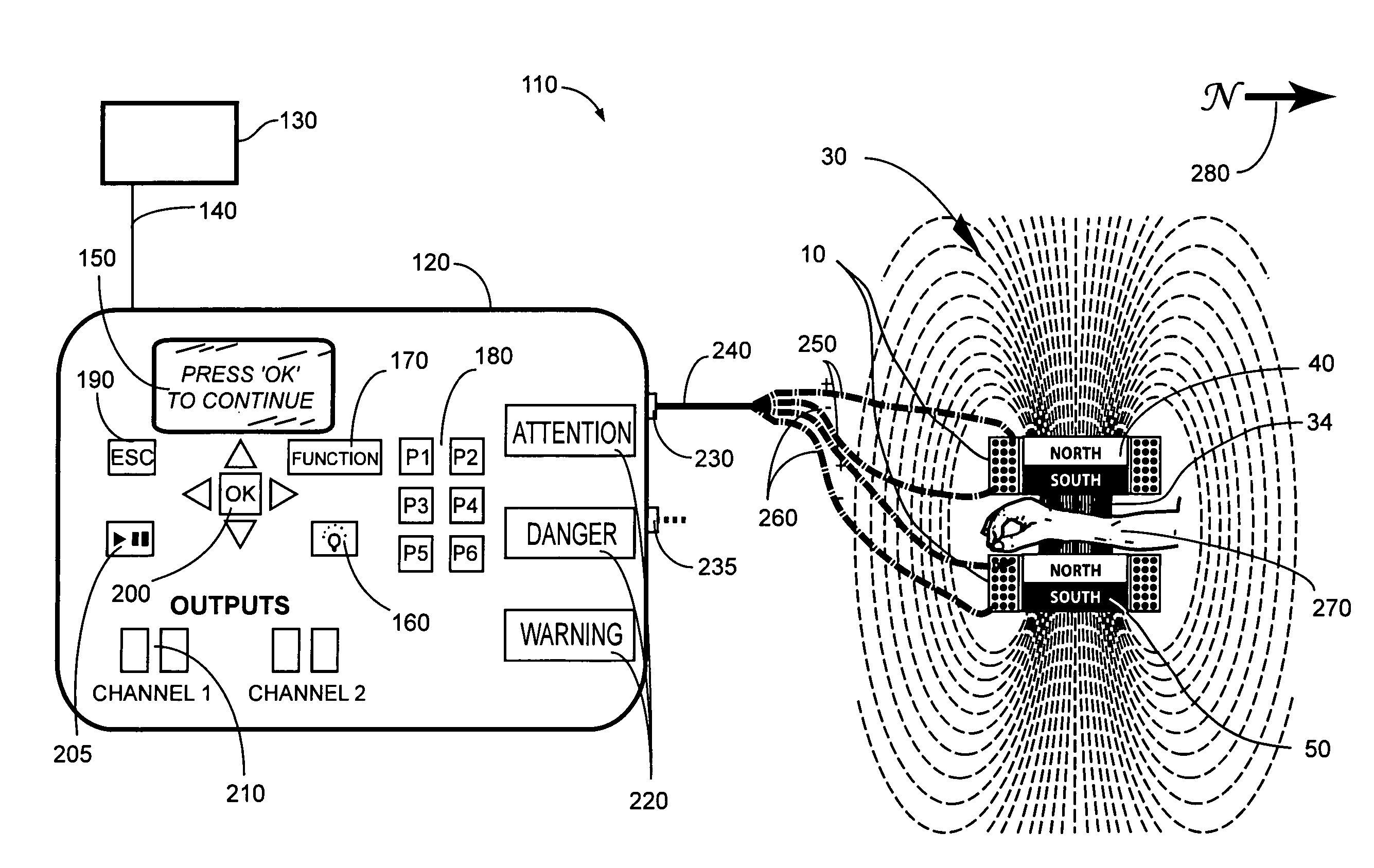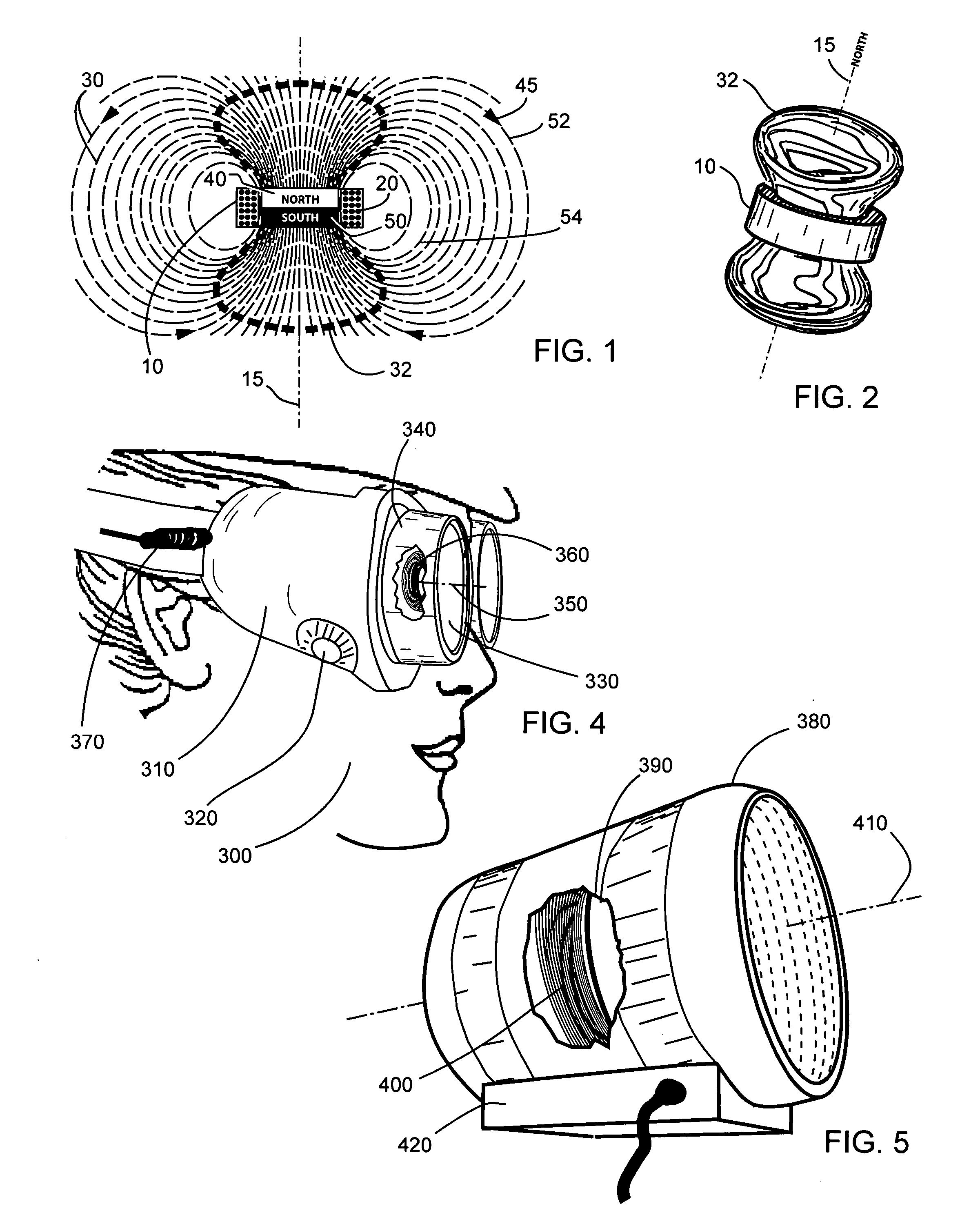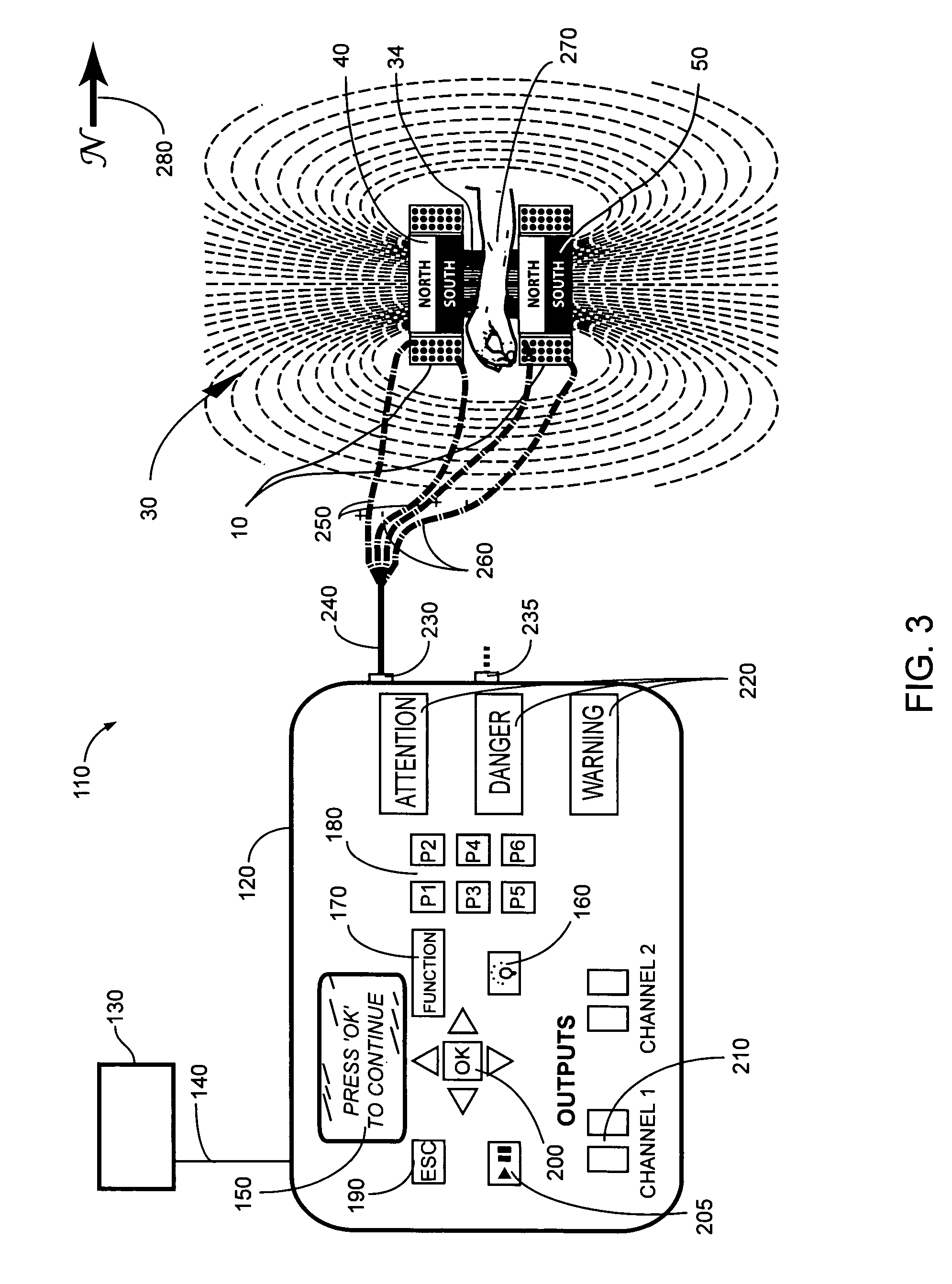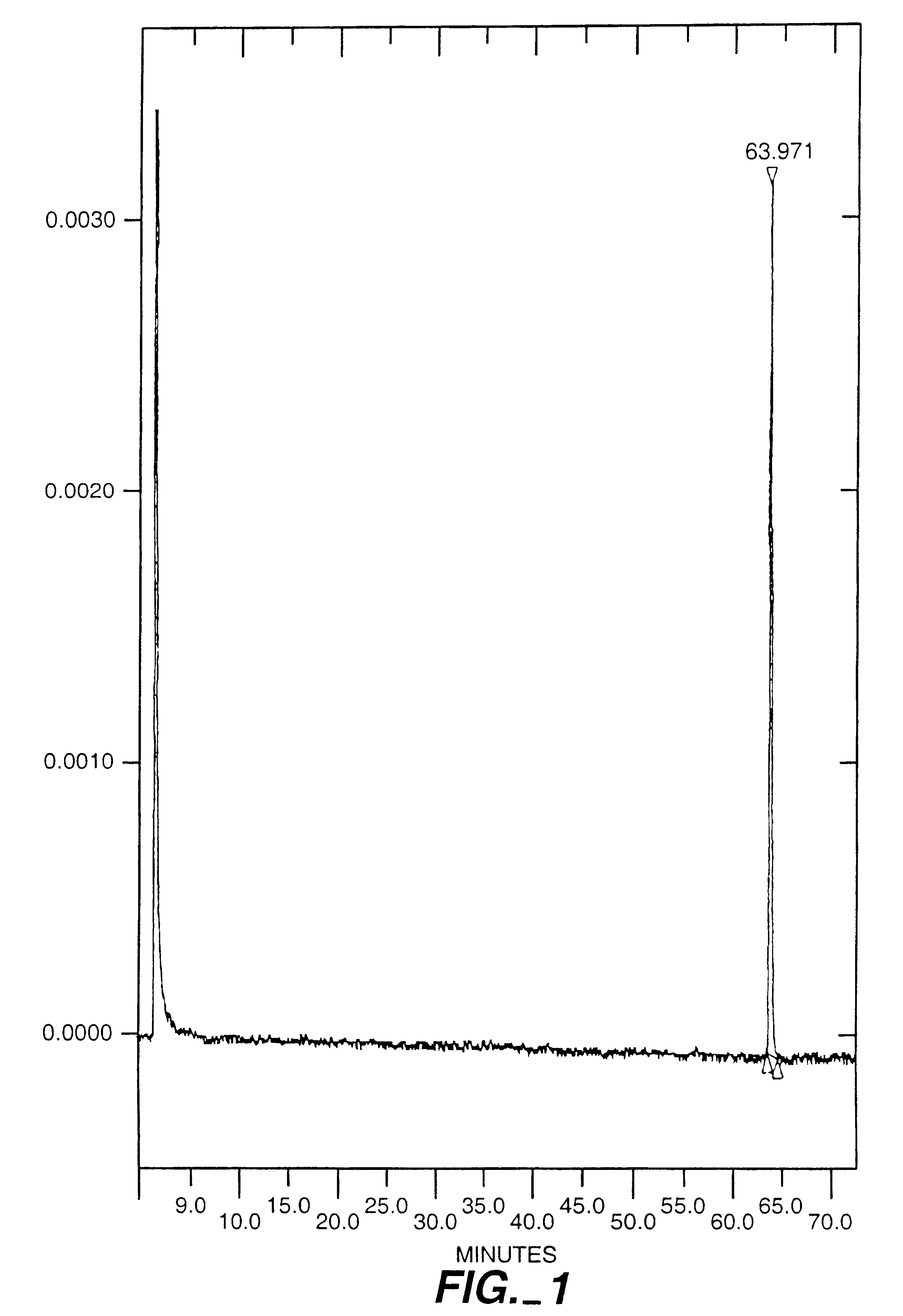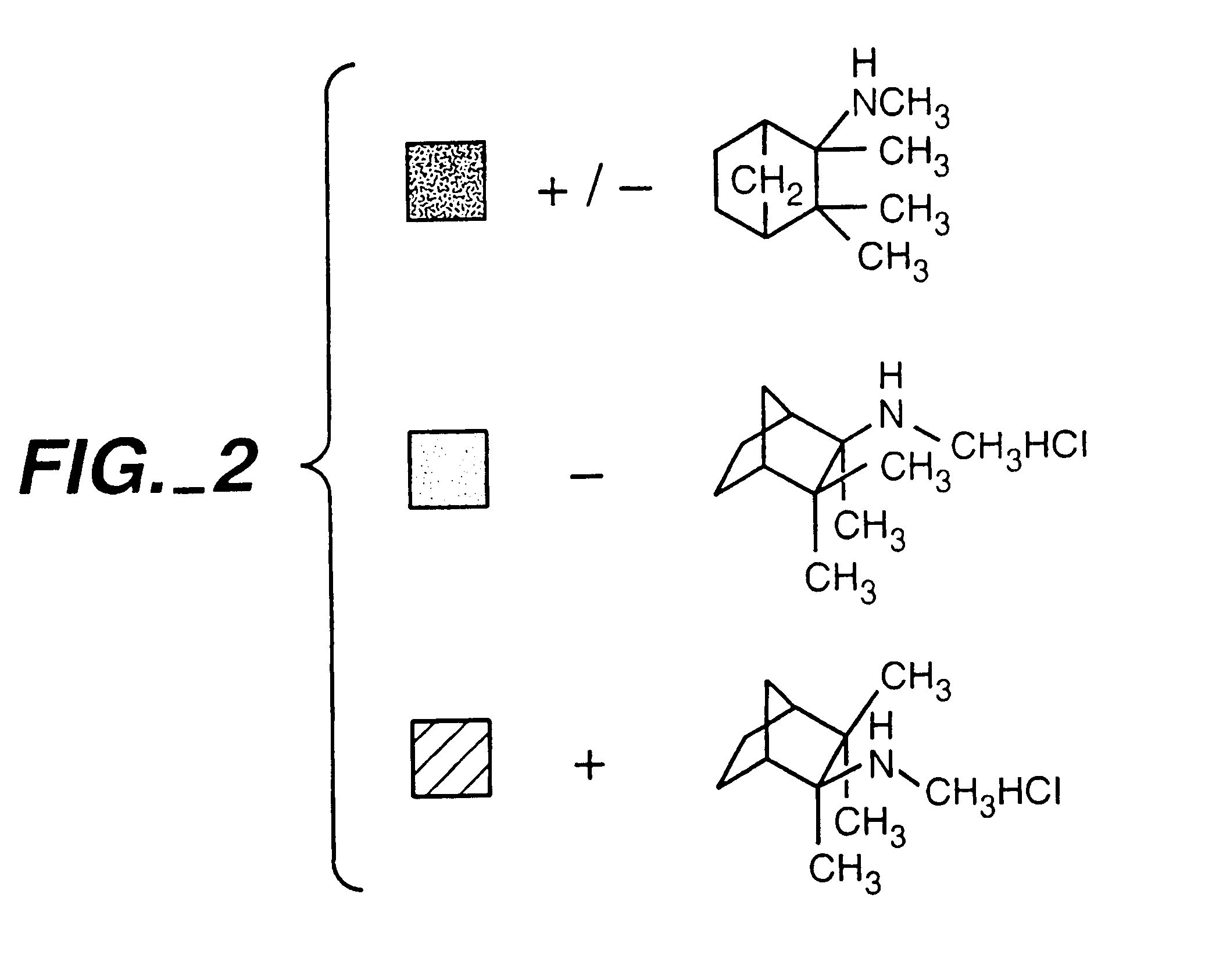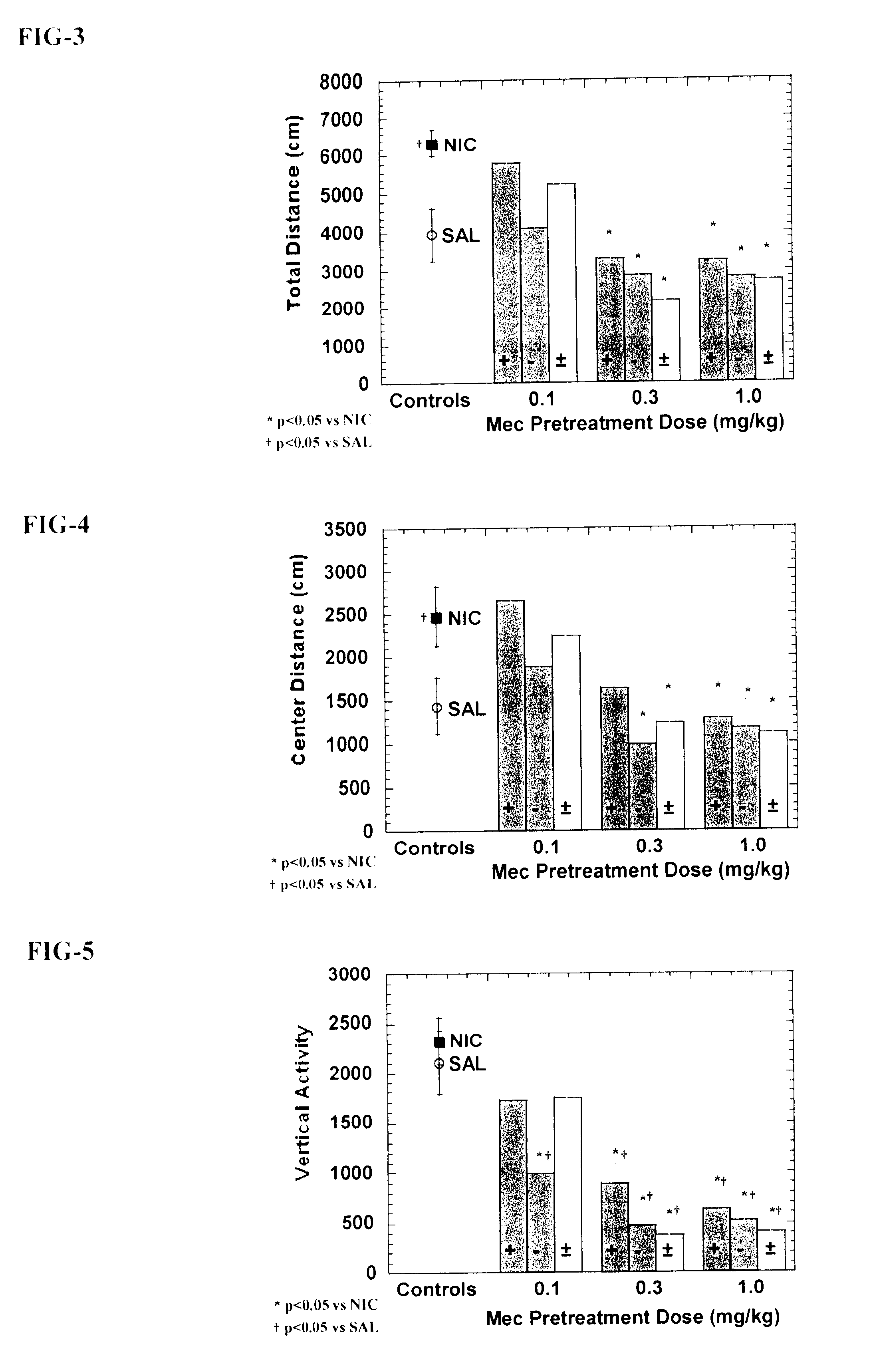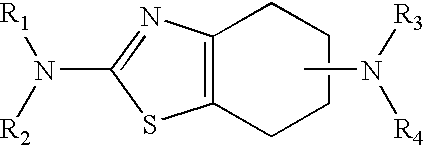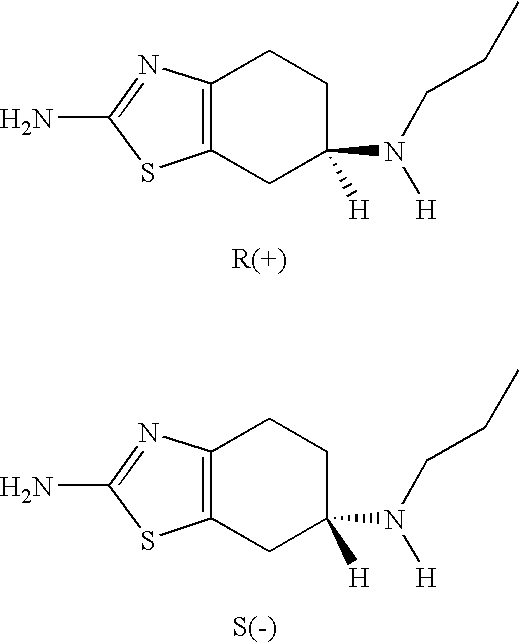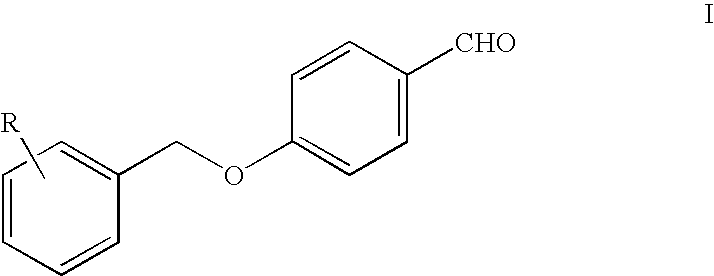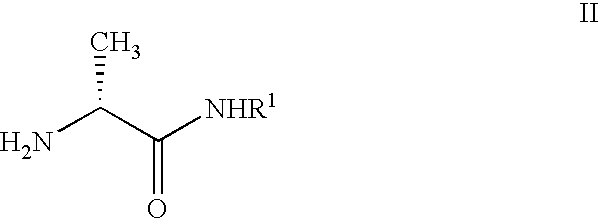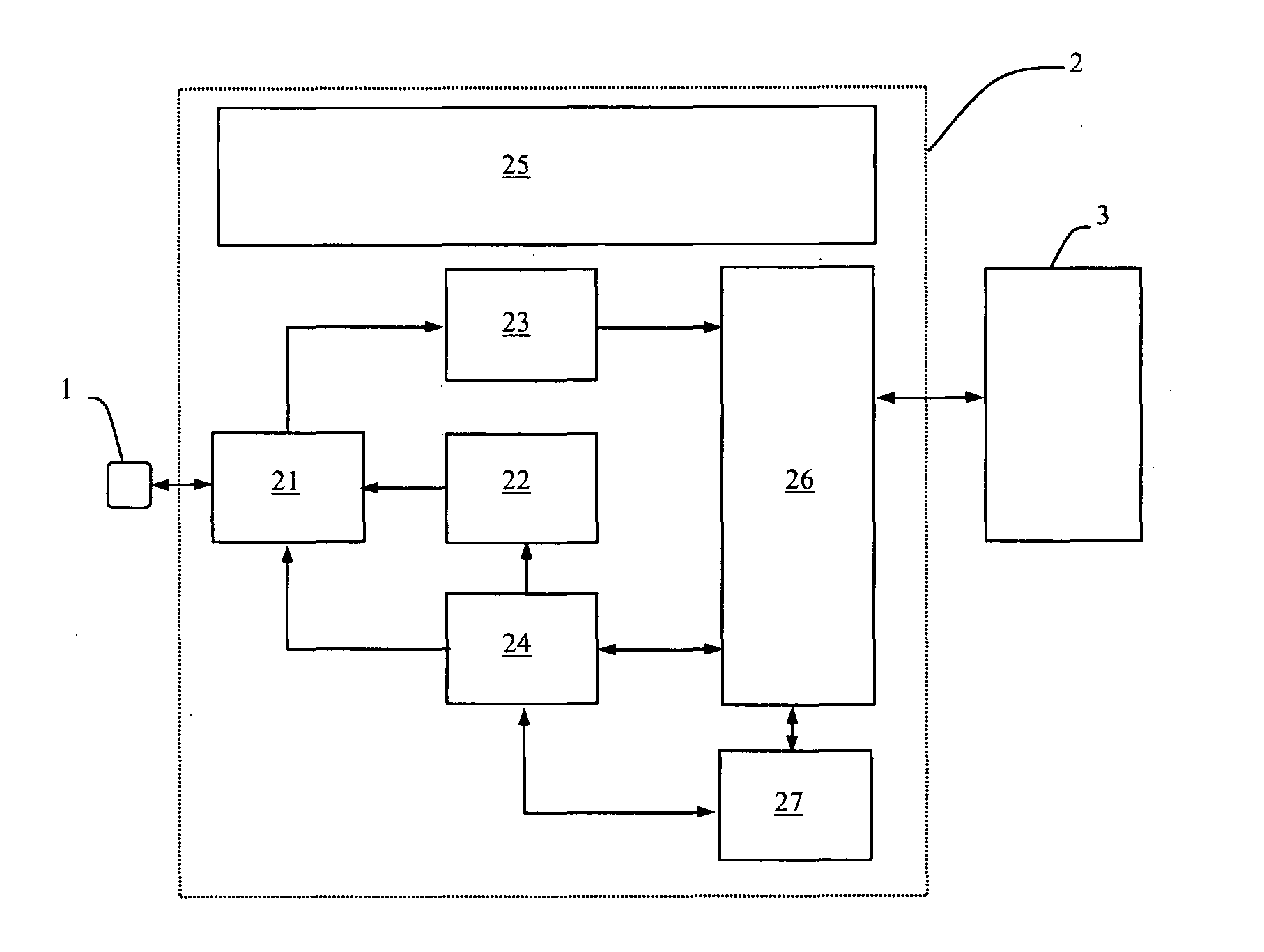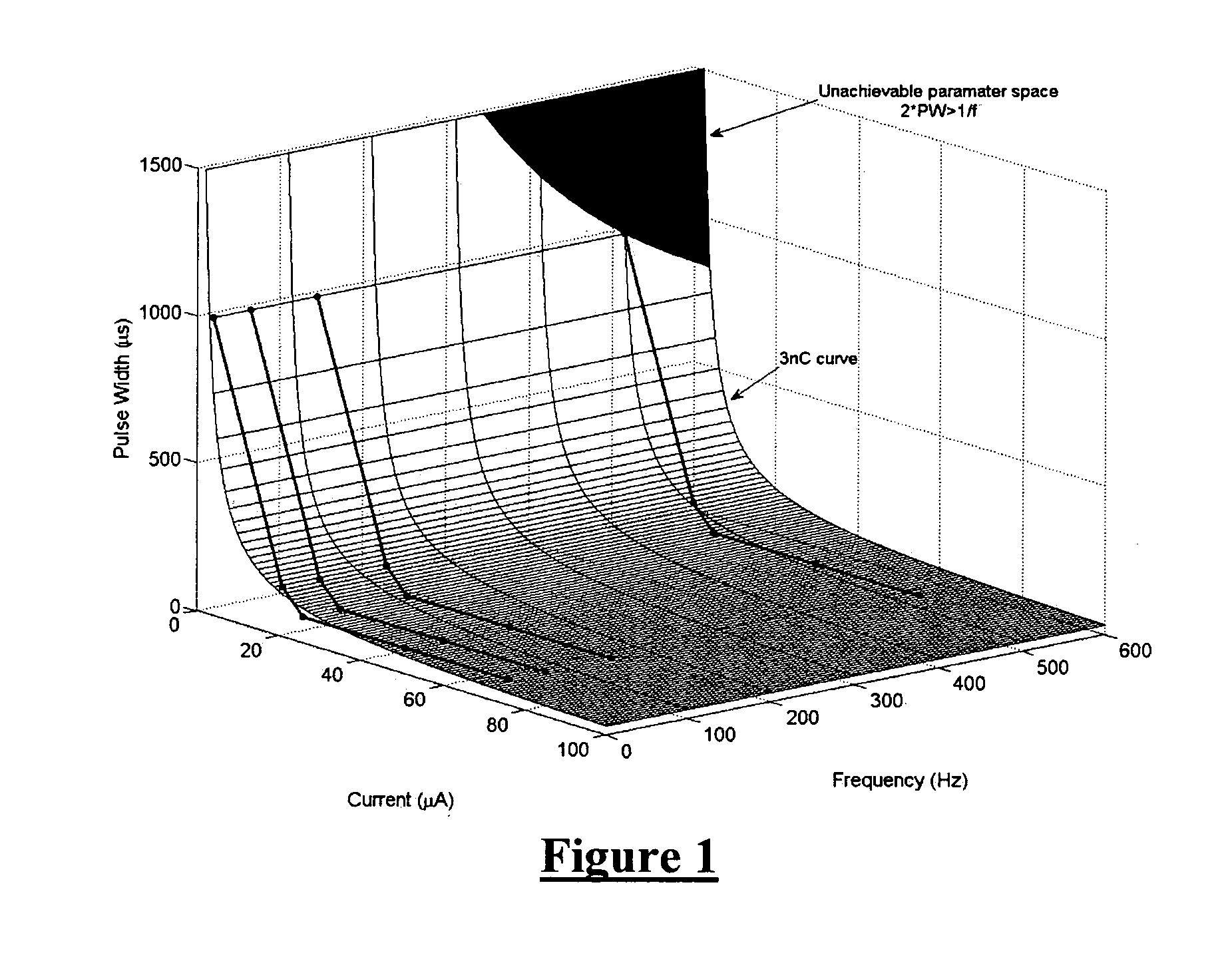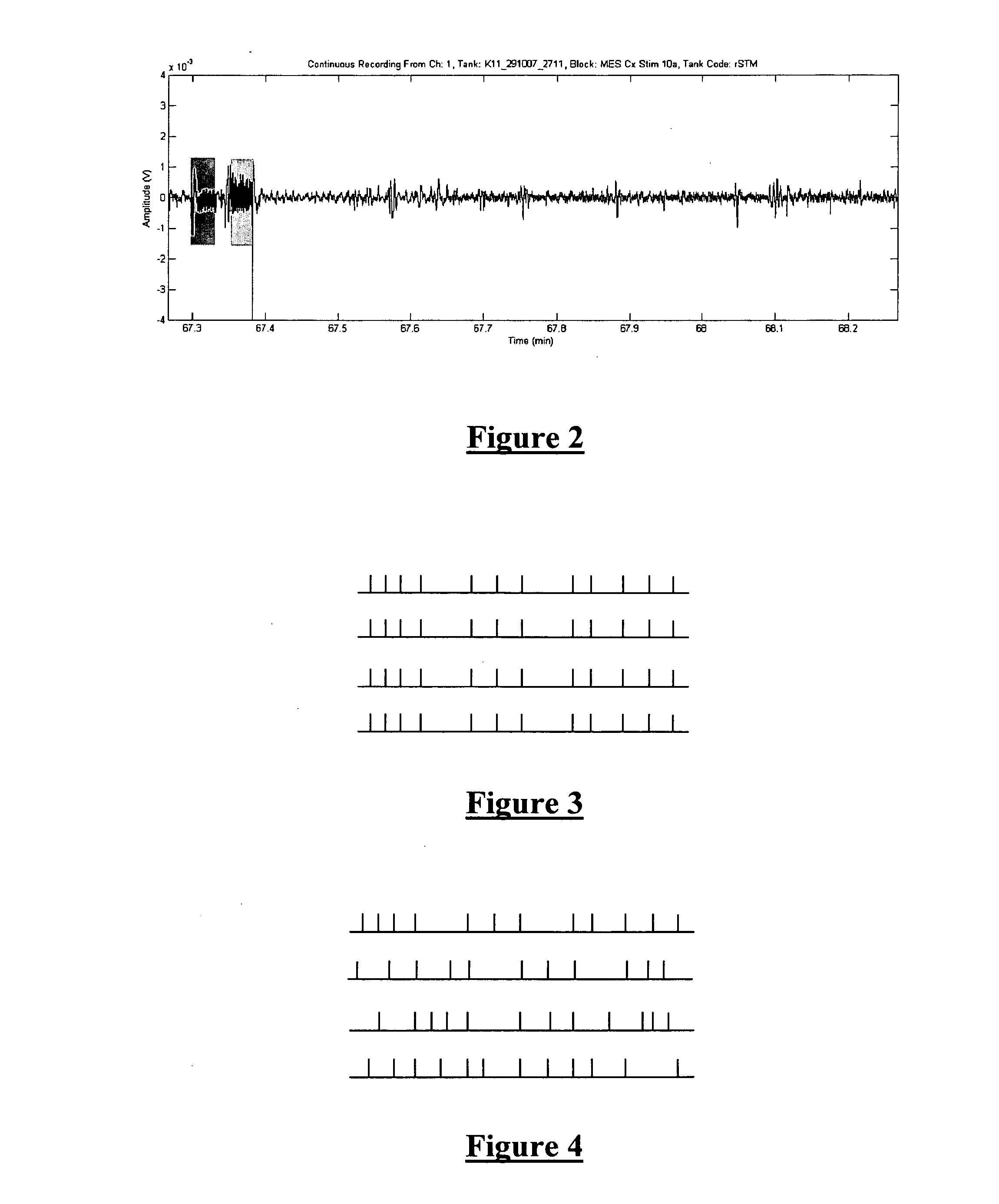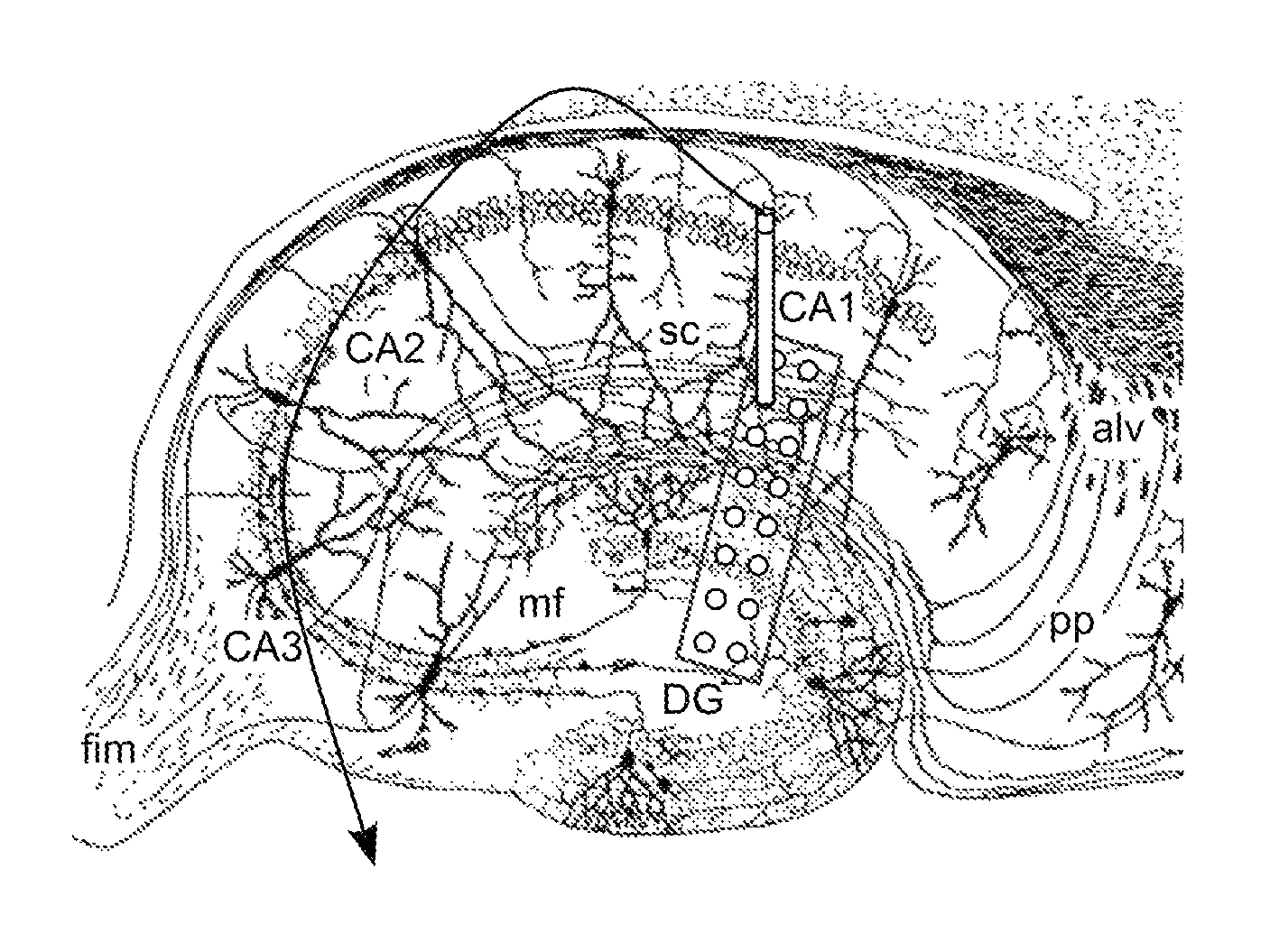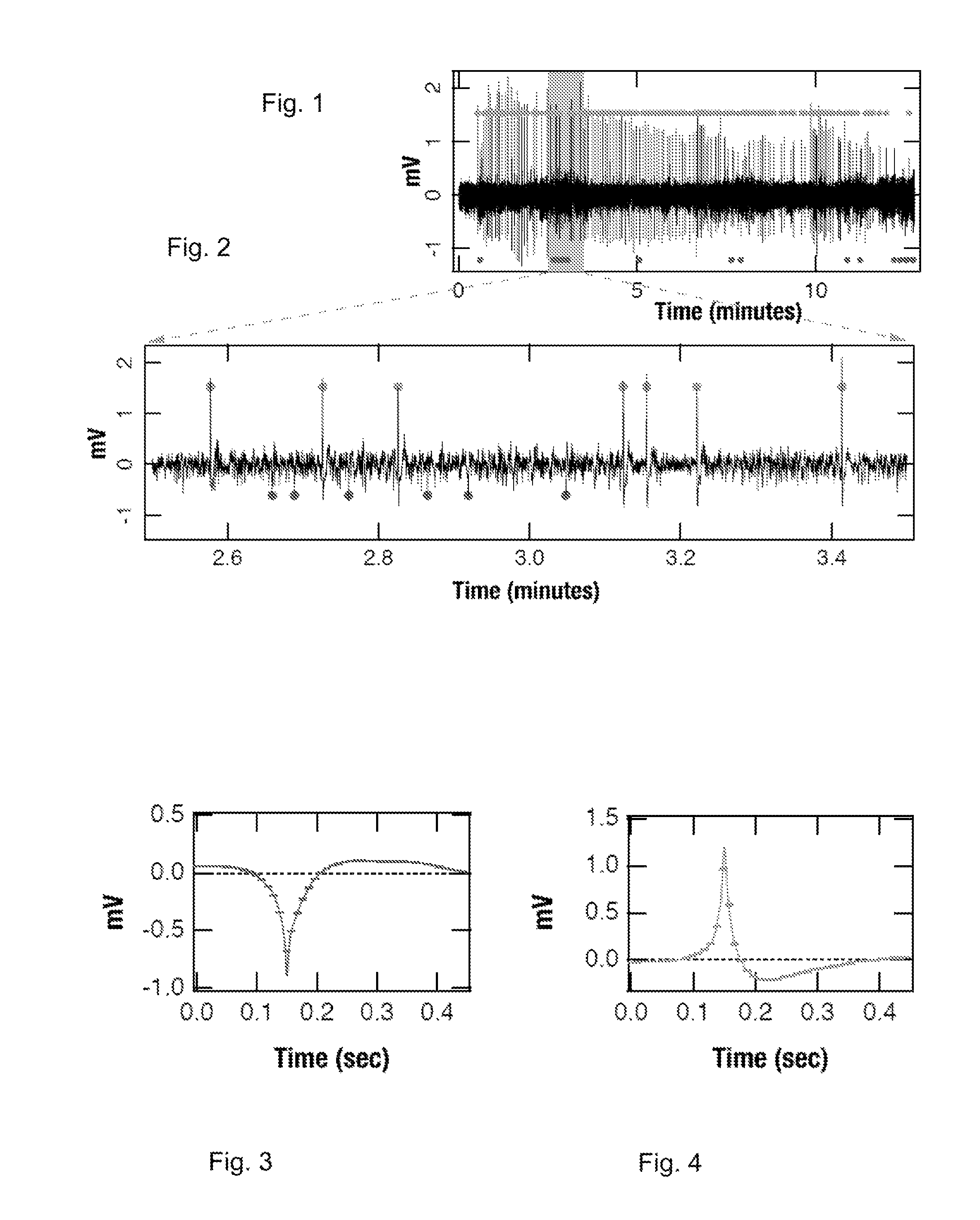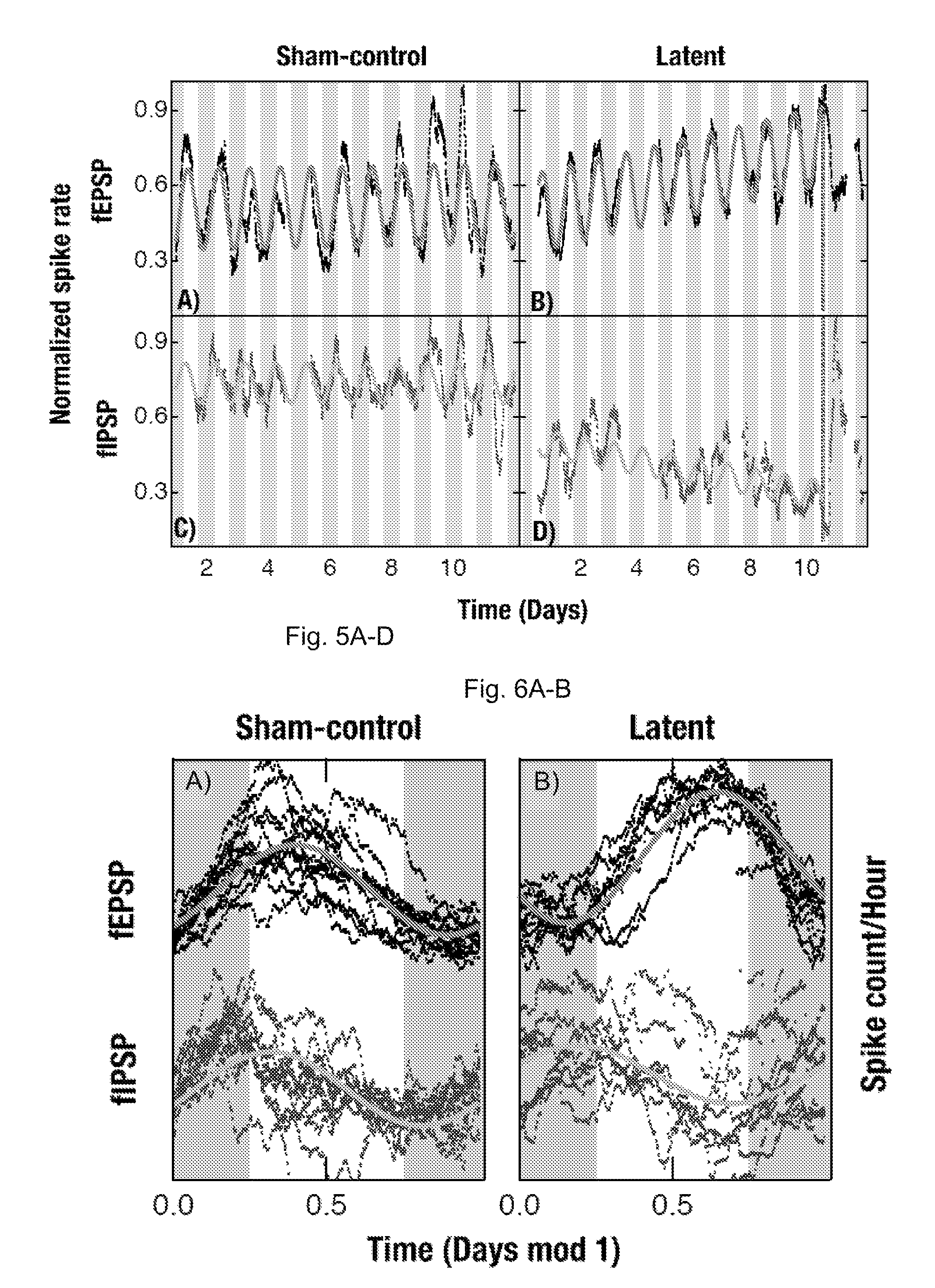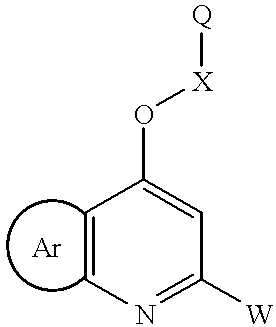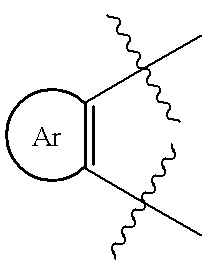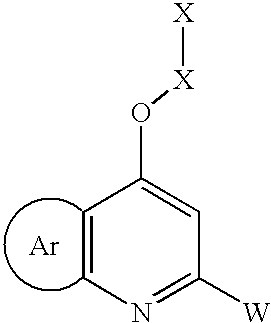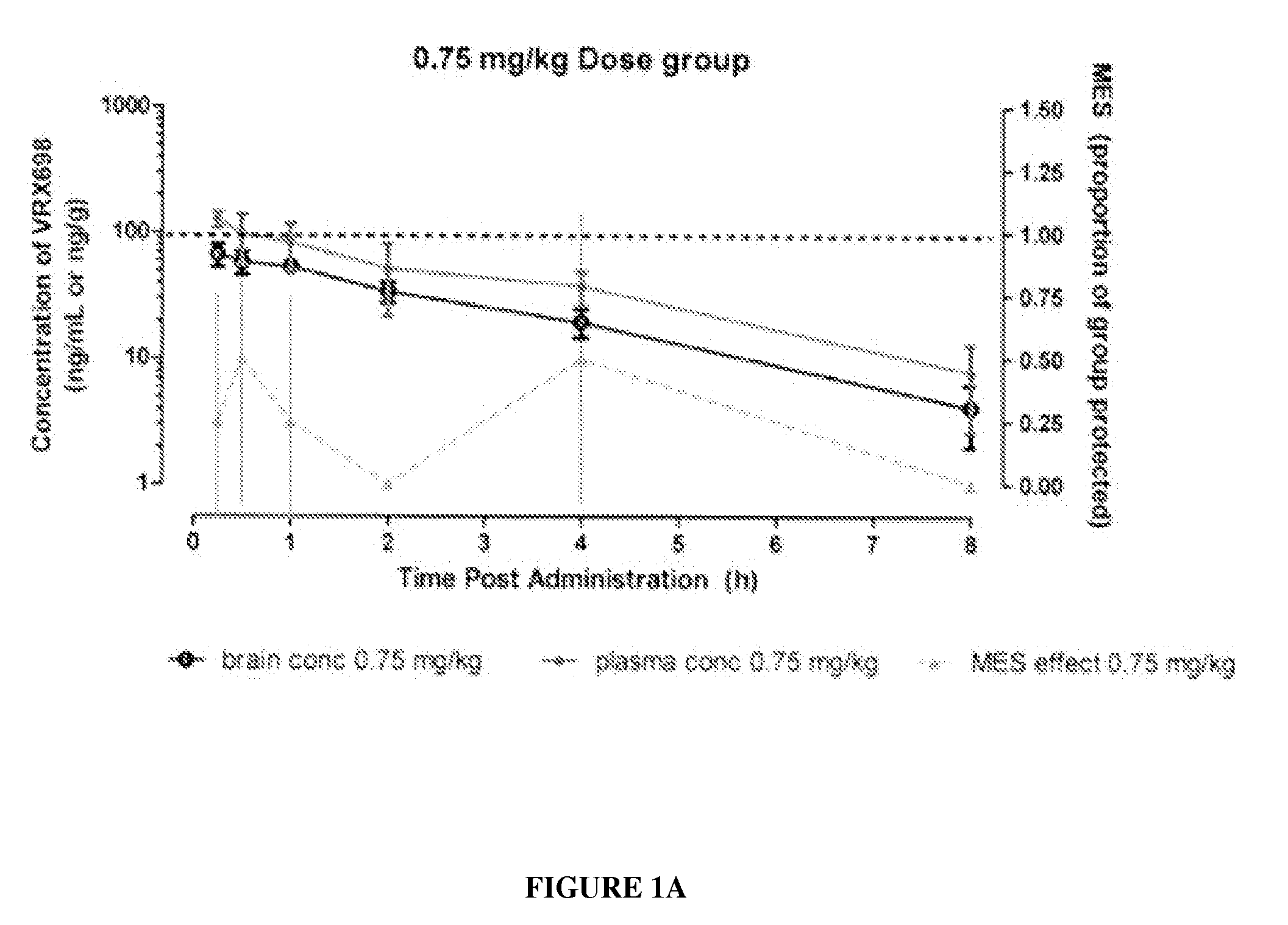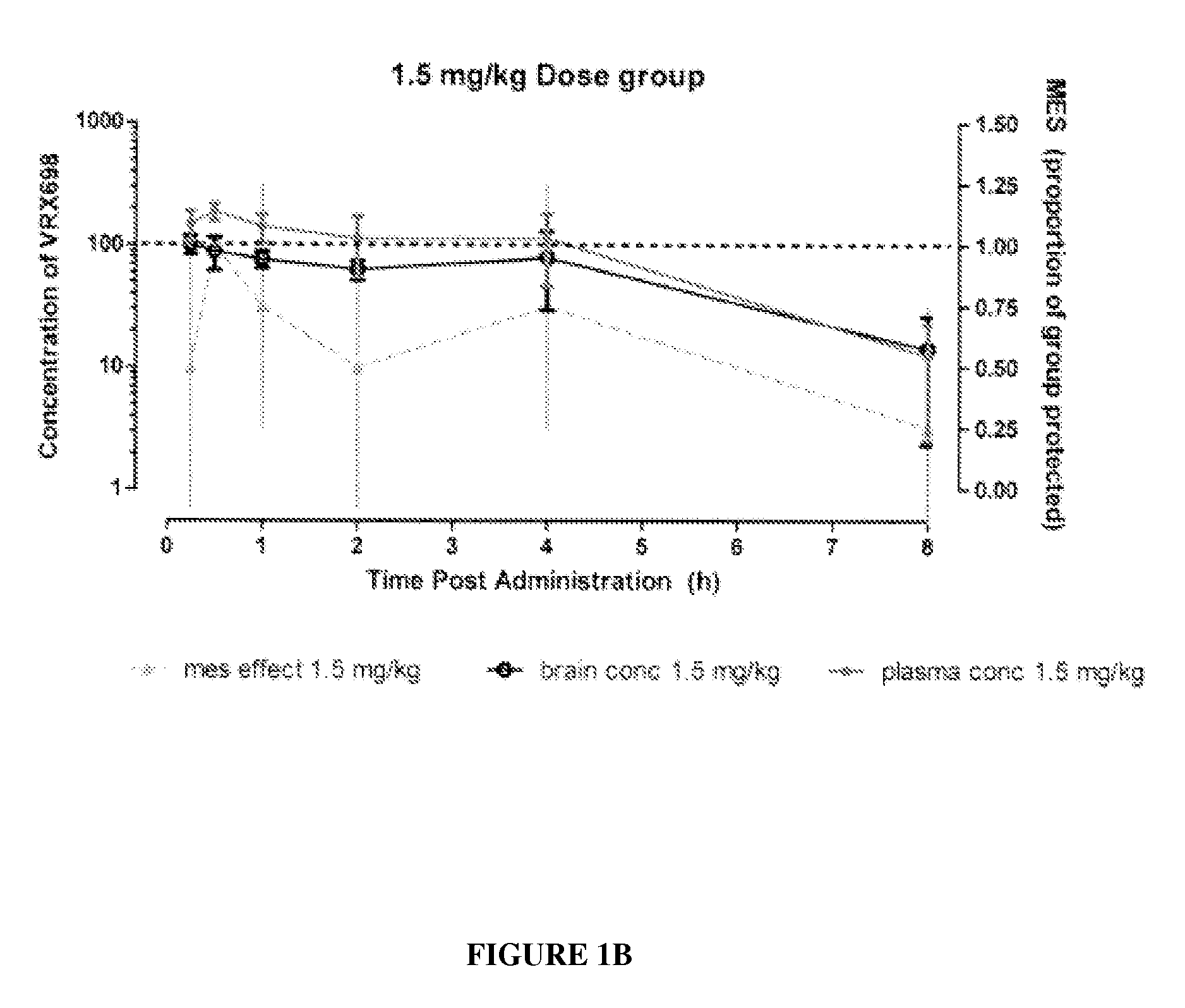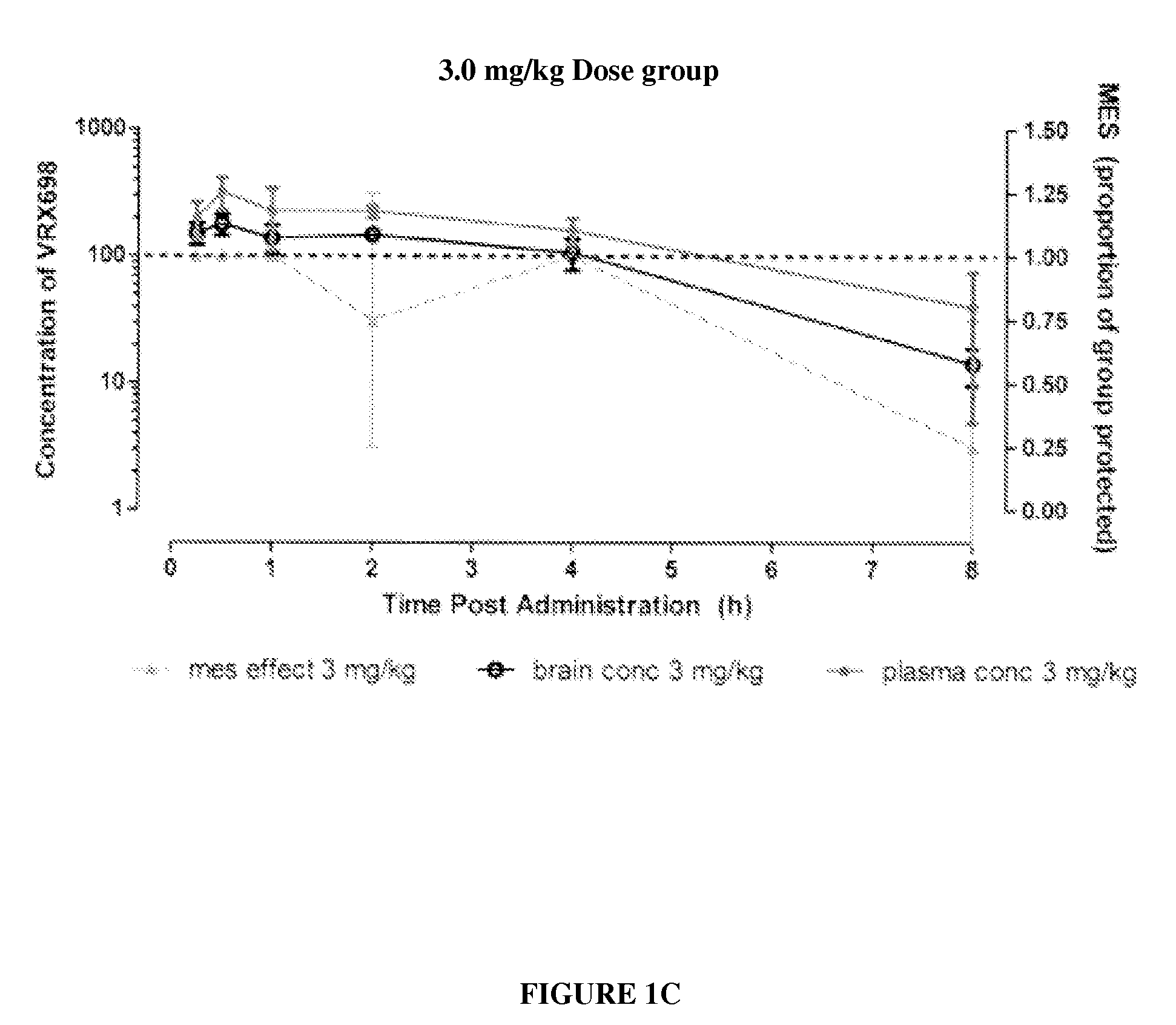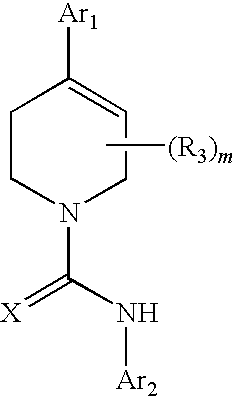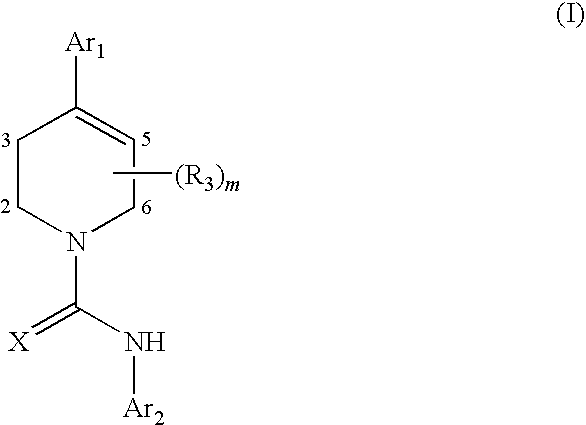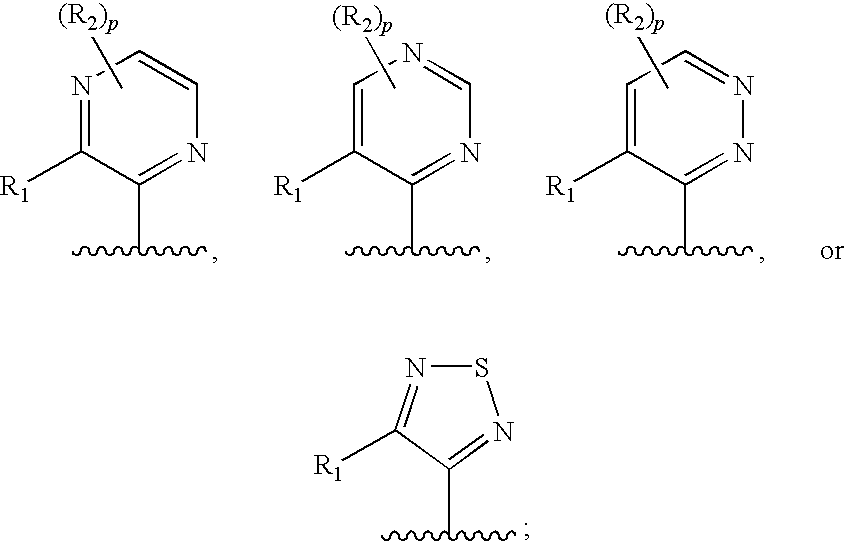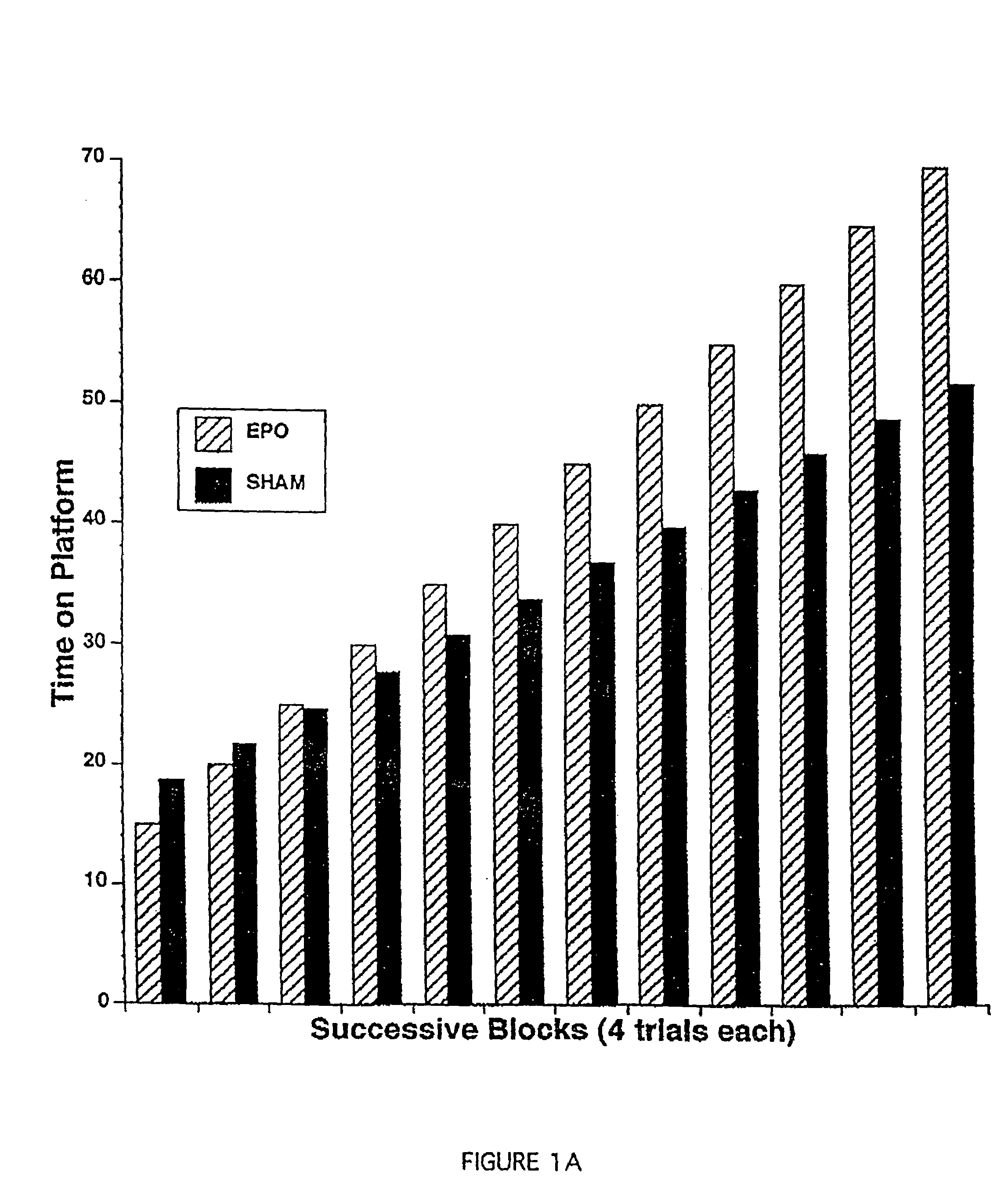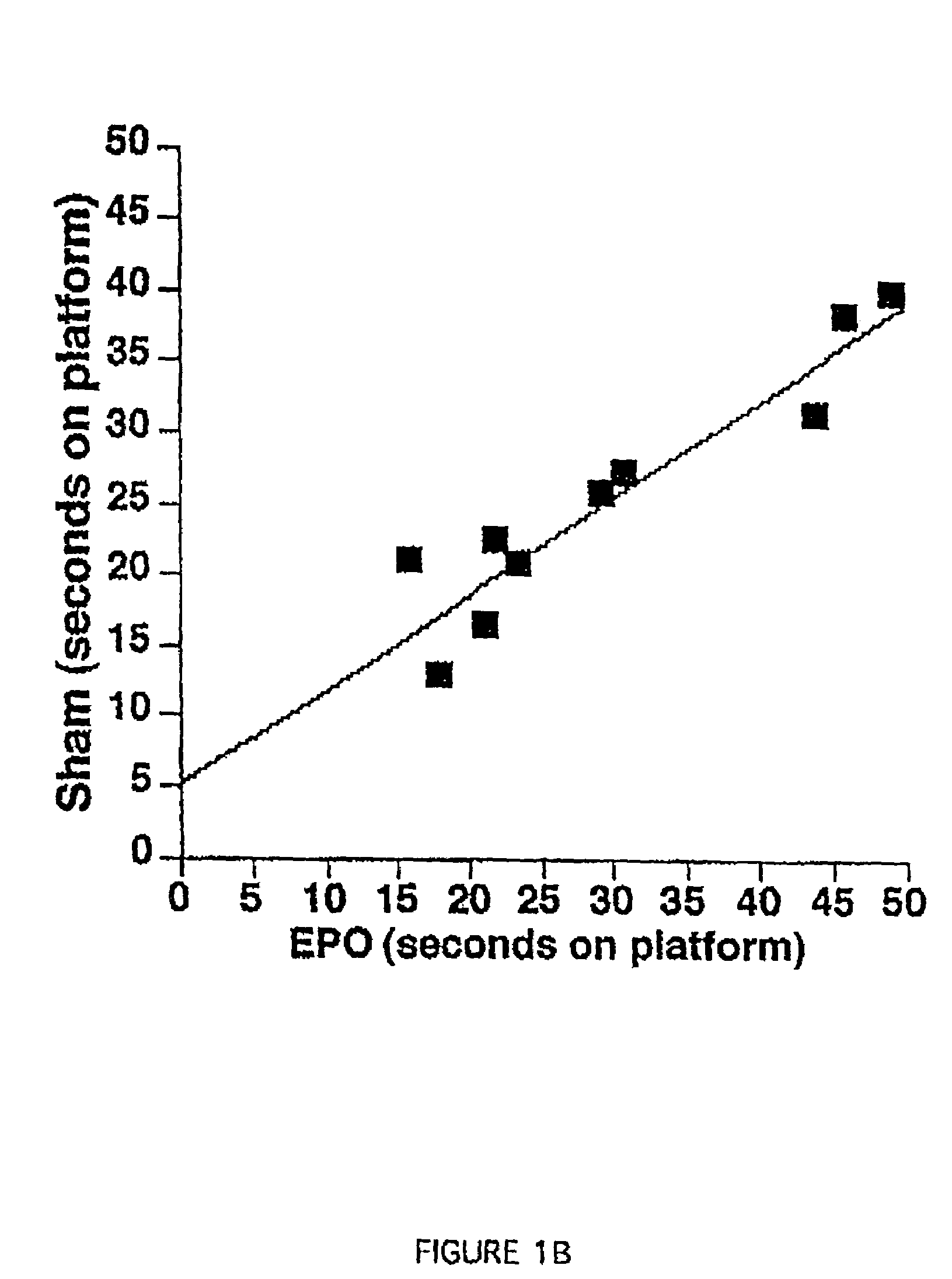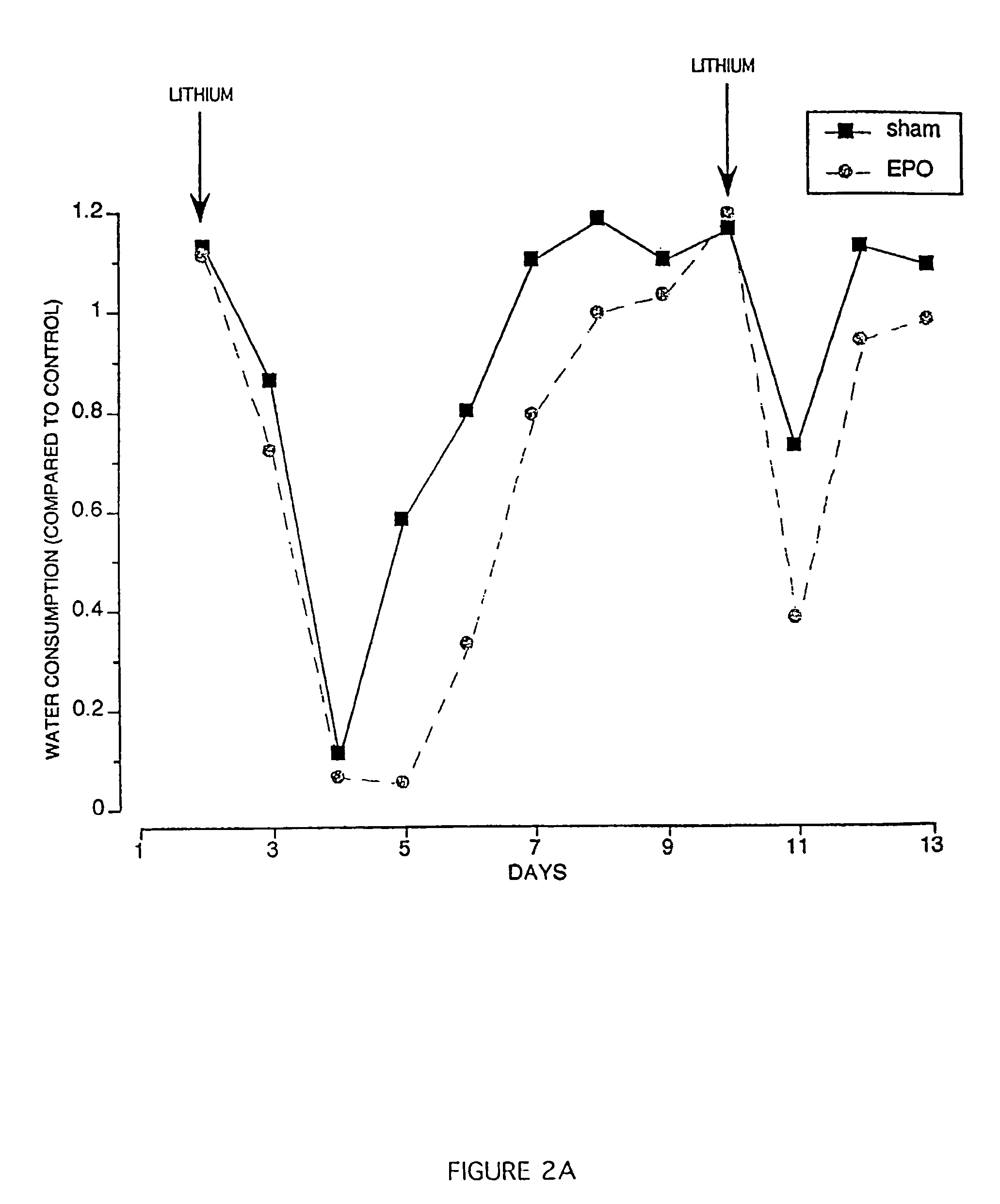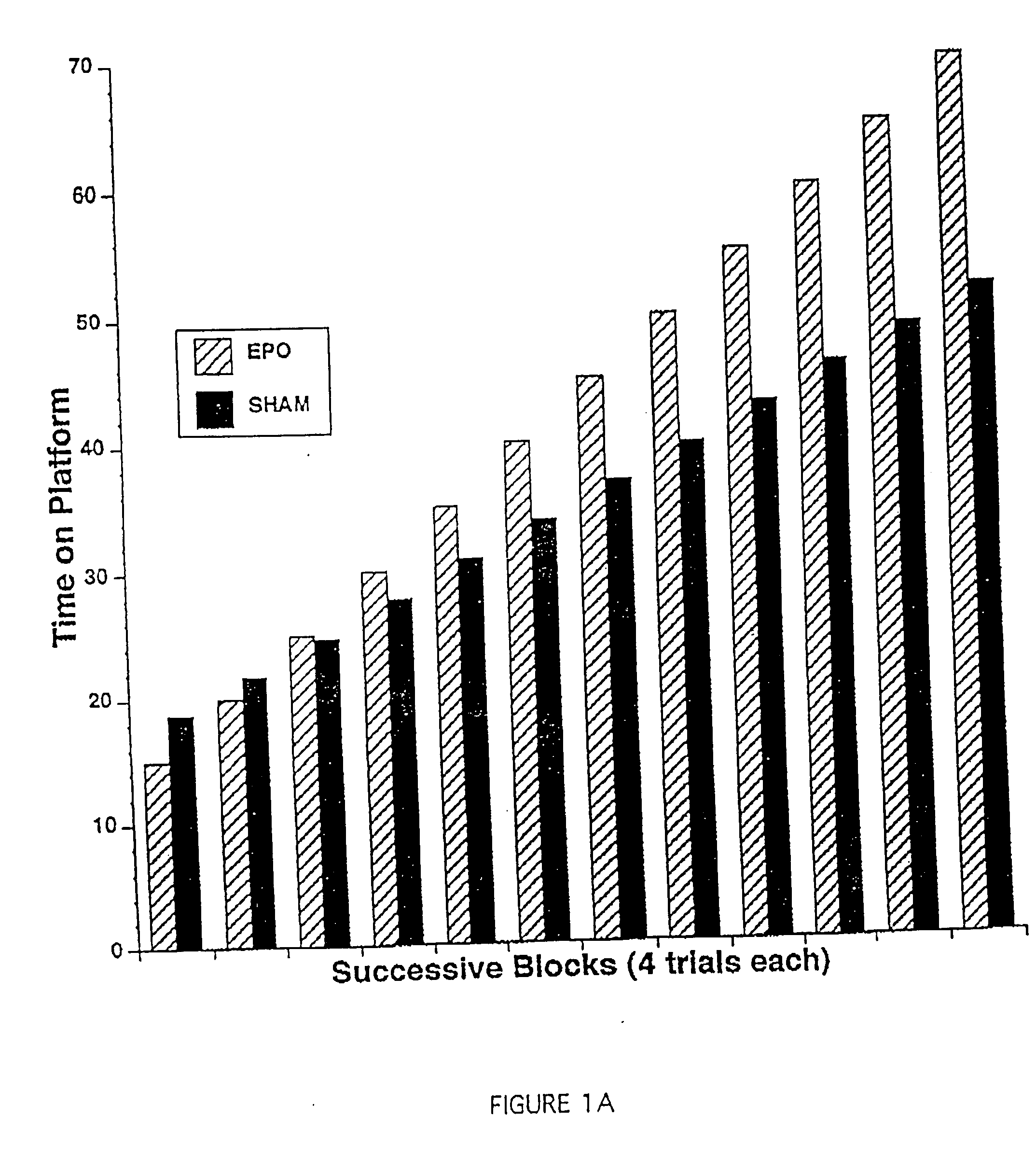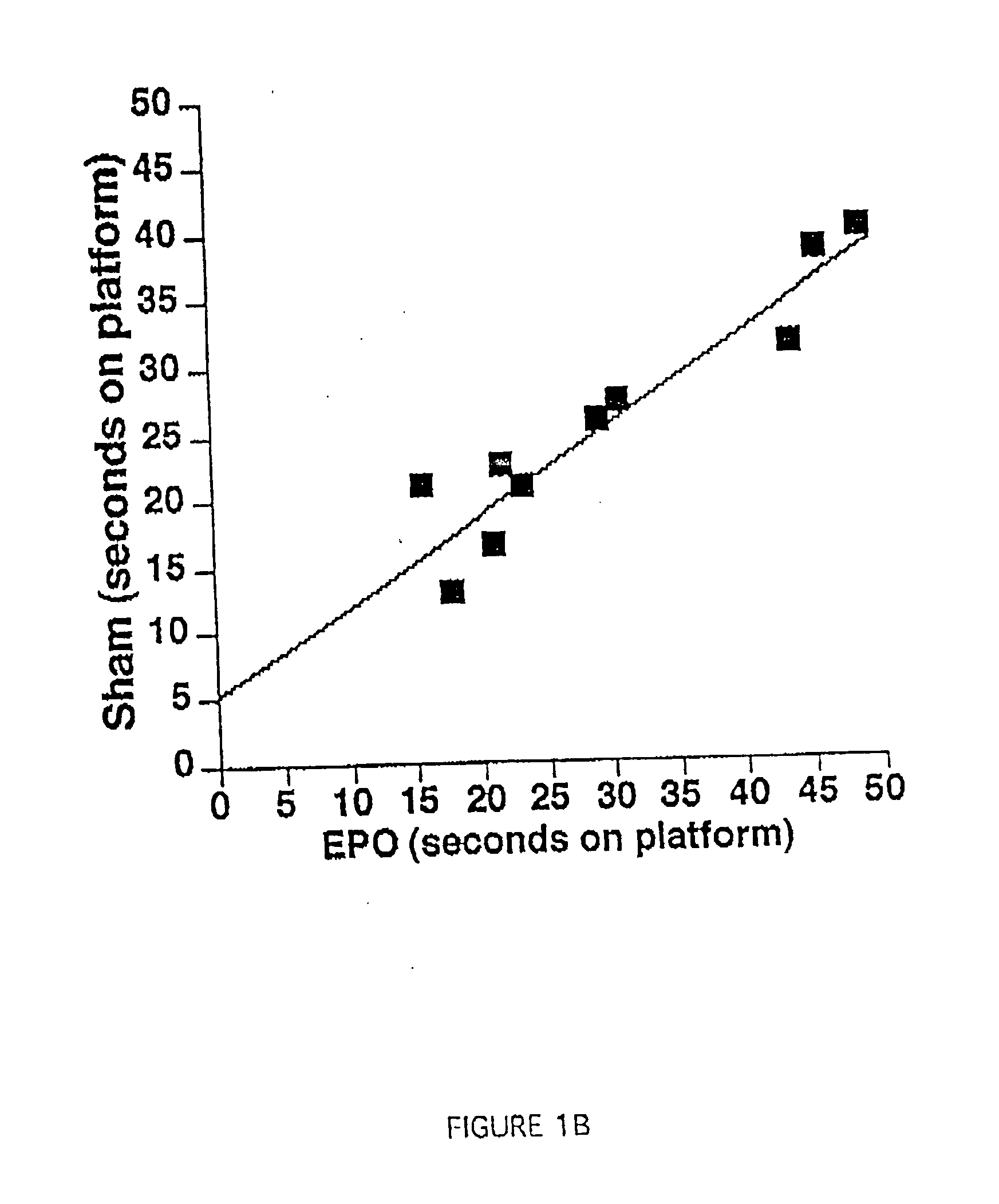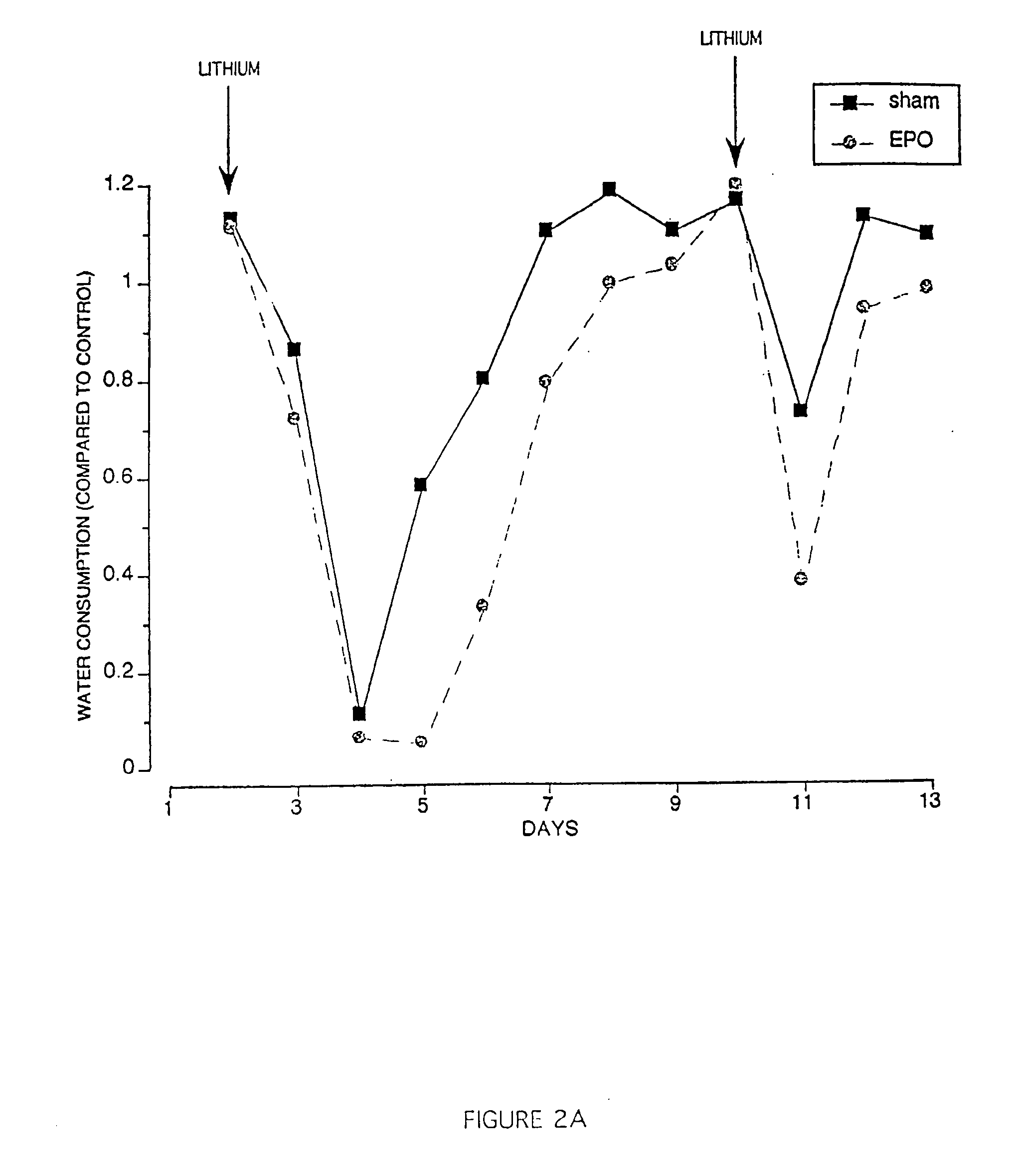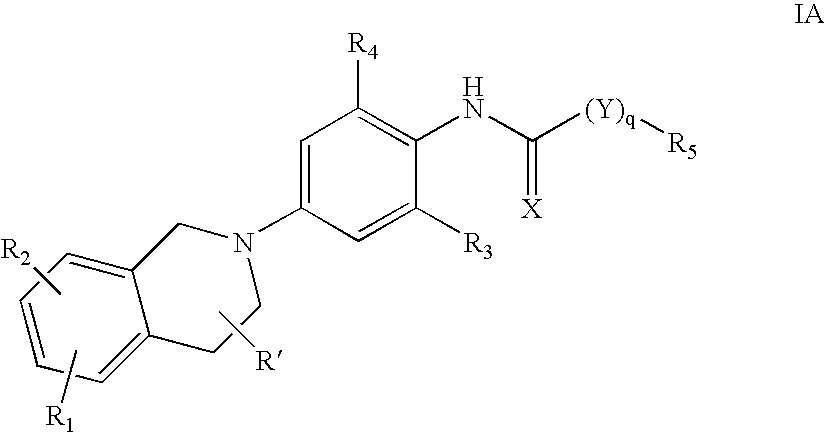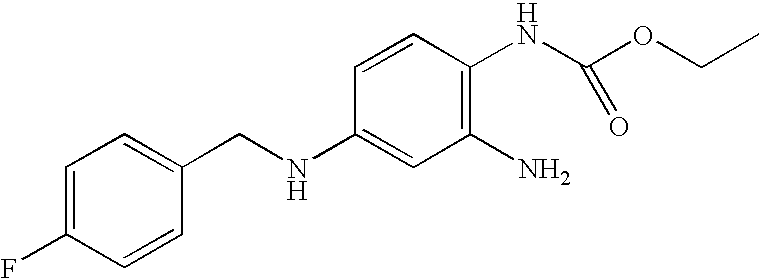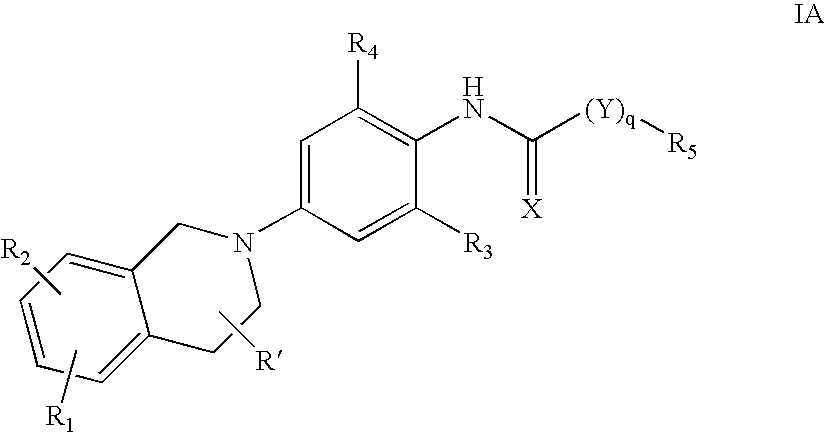Patents
Literature
117 results about "Seizure disorder" patented technology
Efficacy Topic
Property
Owner
Technical Advancement
Application Domain
Technology Topic
Technology Field Word
Patent Country/Region
Patent Type
Patent Status
Application Year
Inventor
Clustering of recorded patient neurological activity to determine length of a neurological event
Apparatus and method detect a detection cluster that is associated with a neurological event, such as a seizure, of a nervous system disorder and update therapy parameters that are associated with a treatment therapy. The occurrence of the detection cluster is detected when the maximal ratio exceeds an intensity threshold. If the maximal ratio drops below the intensity threshold for a time interval that is less than a time threshold and subsequently rises above the intensity threshold, the subsequent time duration is considered as being associated with the detection cluster rather than being associated with a different detection cluster. Consequently, treatment of the nervous system disorder during the corresponding time period is in accordance with one detection cluster. Treatment therapy may be provided by providing electrical stimulation, drug infusion or a combination. Therapy parameters may be updated for each mth successive group of applications of the treatment therapy or for each nth detection cluster.
Owner:MEDTRONIC INC
Seizure therapy method and apparatus
ActiveUS20050261542A1High strengthAvoid stimulationElectrotherapyMagnetotherapySeizure disorderSide effect
The invention provides a method for treating a patient for mental illnesses, such as depression, by applying a magnetic field to the patient, producing a seizure in the patient as a function of a strength of the magnetic field, and preventing further stimulation from the magnetic field when the seizure is in progress. Such Magnetic Seizure Therapy (MST) does not include many of the known side effects of electroconvulsive therapy (ECT).
Owner:NEURONETICS
Methods for treatment and prevention of neuromuscular and muscular conditions by peripherally administered erythropoietin
InactiveUS7309687B1Improve cognitive functionAvoid damageNervous disorderPeptide/protein ingredientsDiseaseCentral neuron
Methods and compositions are provided for protecting or enhancing excitable tissue function in mammals by systemic administration of an erythropoietin receptor activity modulator, such as erythropoietin, which signals via an EPO-activated receptor to modulate the function of excitable tissue. Excitable tissues include central neuronal tissues, such as the brain, peripheral neuronal tissues, retina, and heart tissue. Protection of excitable tissues provides treatment of hypoxia, seizure disorders, neurodegenerative diseases, hypoglycemia, and neurotoxin poisoning. Enhancement of function is useful in learning and memory. The invention is also directed to compositions and methods for facilitating the transport of molecules across endothelial cell tight junction barriers, such as the blood-brain barrier, by association of molecules with an erythropoietin receptor activity modulator, such as an erythropoietin.
Owner:THE KENNETH S WARREN INST
Seizure therapy method and apparatus
ActiveUS7601115B2High strengthAvoid stimulationElectrotherapyMagnetotherapyDiseaseElectroconvulsive therapy
The invention provides a method for treating a patient for mental illnesses, such as depression, by applying a magnetic field to the patient, producing a seizure in the patient as a function of a strength of the magnetic field, and preventing further stimulation from the magnetic field when the seizure is in progress. Such Magnetic Seizure Therapy (MST) does not include many of the known side effects of electroconvulsive therapy (ECT).
Owner:NEURONETICS
Exo-S-mecamylamine formulation and use in treatment
InactiveUS20020016371A1Convenient treatmentImprove Medication AdherenceBiocideUrea derivatives preparationWeight gainingSmoking cessation
A pharmaceutical composition includes a therapeutically effective amount of exo-S-mecamylamine or a pharmaceutically acceptable salt thereof, substantially free of exo-R-mecamylamine in combination with a pharmaceutically acceptable carrier. Preferably the amount is about 0.5 mg to about 20 mg. Medical conditions are treated by administering a therapeutically effective amount of exo-S-mecamylamine or a pharmaceutically acceptable salt thereof, substantially free of its exo-R-mecamylamine, said amount being sufficient to ameliorate the medical condition. The medical conditions include but are not limited to substance addiction (involving nicotine, cocaine, alcohol, amphetamine, opiate, other psychostimulant and a combination thereof), aiding smoking cessation, treating weight gain associated with smoking cessation, hypertension, hypertensive crisis, Tourette's Syndrome and other tremors, cancer (such as small cell lung cancer), atherogenic profile, neuropsychiatric disorders (such as bipolar disorder, depression, an anxiety disorder, schizophrenia, a seizure disorder, Parkinson's disease and attention deficit hyperactivity disorder), chronic fatigue syndrome, Crohn's disease, autonomic dysreflexia, and spasmogenic intestinal disorders.
Owner:UNIV OF SOUTH FLORIDA
Seizure detection
ActiveUS20180189946A1Not identifyImage enhancementImage analysisSeizure detectionPhysical medicine and rehabilitation
Systems, methods and media for detecting a seizure use one or more 3D cameras to monitor an individual. The 3D cameras may detect rigidity and / or rapid movements associated with the tonic or clonic phases of a seizure. Body position and / or movements consistent with a seizure may cause the system or media to alert the individual, a central monitoring system, caregivers, and / or others.
Owner:CERNER INNOVATION
Exo-R-mecamylamine formulation and use in treatment
InactiveUS20020016370A1Convenient treatmentImprove Medication AdherenceBiocideUrea derivatives preparationStimulantS syndrome
A pharmaceutical composition includes a therapeutically effective amount of exo-R-mecamylamine or a pharmaceutically acceptable salt thereof, substantially free of exo-S-mecamylamine in combination with a pharmaceutically acceptable carrier. Preferably the amount is about 0.5 mg to about 20 mg. Medical conditions are treated by administering a therapeutically effective amount of exo-R-mecamylamine or a pharmaceutically acceptable salt thereof, substantially free of its exo-S-mecamylamine, said amount being sufficient to ameliorate the medical condition. The medical conditions include but are not limited to substance addiction (involving nicotine, cocaine, alcohol, amphetamine, opiate, other psychostimulant and a combination thereof), aiding smoking cessation, treating weight gain associated with smoking cessation, hypertension, hypertensive crisis, Tourette's Syndrome and other tremors, cancer (such as small cell lung cancer), atherogenic profile, neuropsychiatric disorders (such as bipolar disorder, depression, an anxiety disorder, schizophrenia, a seizure disorder, Parkinson's disease and attention deficit hyperactivity disorder), chronic fatigue syndrome, Crohn's disease, autonomic dysreflexia, and spasmogenic intestinal disorders.
Owner:UNIV OF SOUTH FLORIDA
Asymmetric synthesis of pregabalin
InactiveUS6891059B2Effective approachDisposal of minimizedNervous disorderCarboxylic acid nitrile preparationPregabalinAsymmetric hydrogenation
This invention provides a method of making (S)-(+)-3-(aminomethyl)-5-methylhexanoic acid (pregabalin) or a salt thereof via an asymmetric hydrogenation synthesis. Pregabalin is useful for the treatment and prevention of seizure disorders, pain, and psychotic disorders. The invention also provides intermediates useful in the production of pregabalin.
Owner:WARNER-LAMBERT CO
Seizure related disorders and therapeutic methods thereof
Methods of treating seizure disorders by administration of a therapeutically effective amount of at least one precursor of propionyl-CoA in the absence of a ketogenic diet are provided. The present invention particularly applies to administration of triglyceride oils and preferably, triheptanoin and derivatives thereof.
Owner:THE UNIV OF QUEENSLAND
Compounds and Methods for Treating Seizure Disorders
InactiveUS20060217303A1Reduce seizuresAlleviating paroxysmal disorderBiocideNervous disorderMedicineGluconeogenic enzymes
This invention provides methods for alleviating seizure disorders in an animal, particularly epilepsy, by regulating the flux through the gluconeogenic enzyme PEPCK in brain cells.
Owner:WISCONSIN ALUMNI RES FOUND
Composition for the prevention and treatment of absence seizures comprising pkc agonist as an effective ingredient
InactiveUS20110243917A1Decrease and absenceGood for healthBiocideNervous disorderAdditive ingredientAgonist
The present invention relates to a composition comprising PKC agonist as an active ingredient. More precisely, the present inventors confirmed that absence seizure specific SWD was reduced by administrating PKC agonist into an animal model. Therefore, the composition of the present invention comprising PKC agonist as an active ingredient can be effectively used for the prevention and treatment of absence seizure and for the production of health improving functional food.
Owner:KOREA INST OF SCI & TECH
Pacemaker for treating physiological system dysfunction
InactiveUS20090264952A1Avoid seizuresEffective preventionElectroencephalographyElectrotherapyCardiac pacemaker electrodeMedicine
Disclosed is a device and method for preventing seizures due to physiological system dysfunction. The method is based on a conjectural model of the brain wherein each brain site is modeled as a chaotic oscillator; a normal brain generates an internal feedback signal to prevent long-term entrainment among the oscillators; and a pathological brain fails to provide this feedback signal. The device of the present invention measures and characterizes the brain sites to determine if entrainment is occurring among the oscillators, derives an appropriate feedback signal to counteract the entrainment, and applies the feedback signal to the critical brain sites. The feedback signal generated by the device supplements or takes the place of the feedback signal that would otherwise be generated by the normal brain.
Owner:ARIZONA STATE UNIVERSITY
Brain signal telemetry and seizure prediction
An ambulatory intrinsic brain signal processor circuit is coupled to a plurality of electrodes. The signal processor circuit can include a digital multiplexer circuit coupled to the electrodes to multiplex brain signal data from different electrodes together into a multiplexed data stream. An ambulatory transceiver circuit wirelessly communicates information to and from a remote transceiver. A controller circuit permits a user to control which of the electrodes contribute data, a data resolution, and whether the data includes one or both of neural action or local field potential data. Seizure prediction components and methods are also described.
Owner:BIO SIGNAL GROUP CORP
Neurorestoration with R(+) Pramipexole
Formulations and methods of use thereof for restoring neuronal, muscular (cardiac and striated) and / or retinal tissue function in children and adults afflicted with chronic neurodegenerative diseases, such as neurodegenerative movement disorders and ataxias, seizure disorders, motor neuron diseases, and inflammatory demyelinating disorders, are described herein. Examples of disorders include Alzheimer's disease (AD), Parkinson's disease (PD), and amyotrophic lateral sclerosis (ALS). The method involves administering a pharmaceutical composition containing an effective amount of a tetrahydrobenzathiazole, preferably a formulation consisting substantially of the R(+) enantiomer of pramipexole. R(+) pramipexole is generally administered in doses ranging from 0.1-300 mg / kg / daily, preferably 0.5-50 mg / kg / daily, and most preferably 1-10 mg / kg / daily for oral administration. Daily total doses administered orally are typically between 10 mg and 500 mg. Alternatively, R(+) pramipexole can be administered parenterally to humans with acute brain injury in single doses between 10 mg and 100 mg and / or by continuous intravenous infusions between 10 mg / day and 500 mg / day.
Owner:UNIV OF VIRGINIA ALUMNI PATENTS FOUND
Method of treating migraine headache without aura
InactiveUS7214711B2Function increaseUseful in treatmentBiocideNervous disorderNervous systemTreatment pain
The present invention relates to methods and compositions for treating selected conditions of the central and peripheral nervous systems employing non-synaptic mechanisms. More specifically, one aspect of the present invention relates to methods and materials for treating seizure and seizure disorders, epilepsy, status epilepticus, migraine, spreading depression, intracranial hypertension; for treating the pathophysiological effects of head trauma, stroke, ischemia and hypoxia; for treating or protecting from the pathophysiological effects of neurotoxic agents such as ethanol; and for treating neurophsyciatric disorders and central nervous system edema by administering agents that modulate ionic concentrations and / or ionic gradients in the brain, particularly ion-dependent or cation-chloride cotransporter antagonists. Electrolyte cotransport antagonists and combinations of such compositions with other agents for treating various conditions are disclosed. The present invention also relates to methods and compositions for treating pain by administering ion-dependent cotransporter antagonists. Methods and compositions for enhancing cortical function, for example, in centers of cognition, learning and memory, by administering ion-dependent cotransporter agonists are disclosed.
Owner:NEUROTHERAPEUTICS PHARMA
Compositions and methods for the treatment of disorders of the central and peripheral nervous systems
InactiveUS20060035914A1Reducing neurodegenerative effectReduced activitySalicyclic acid active ingredientsBiocideDiseaseNervous system
The present invention relates to methods and compositions for treating selected conditions of the central and peripheral nervous systems employing non-synaptic mechanisms. More specifically, one aspect of the present invention relates to methods and materials for treating seizure and seizure disorders, epilepsy, status epilepticus, migraine, spreading depression, intracranial hypertension; for treating the pathophysiological effects of head trauma, stroke, ischemia and hypoxia; for treating or protecting from the pathophysiological effects of neurotoxic agents such as ethanol; and for treating neuropsychiatric disorders and central nervous system edema by administering agents that modulate ionic concentrations and / or ionic gradients in the brain, particularly ion-dependent or cation-chloride cotransporter antagonists. Electrolyte cotransport antagonists and combinations of such compositions with other agents for treating various conditions are disclosed.
Owner:NEUROTHERAPEUTICS PHARMA
Digital electromagnetic pulse generator
ActiveUS20060224215A1Efficient and flexible generationCreate efficientlyElectrotherapyDiseaseMicrocontroller
Method and apparatus are provided for therapeutic administration to body parts digitally generated electromagnetic fields with trapezoidal, square, triangular and sawtoothed and other complex temporal field waveforms that are microcontroller controlled for a range of amplitude, frequency, and dc offsets; the apparatus providing programmed sequences of radiation waveforms. Multiple electromagnetic antennas establish a variety of field configurations for exposure of various body parts in the treatment of a wide range of afflictions including exfoliation of calcium deposits causing improvements in arthritis and other rheumatic diseases—osteoarthritis, nervous interconnection (neuropathies), etc., the treatment of tremors and seizures, migraine, hypertension, lower back pain, urinary incontinence, and premenstrual tension. Temperature sensors within the antennas are provided to limit the temperatures therein.
Owner:PATTERN ERNEST PAUL +1
Exo-S-mecamylamine formulation and use in treatment
InactiveUS6734215B2Improve Medication AdherenceImprove the quality of lifeBiocideNervous disorderStimulantOpiate
Medical conditions are treated by administering a therapeutically effective amount of exo-S-mecamylamine or a pharmaceutically acceptable salt thereof, substantially free of its exo-R-mecamylamine, said amount being sufficient to ameliorate the medical condition. The medical conditions include substance addiction (involving nicotine, cocaine, alcohol, amphetamine, opiate, other psychostimulant and a combination thereof), Tourette's Syndrome, and neuropsychiatric disorders (such as bipolar disorder, depression, an anxiety disorder, schizophrenia, a seizure disorder, Parkinson's disease and attention deficit hyperactivity disorder).
Owner:UNIV OF SOUTH FLORIDA
Neurorestoration With R(+) Pramipexole
Formulations and methods of use thereof for restoring neuronal tissue function in children and adults afflicted with chronic neurodegenerative diseases, such as neurodegenerative movement disorders and ataxias, seizure disorders, motor neuron diseases, and inflammatory demyelinating disorders. Examples of disorders include Alzheimer's disease (AD), Parkinson's disease (PD), and amyotrophic lateral sclerosis (ALS). The method involves administering a pharmaceutical composition containing an effective amount of a tetrahydrobenzathiazole, preferably a formulation consisting substantially of the R(+) enantiomer of pramipexole. R(+) pramipexole is generally administered in doses ranging from 0.1-300 mg / kg / daily, preferably 0.5-50 mg / kg / daily, and most preferably 1-10 mg / kg / daily for oral administration. Daily total doses administered orally are typically between 10 mg and 500 mg. Alternatively, R(+) pramipexole can be administered parenterally to humans with acute brain injury in single doses between 10 mg and 100 mg, and / or by continuous intravenous infusions between 10 mg / day and 500 mg / day.
Owner:UNIV OF VIRGINIA ALUMNI PATENTS FOUND
(Halobenzyloxy) Benzylamino-Propanamides as Sodium and/or Calcium Channel Selective Modulators
The invention relates to the use of selected (R)-2-[(halobenzyloxy)benzylamino]-propanamides and the pharmaceutically acceptable salts thereof for the manufacture of medicament, that are selectively active assodium and / or calcium channel modulators and therefore useful in preventing, alleviating and curing a wide range of pathologies, including, pain, migraine, periferal diseases, cardiovascular diseases, inflammatory processes affecting all body systems, disorders affecting skin and related tissues, disorders of the respiratory system, disorders of the immune and endocrinological systems, gastrointestinal, urogenital, metabolic and seizure disorders, where the above mechanisms have been described as playing a pathological role.
Owner:NEWRON PHARMACEUTICALA SPA
Method of counteracting seizures
InactiveUS20120095524A1High pulse rateReducing synchronyElectrotherapyArtificial respirationElectricityMedicine
The present invention provides a method for counteracting seizure events in a mammalian brain, the method comprising applying an electrical stimulus to the brain, the electrical stimulus being pulsatile and comprising pulses forming a pulse train. In order to effectively “desynchronize” the neural activity patterns in the brain, the pulse train can be at a frequency greater than substantially 300 Hz and at a duty cycle greater than substantially 20%, the pulse train can have an inconstant inter pulse interval such that the pulse rate is not constant throughout the pulse train, and the pulses can have a pulse width greater than substantially 300 μsec. Apparatus for carrying out the method is also described.
Owner:THE BIONICS INST OF AUSTRALIA
Method and system for detecting epileptogenesis
Neuronal excitation and inhibition of the brain is tracked in the hippocampal CA1 network during a latent period, wherein biomarkers are observed which include a sustained increase in the firing rate of the excitatory postsynaptic field activity, paired with a subsequent decrease in the firing rate of the inhibitory postsynaptic field activity; the mean amplitude profiles of both fEPSP and fEPSP field potential activity during the latent period have characteristic shapes; both excitatory and inhibitory CA1 field activity firing rates are observed to follow a circadian rhythm that drifts during epileptogenesis; the circadian rhythms described are in-phase in controls and anti-phase during epileptogenesis; and the fEPSP rate drifts from a circadian rhythm to a greater extent than the fEPSP rate. An additional biomarker is a change in a circadian rhythm of core body temperature. Therapeutic measures can include thermal, chemical, or electrical modulation, in an open or closed loop process.
Owner:UNIV OF FLORIDA RES FOUNDATION INC
Aryl fused substituted 4-oxy-pyridines
Disclosed are compounds of the formula:wherein X, Q, W andare as defined herein. These compounds are agonists, antagonists or inverse agonists for GABAA brain receptors or prodrugs of agonists, antagonists or inverse agonists for GABAA brain receptors and are therefore useful in the diagnosis and treatment of anxiety, depression, Down Syndrome, sleep and seizure disorders, overdose with benzodiazepine drugs and for enhancement of memory. Pharmaceutical compositions, including packaged pharmaceutical compositions, are further provided. Compounds of the invention are also useful as probes for the localization of GABAA receptors in tissue samples.
Owner:NEUROGEN
N-(4-(6-fluoro-3,4-dihydroisoquinolin-2(1H)-yl)-2,6-dimethylphenyl)-3,3-dimethylbutanamide as potassium channel modulators
This invention provides a compound of formula AThe compound provided herein can affect the opening of, or otherwise modulate, voltage-gated potassium channels. The compound provided herein is useful for the treatment and prevention of diseases and disorders which are affected by activation or modulation of potassium ion channels. One such condition is seizure disorders.
Owner:VALEANT PHARMA LUXEMBOURG S AR L +1
Therapeutic Agents Useful for Treating Pain
A compound of formula:where Ar1, Ar2, X, R3, and m are as disclosed herein or a pharmaceutically acceptable salt thereof (a “Cycloheteroalkenyl Compound”); compositions comprising an effective amount of a Cycloheteroalkenyl Compound; and methods for treating or preventing pain, UI, an ulcer, IBD, IBS, an addictive disorder, Parkinson's disease, parkinsonism, anxiety, epilepsy, stroke, a seizure, a pruritic condition, psychosis, a cognitive disorder, a memory deficit, restricted brain function, Huntington's chorea, amyotrophic lateral sclerosis, dementia, retinopathy, a muscle spasm, a migraine, vomiting, dyskinesia, or depression in an animal comprising administering to an animal in need thereof an effective amount of a Cycloheteroalkenyl Compound are disclosed herein.
Owner:PURDUE PHARMA LP
Modulation of excitable tissue function by peripherally administered erythropoietin
InactiveUS7345019B1Improve cognitive functionAvoid damageNervous disorderPeptide/protein ingredientsMammalWhole body
Methods and compositions are provided for protecting or enhancing excitable tissue function in mammals by systemic administration of an erythropoietin receptor activity modulator, such as erythropoietin, which signals via an EPO-activated receptor to modulate the function of excitable tissue. Excitable tissues include central neuronal tissues, such as the brain, peripheral neuronal tissues, retina, and heart tissue. Protection of excitable tissues provides treatment of hypoxia, seizure disorders, neurodegenerative diseases, hypoglycemia, and neurotoxin poisoning. Enhancement of function is useful in learning and memory. The invention is also directed to compositions and methods for facilitating the transport of molecules across endothelial cell tight junction barriers, such as the blood-brain barrier, by association of molecules with an erythropoietin receptor activity modulator, such as an erythropoietin.
Owner:THE KENNETH S WARREN INST
Methods for preventing or treating neuromuscular or muscular conditions by peripherally administered erythropoietin
InactiveUS20070298031A1Improve cognitive functionAvoid damageBiocidePeptide/protein ingredientsCentral neuronRed blood cell
Methods and compositions are provided for protecting or enhancing excitable tissue function in mammals by systemic administration of an erythropoietin receptor activity modulator, such as erythropoietin, which signals via an EPO-activated receptor to modulate the function of excitable tissue. Excitable tissues include central neuronal tissues, such as the brain, peripheral neuronal tissues, retina, and heart tissue. Protection of excitable tissues provides treatment of hypoxia, seizure disorders, neurodegenerative diseases, hypoglycemia, and neurotoxin poisoning. Enhancement of function is useful in learning and memory. The invention is also directed to compositions and methods for facilitating the transport of molecules across endothelial cell tight junction barriers, such as the blood-brain barrier, by association of molecules with an erythropoietin receptor activity modulator, such as an erythropoietin.
Owner:THE KENNETH S WARREN INST
Compounds of use in the treatment of epilepsy, seizure, and electroconvulsive disorders
The present invention provides pharmaceutical preparations and the uses thereof for preventing and / or treating seizures and other electroconvulsive disorders by administering a pharmaceutically effective amount of a therapeutic compound having the following formula (I):Embodiments include administering an effective amount of 4,4′-thiodianiline, 4,4′-diaminobenzophenone, 4,4′-methylenedianiline, 4,4′-diaminodiphenyl ether, or (3-aminophenyl)-(4-aminophenyl) amine, an analog, or a pharmaceutically accepted salt or complex thereof to a mammal in need of treatment or prevention of epilepsy, seizure, or other electroconvulsive disorder.
Owner:UNIVERSITY OF KENTUCKY
Derivatives of 4-(n-azacycloalkyl) anilides as potassium channel modulators
This invention provides a compound of formula IAwhere X═O or S; Y is O or S; q=1 or 0; and other substituents are defined herein. Such compounds can affect the opening of, or otherwise modulate, voltage-gated potassium channels. They are potentially useful for the treatment and prevention of diseases and disorders which are affected by activation or modulation of potassium ion channels. One such condition is seizure disorders.
Owner:XENON PHARMACEUTICALS INC +1
Features
- R&D
- Intellectual Property
- Life Sciences
- Materials
- Tech Scout
Why Patsnap Eureka
- Unparalleled Data Quality
- Higher Quality Content
- 60% Fewer Hallucinations
Social media
Patsnap Eureka Blog
Learn More Browse by: Latest US Patents, China's latest patents, Technical Efficacy Thesaurus, Application Domain, Technology Topic, Popular Technical Reports.
© 2025 PatSnap. All rights reserved.Legal|Privacy policy|Modern Slavery Act Transparency Statement|Sitemap|About US| Contact US: help@patsnap.com
